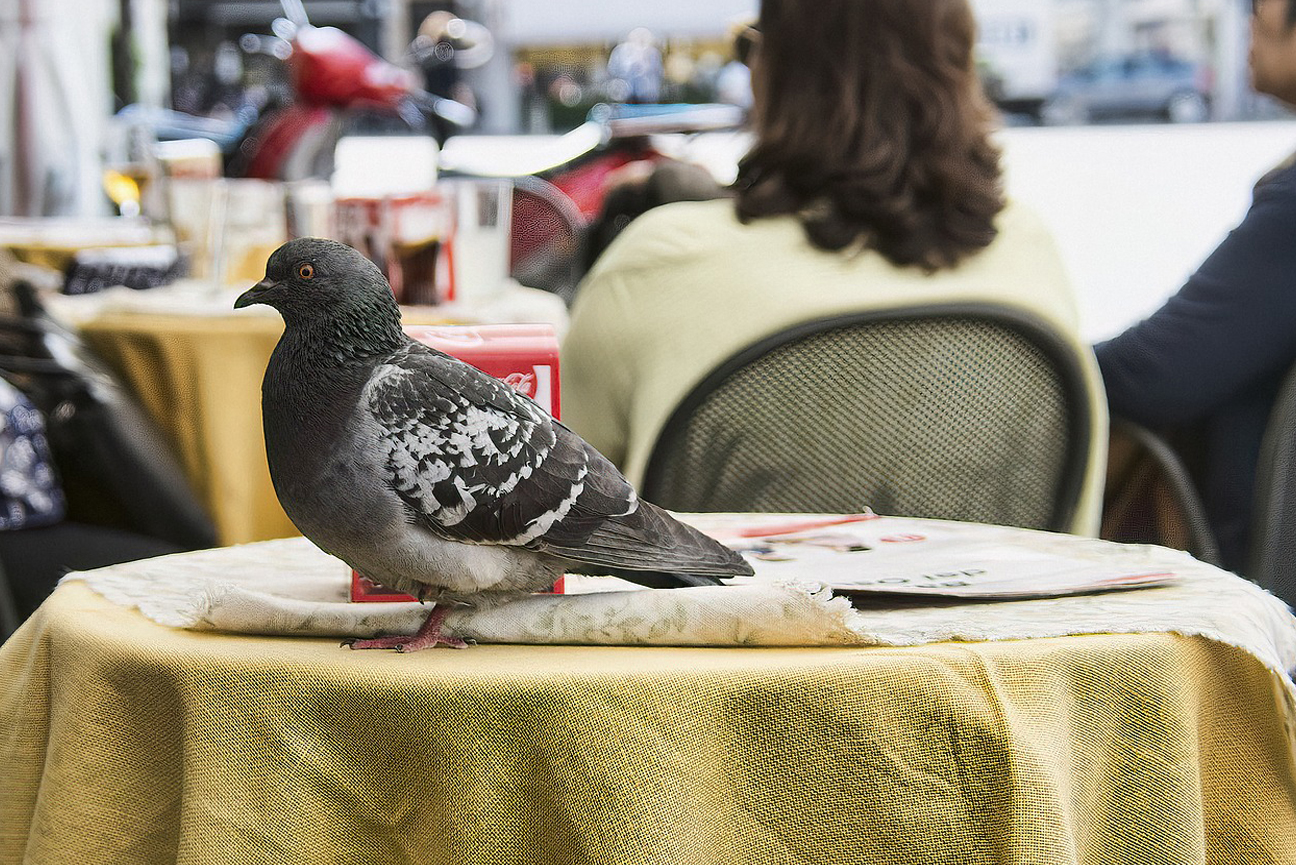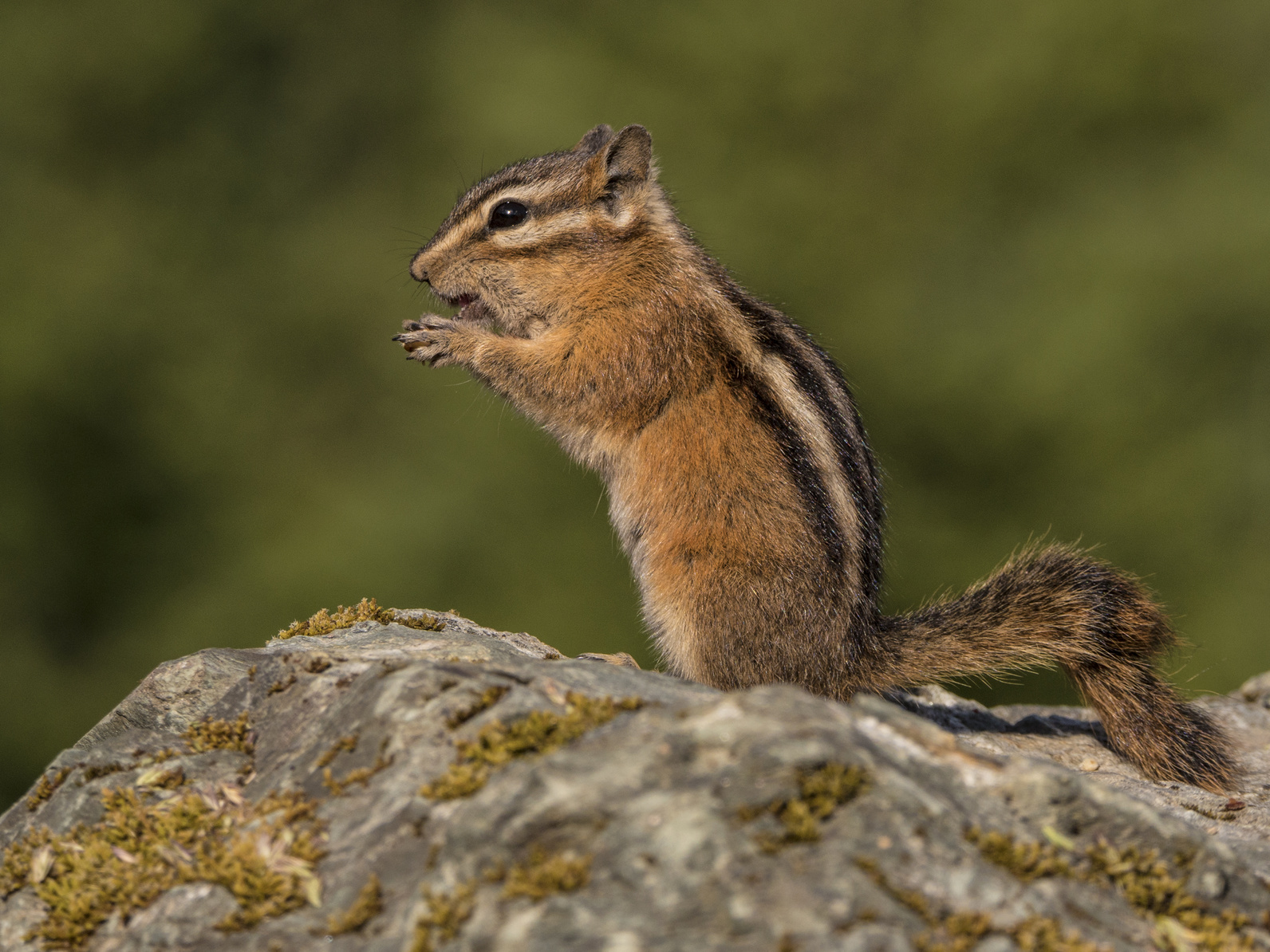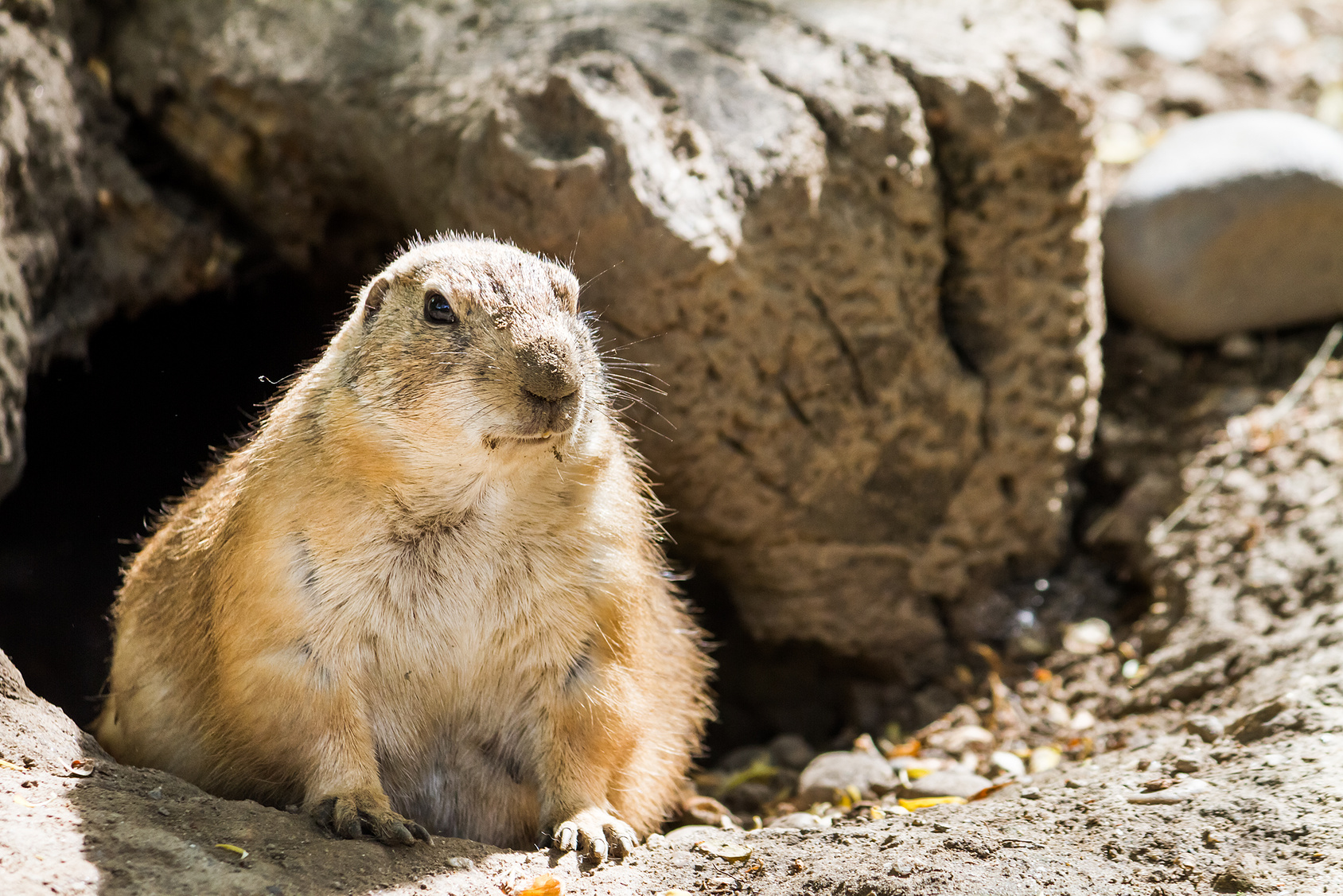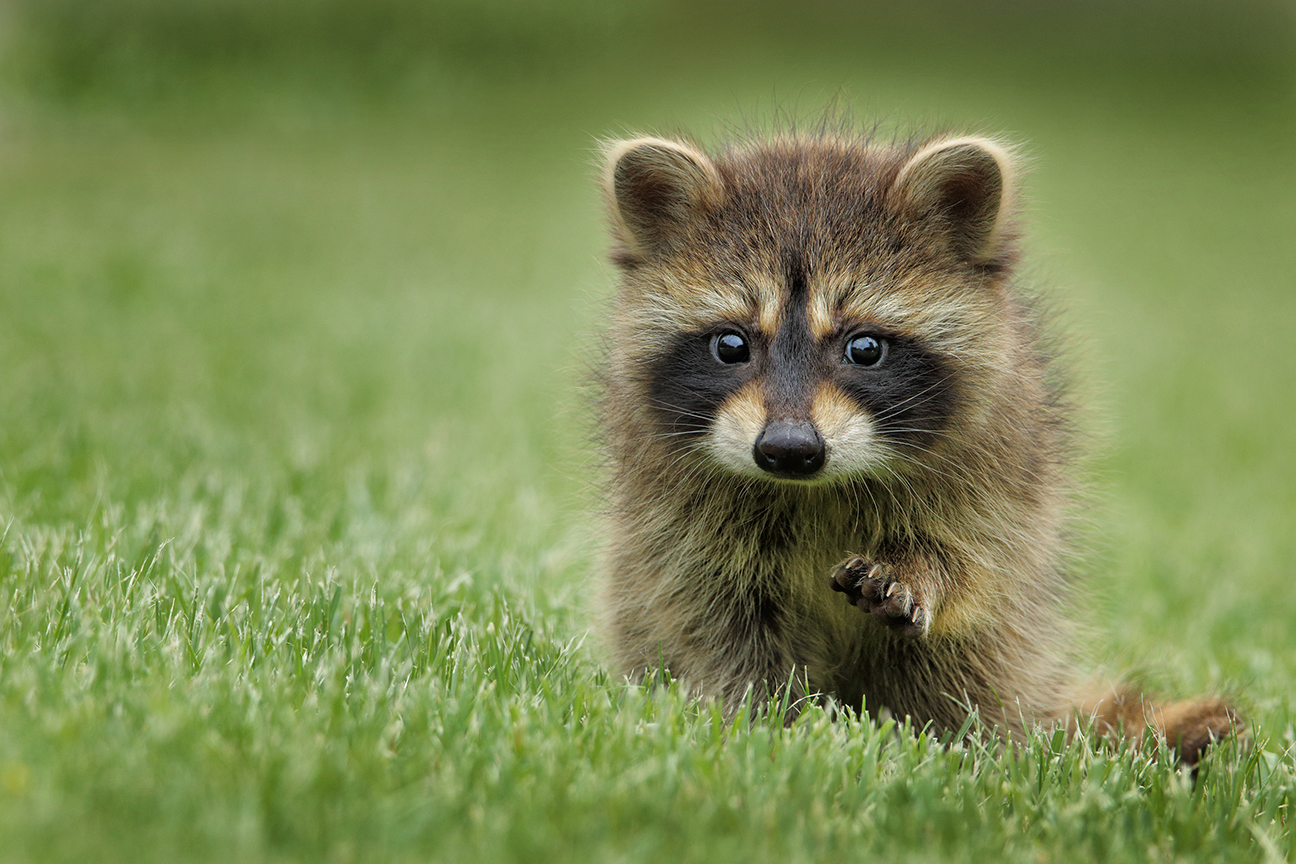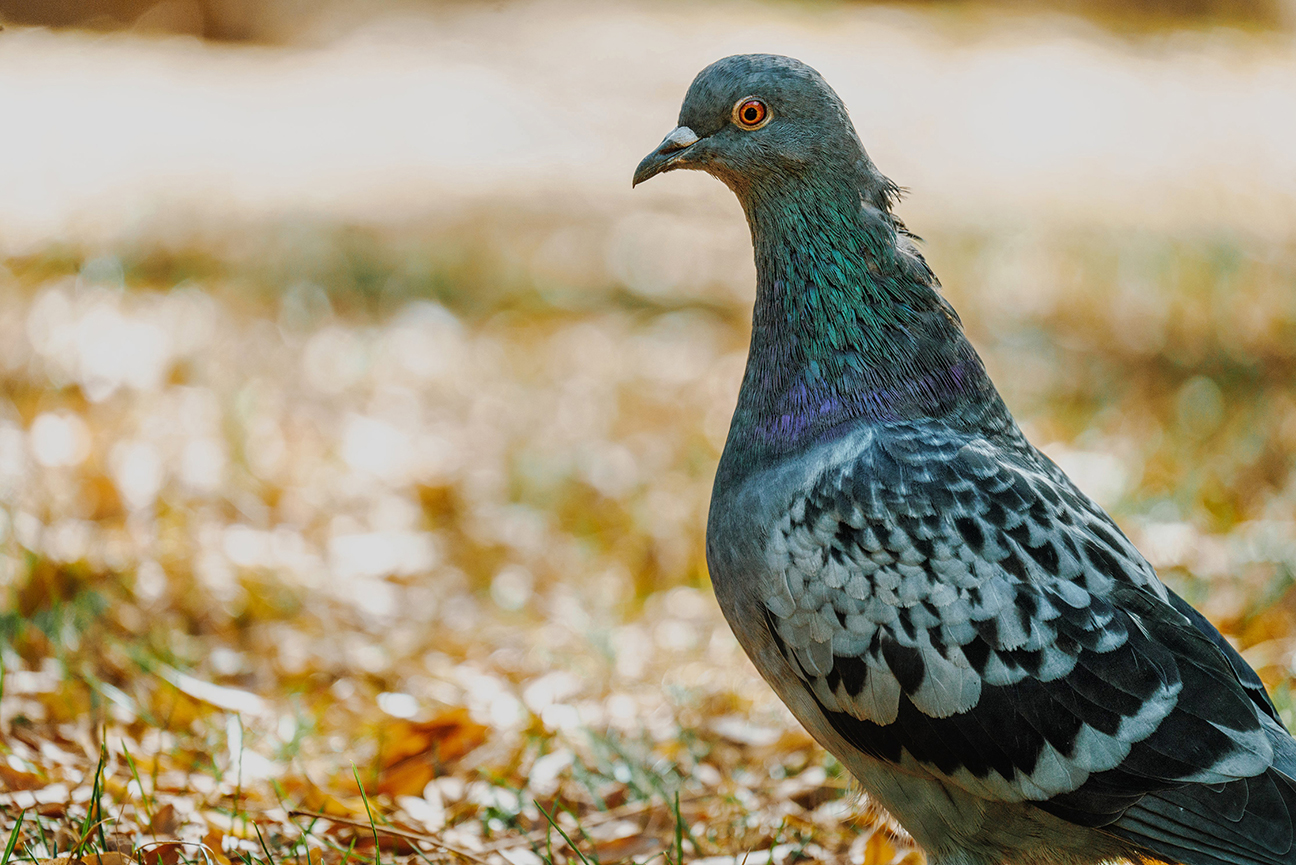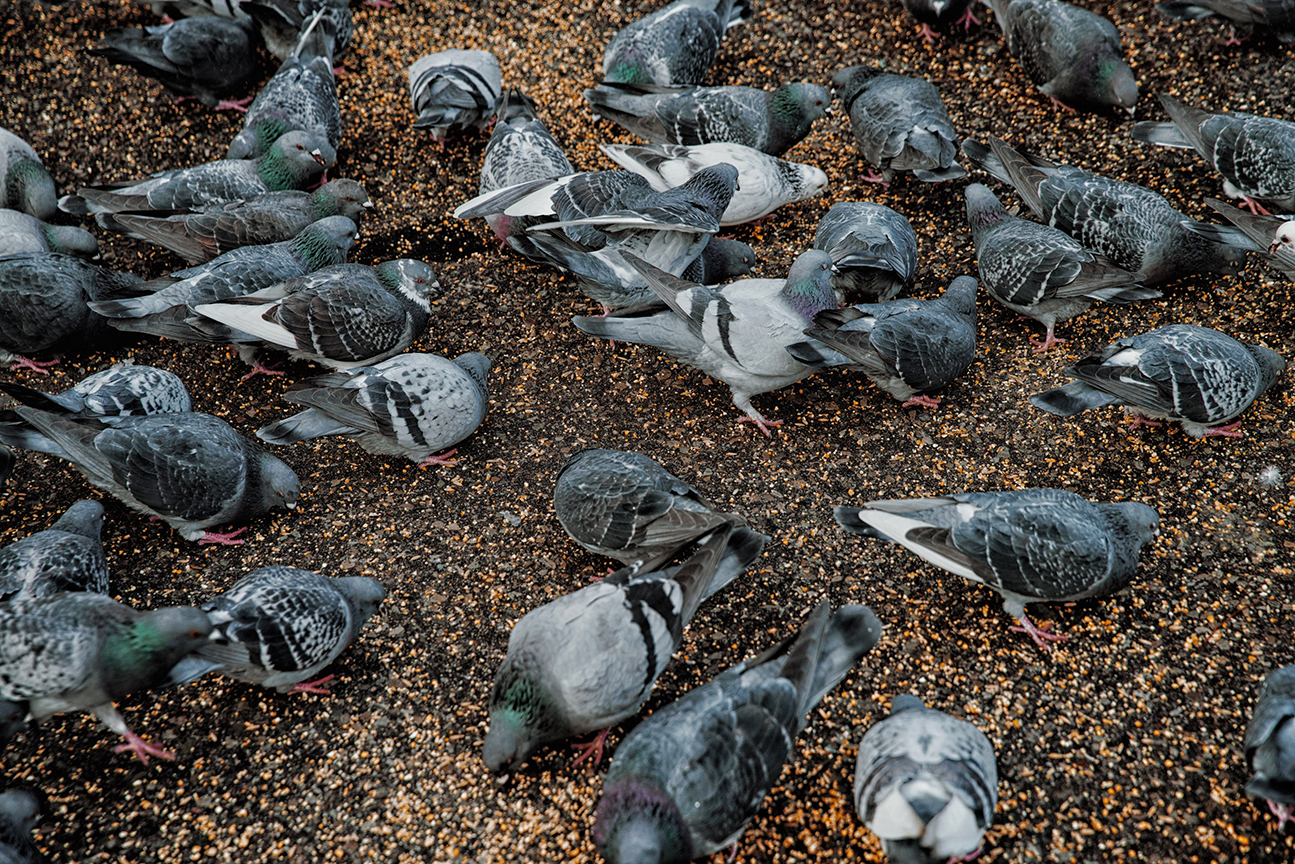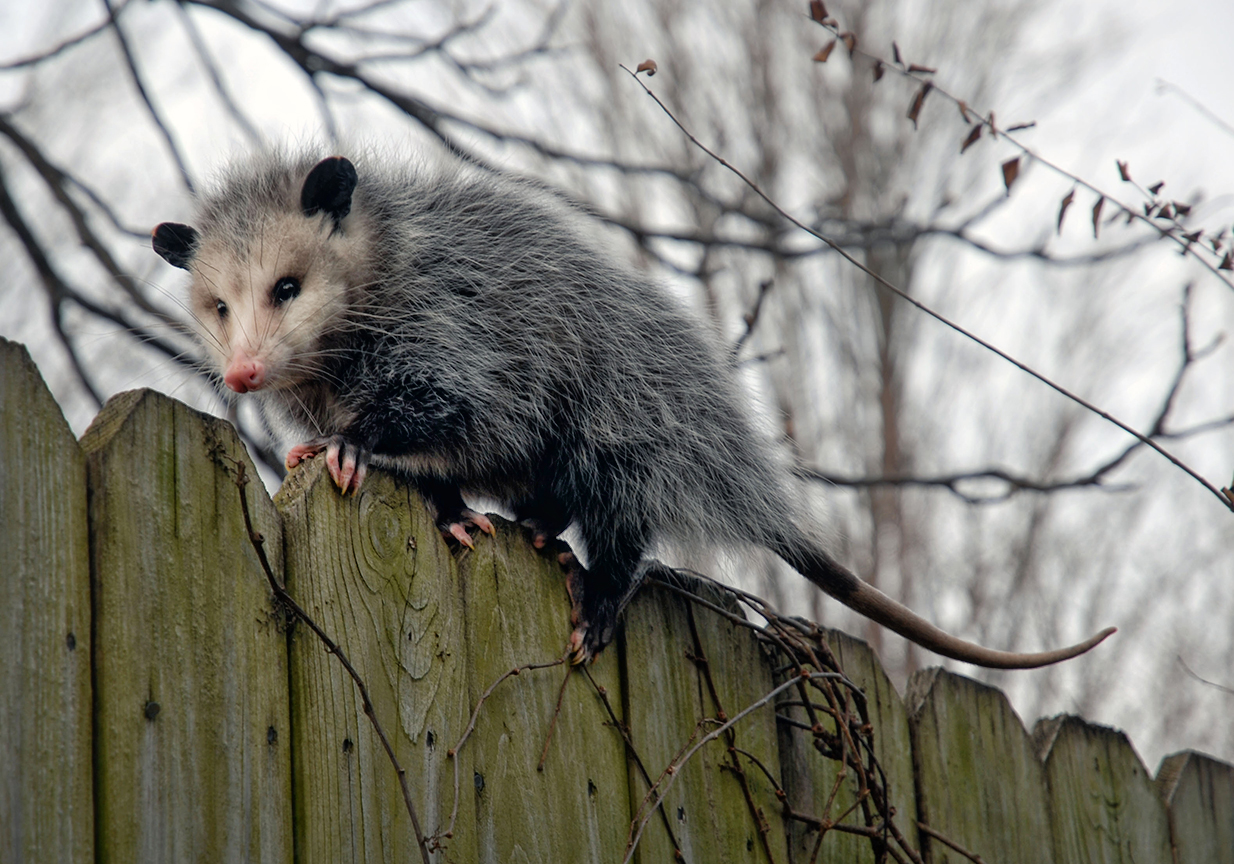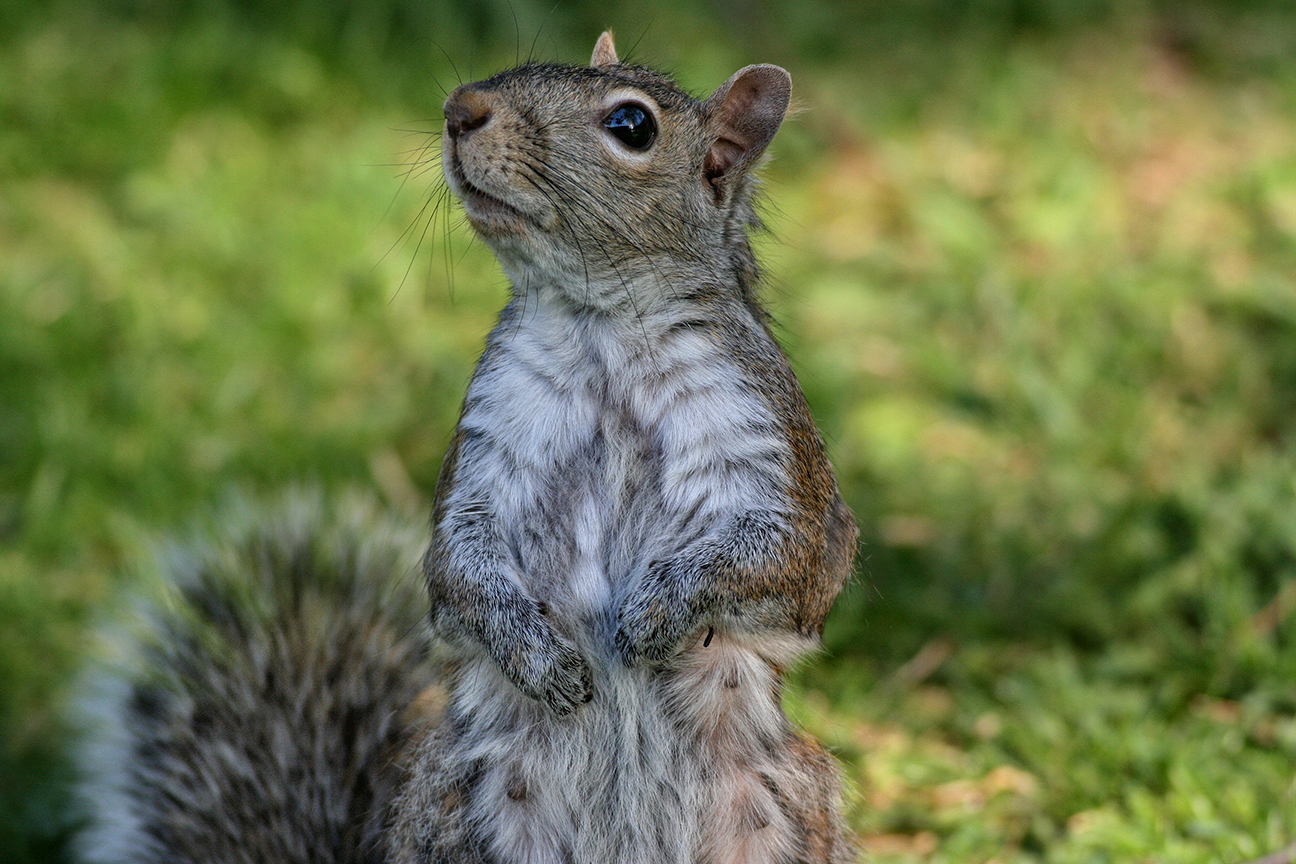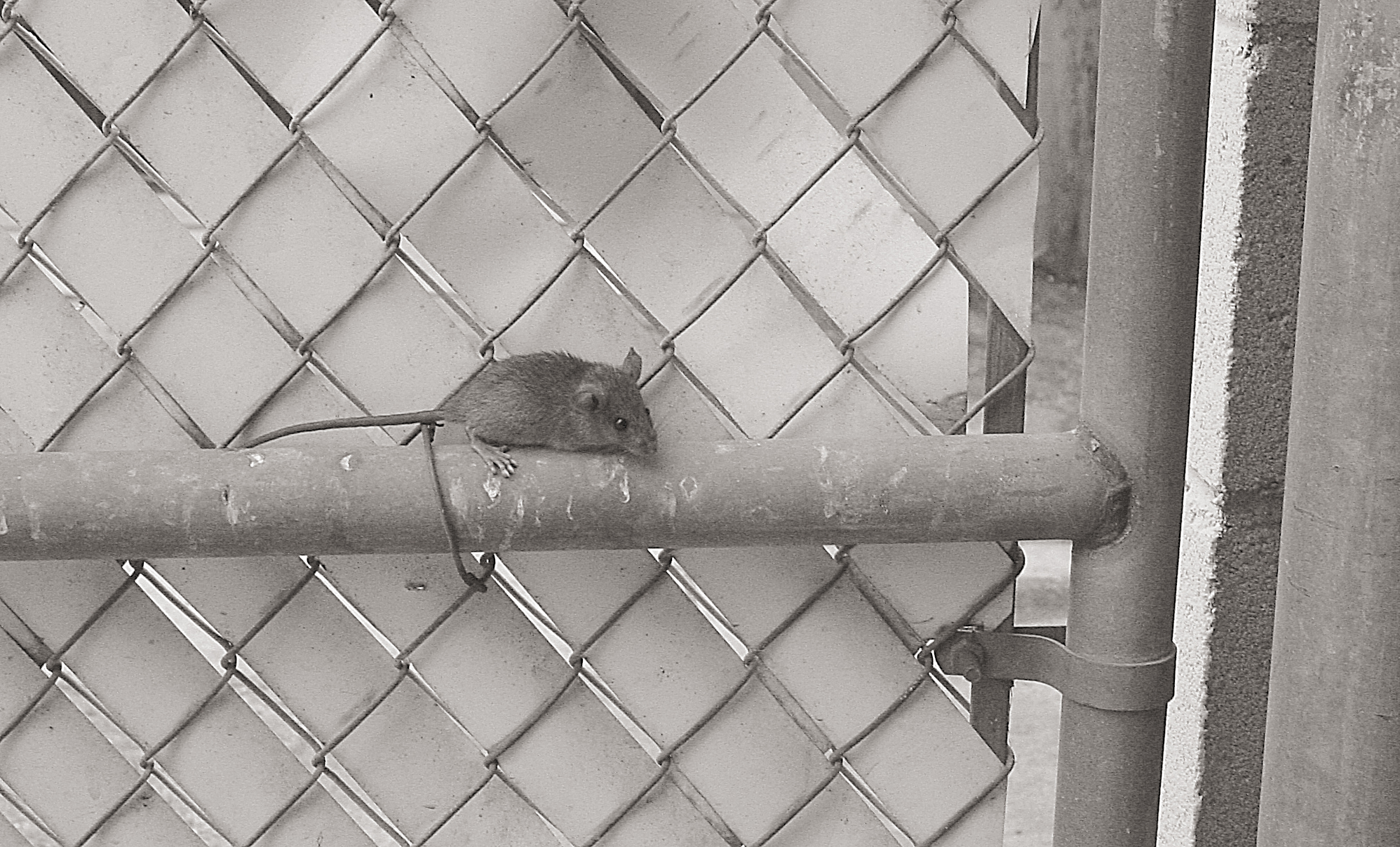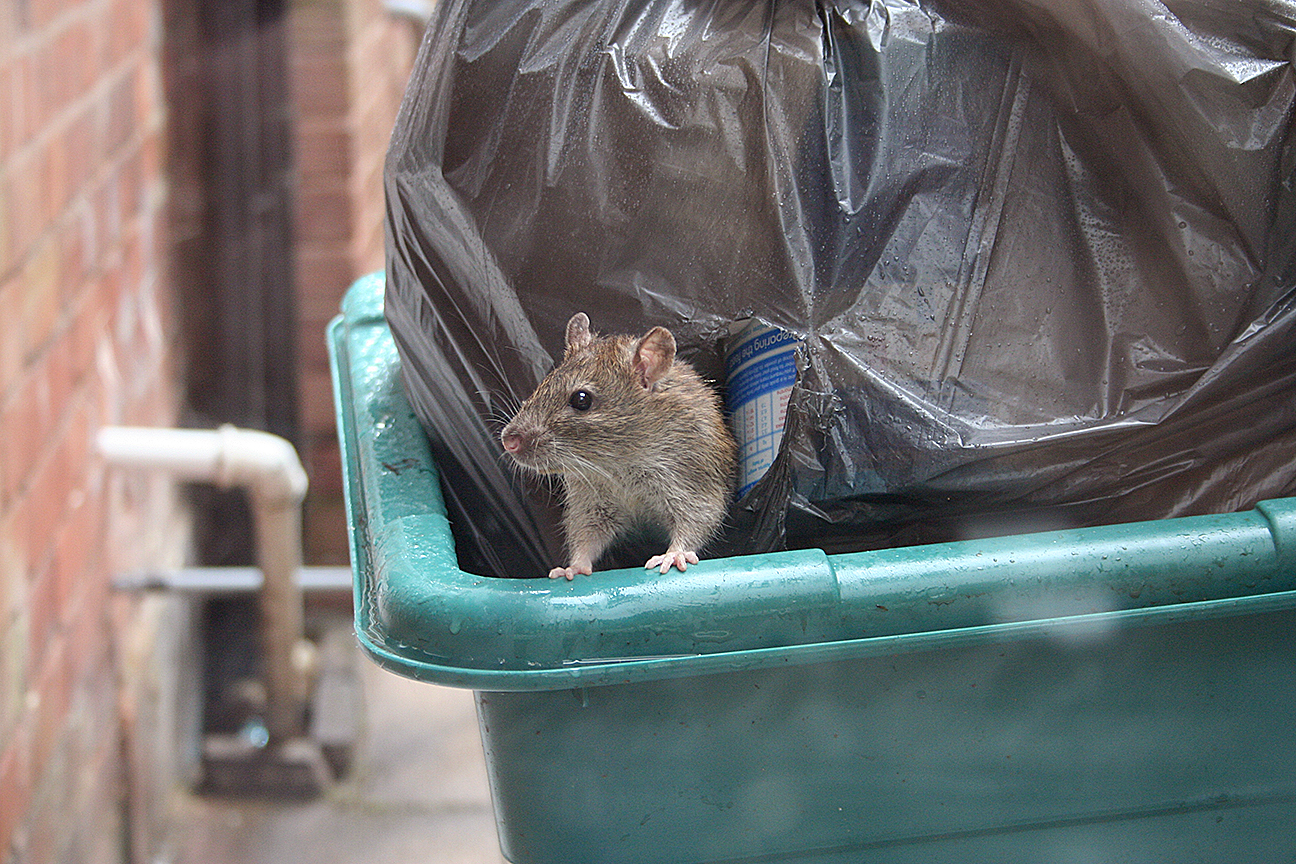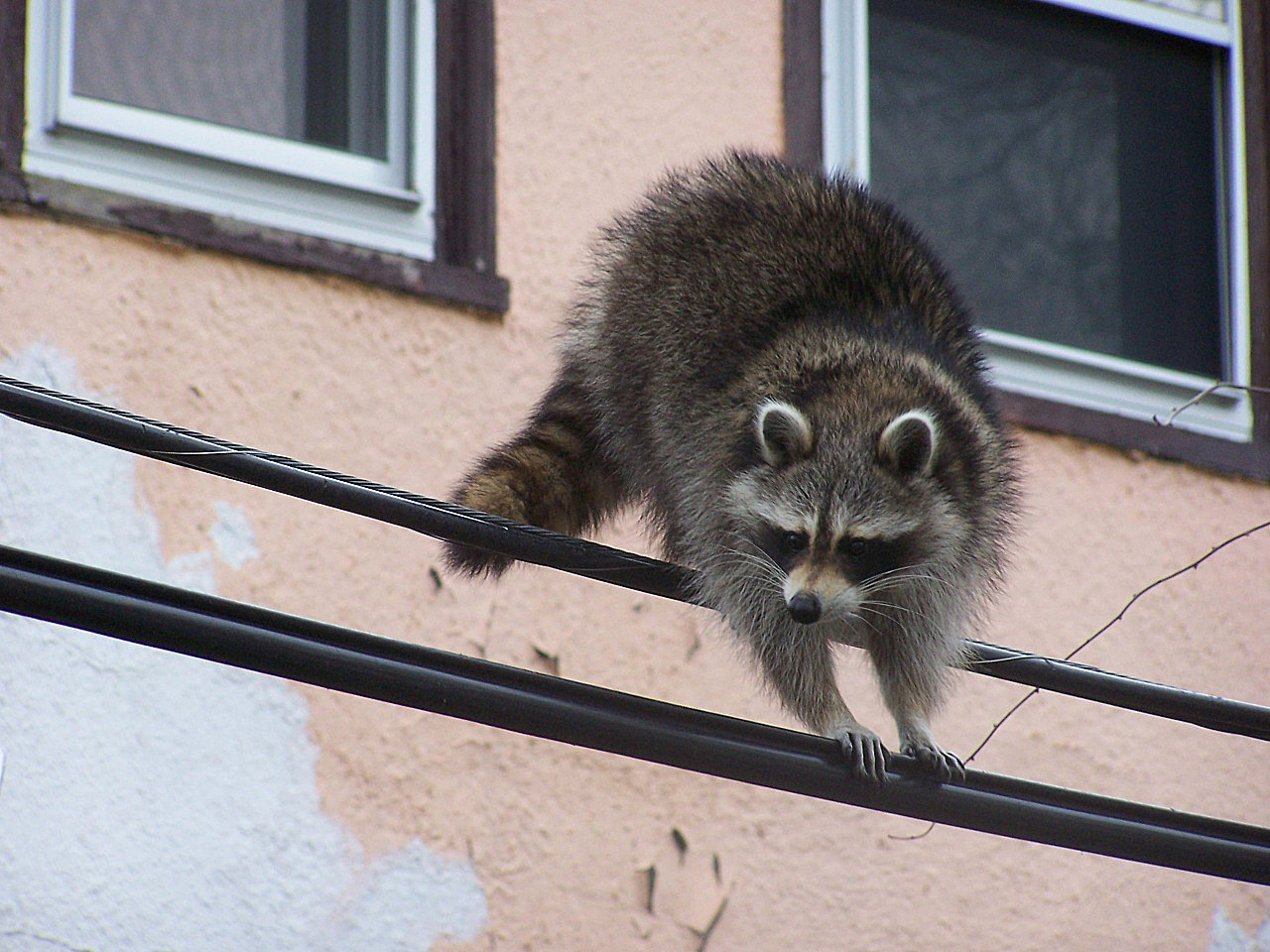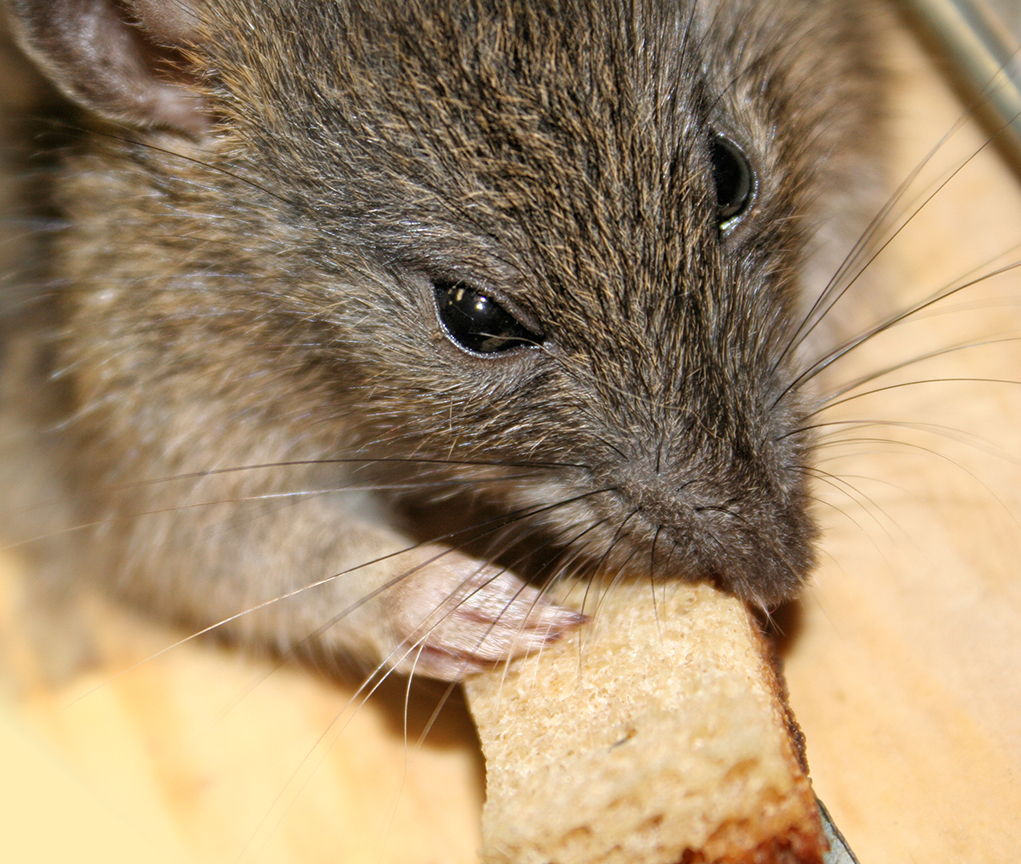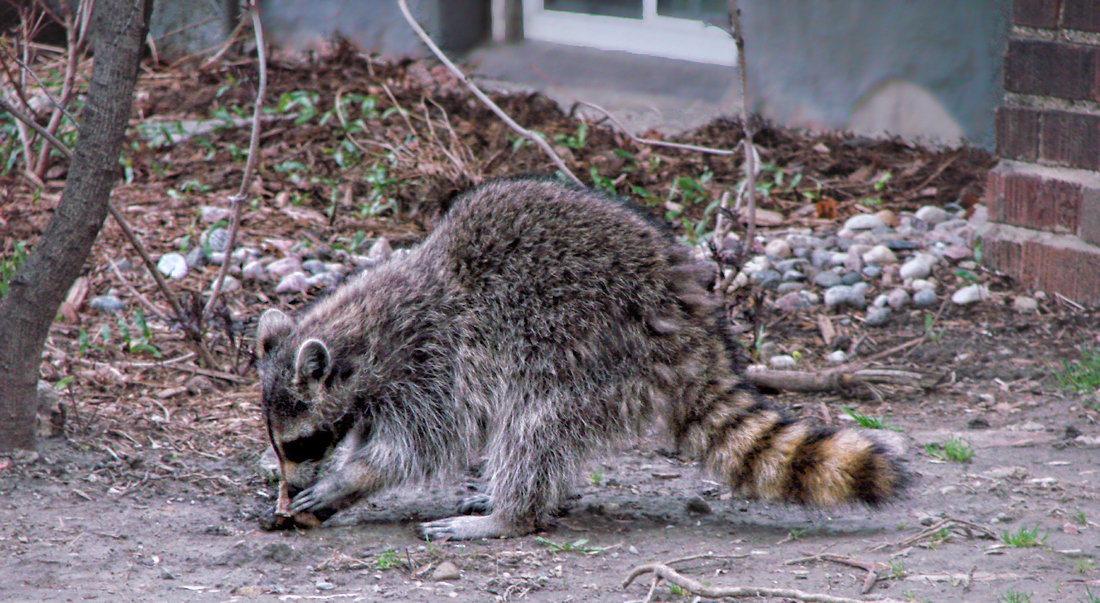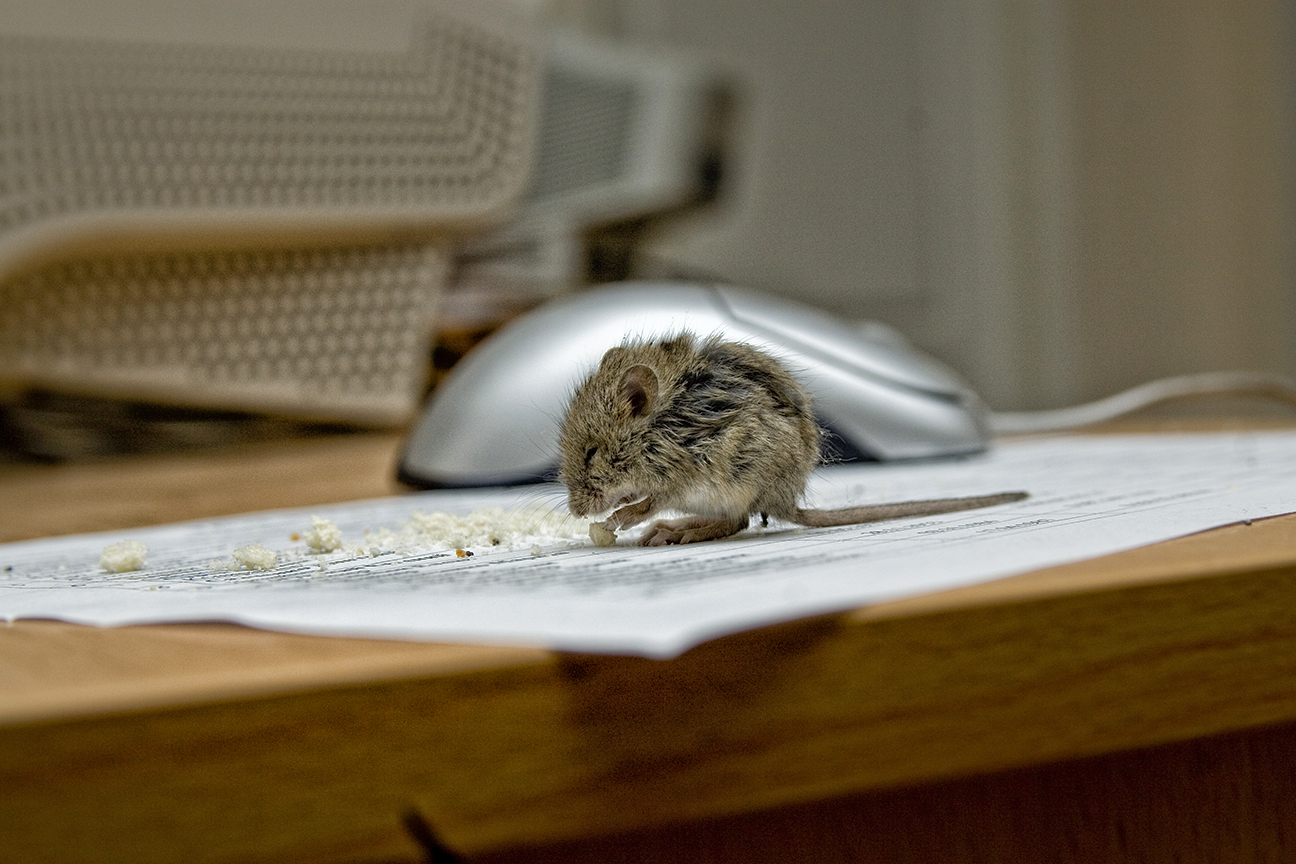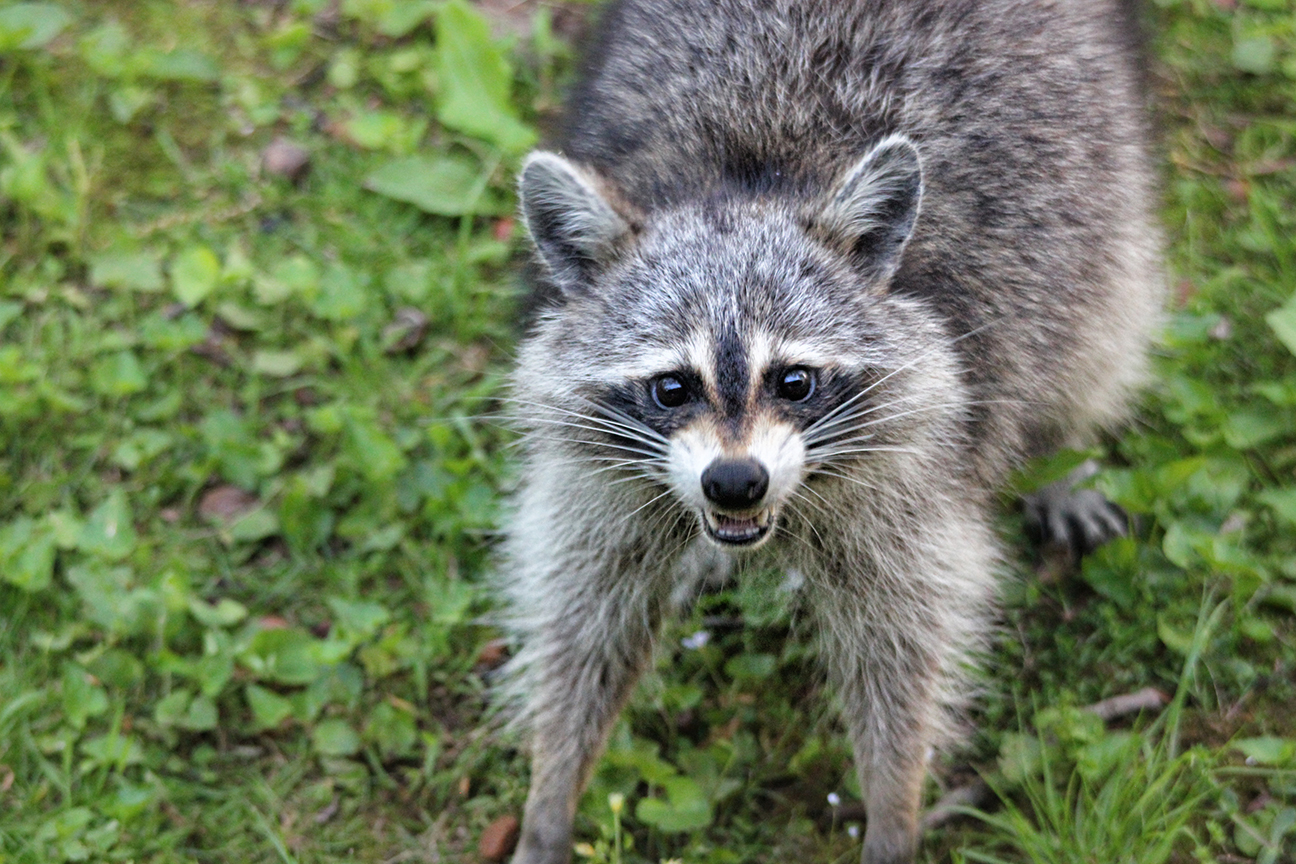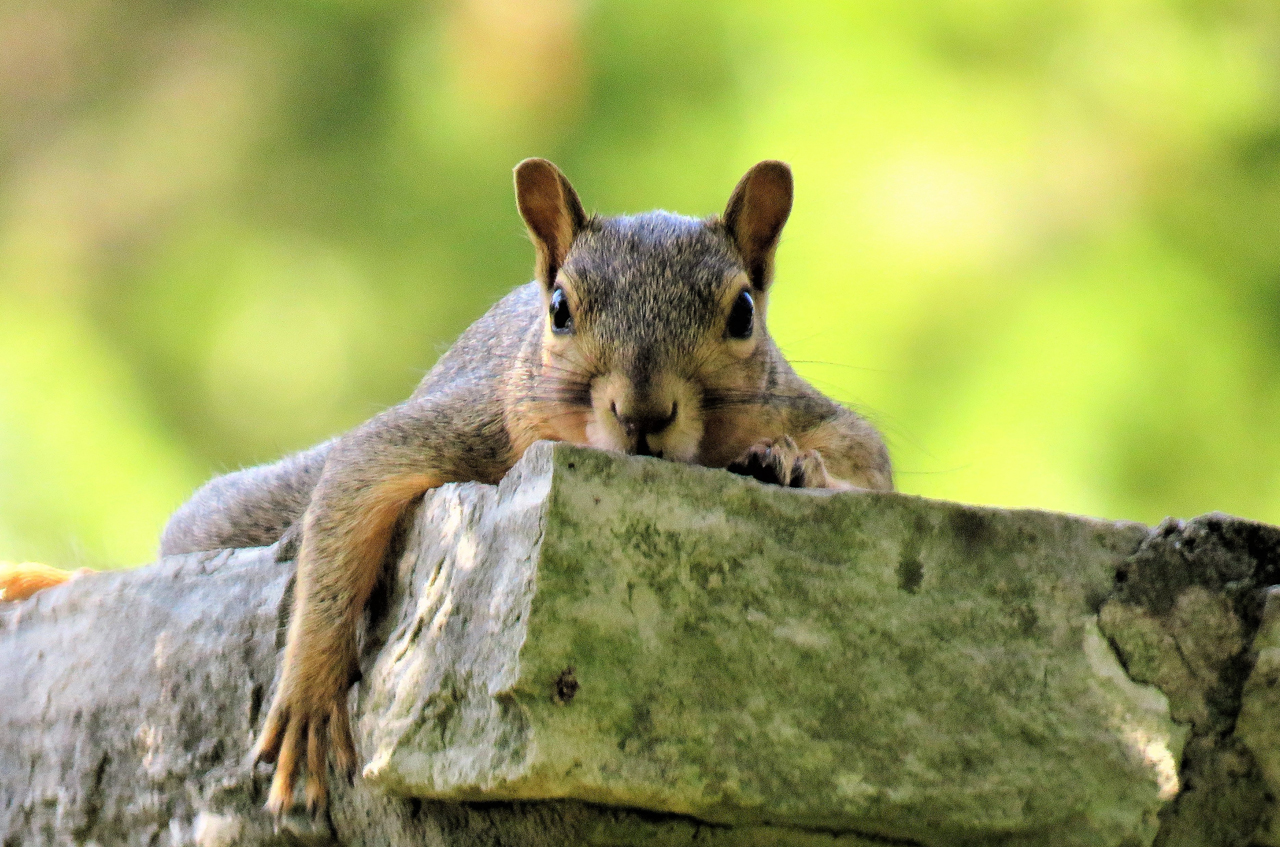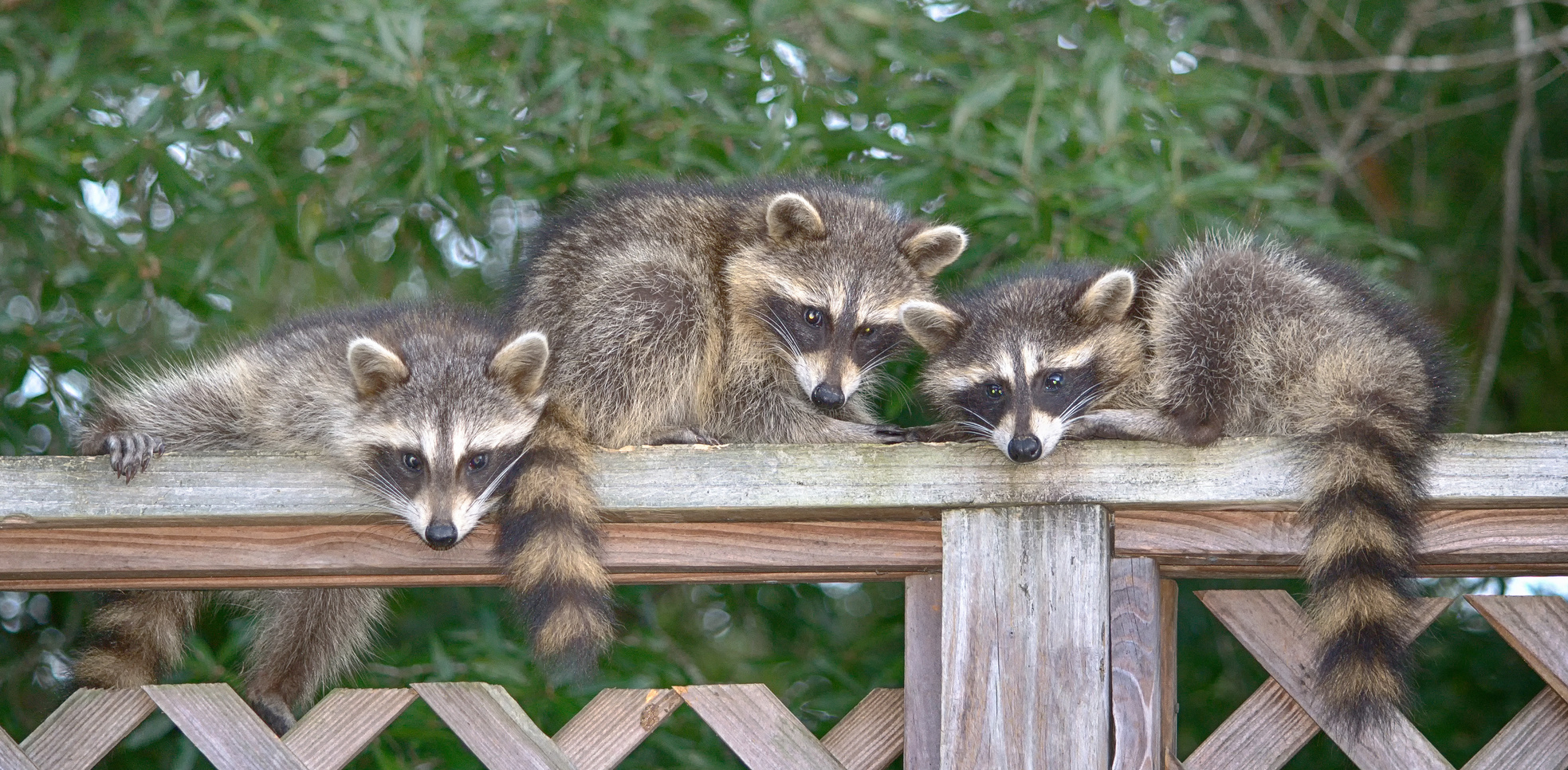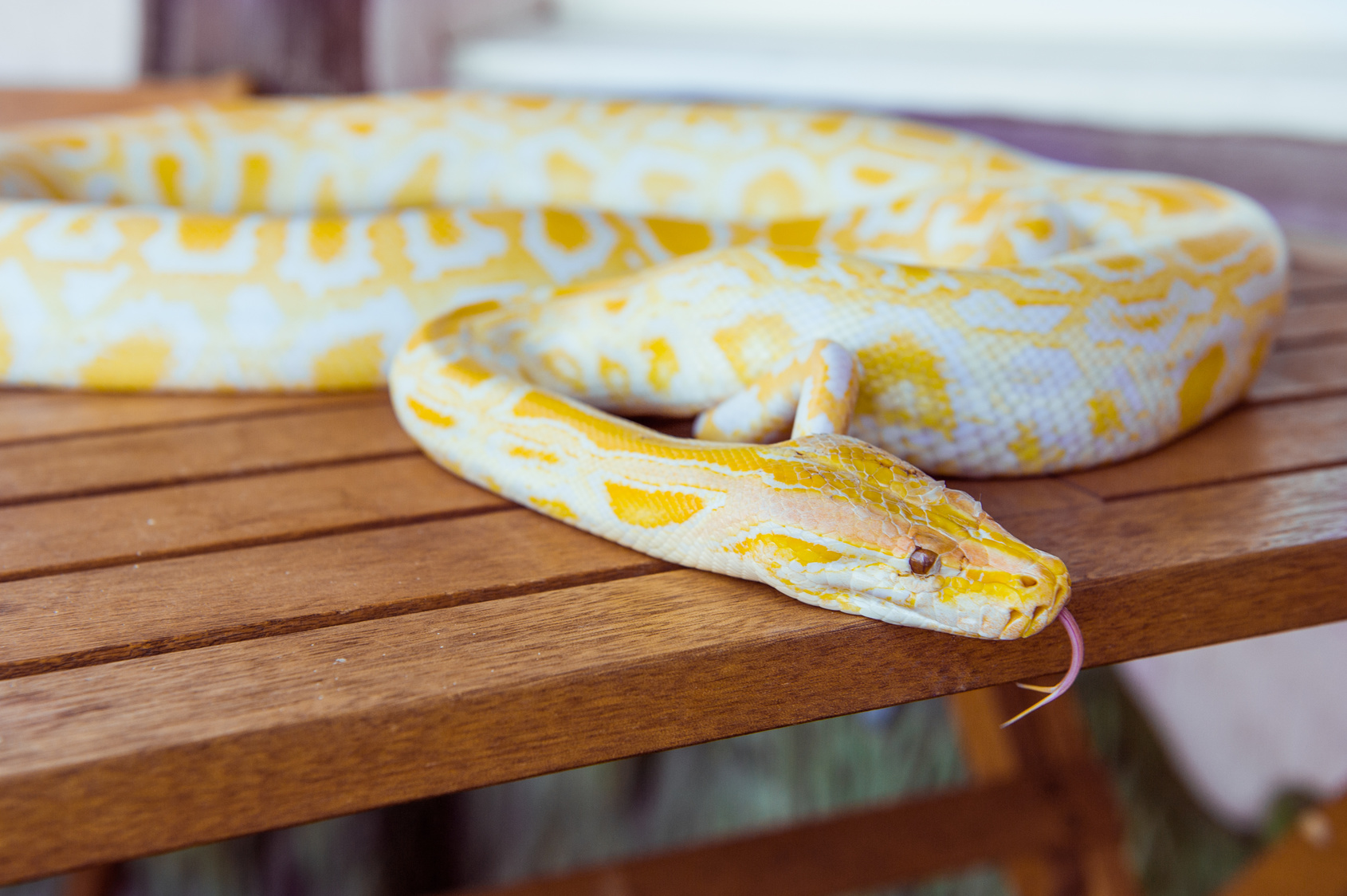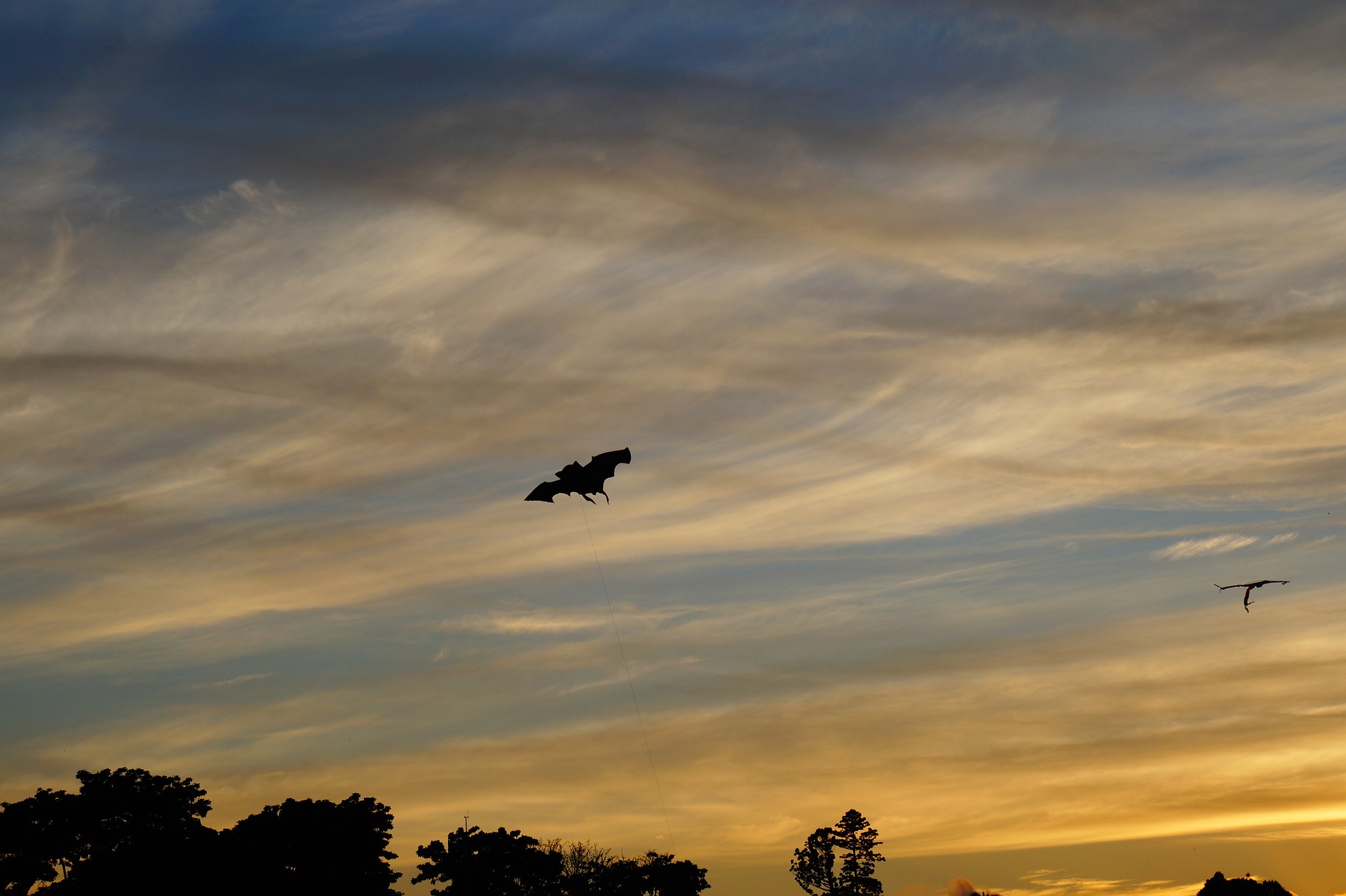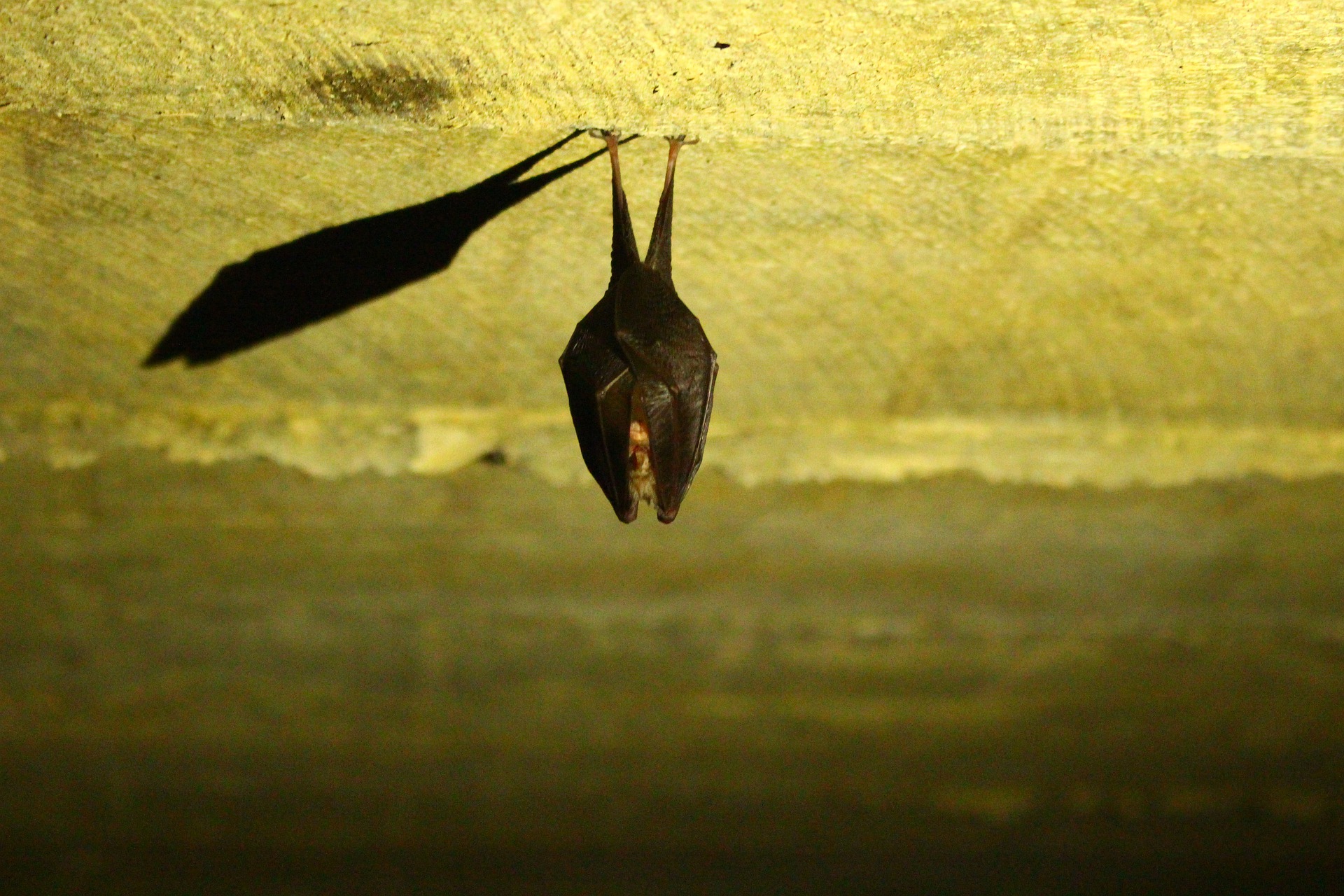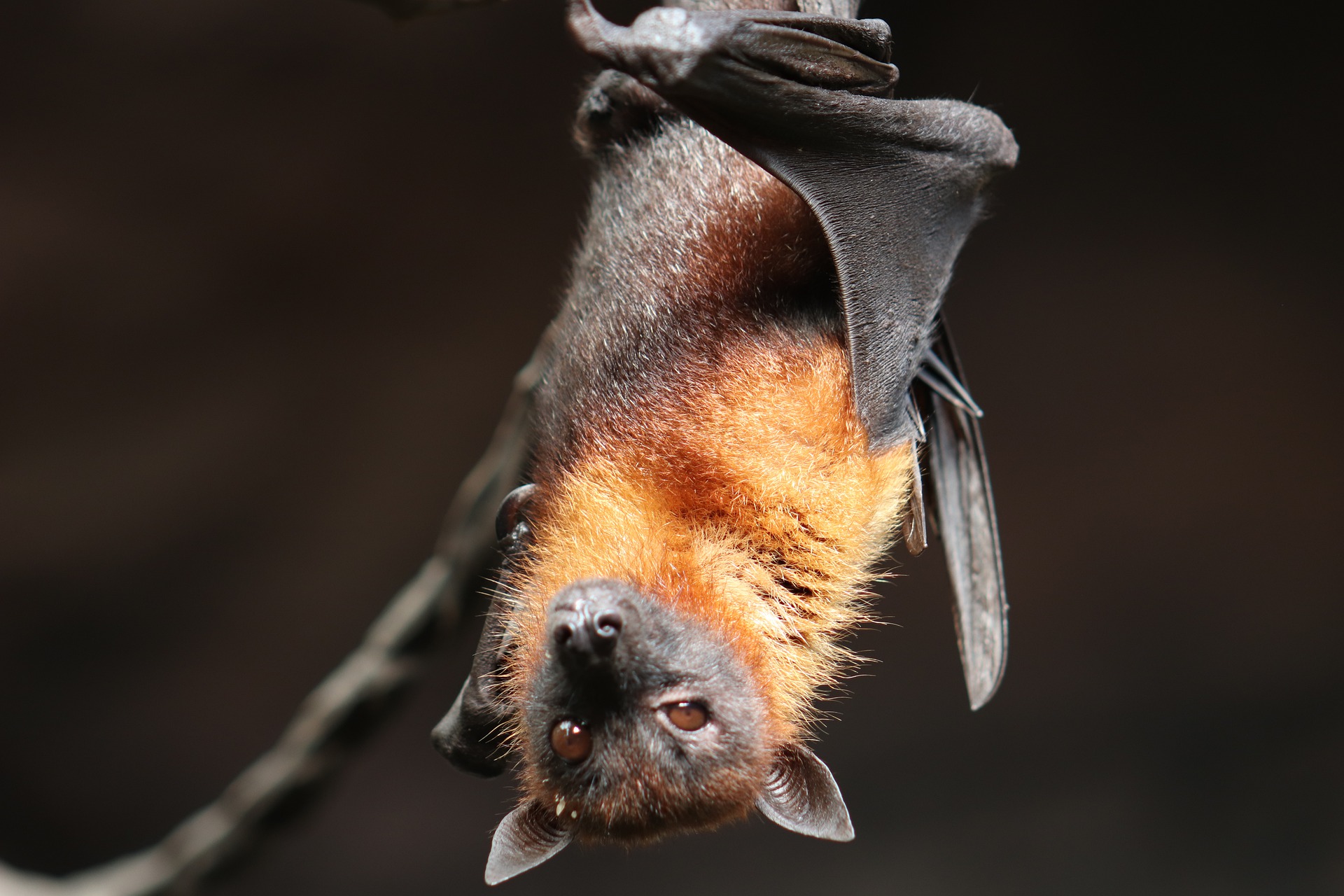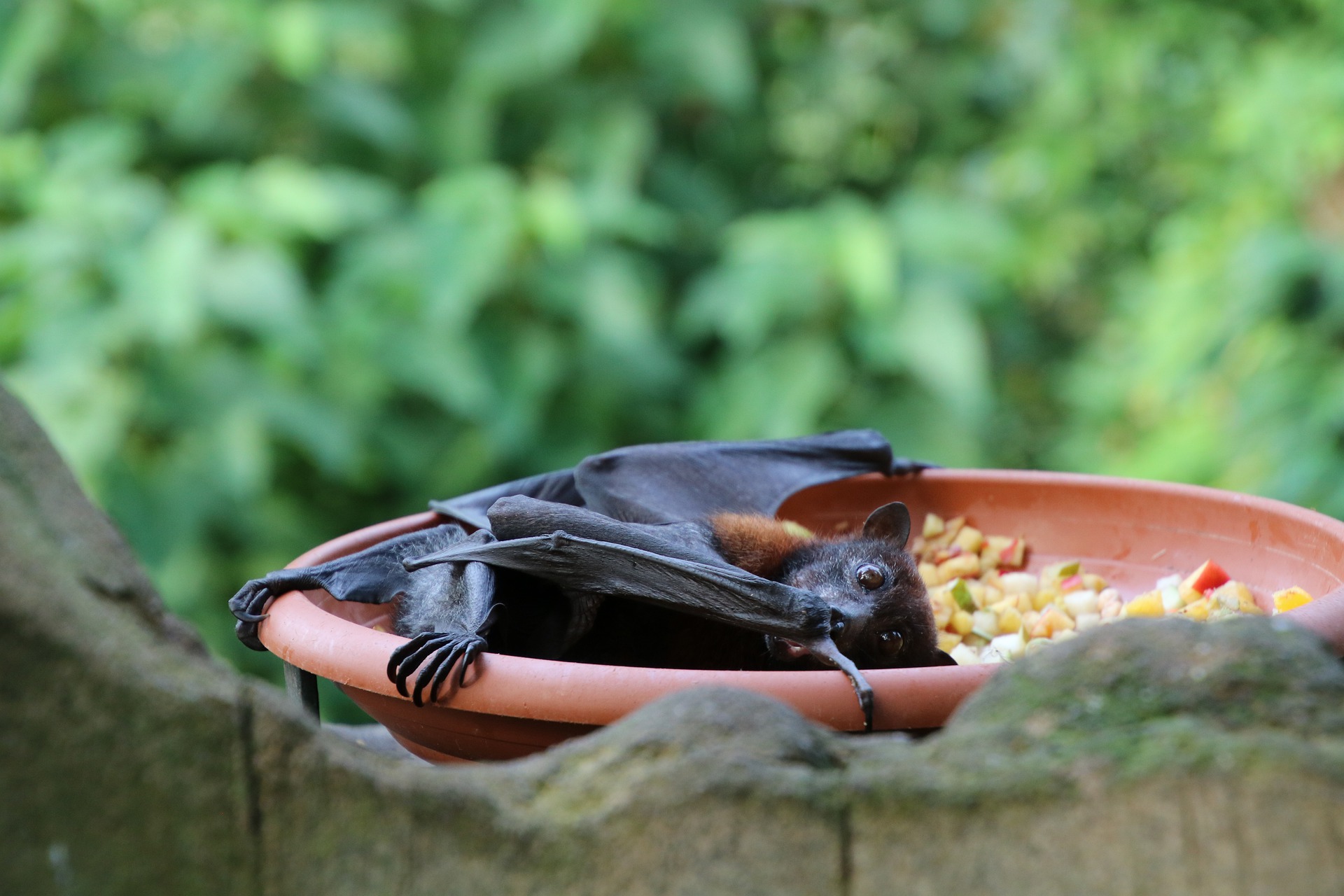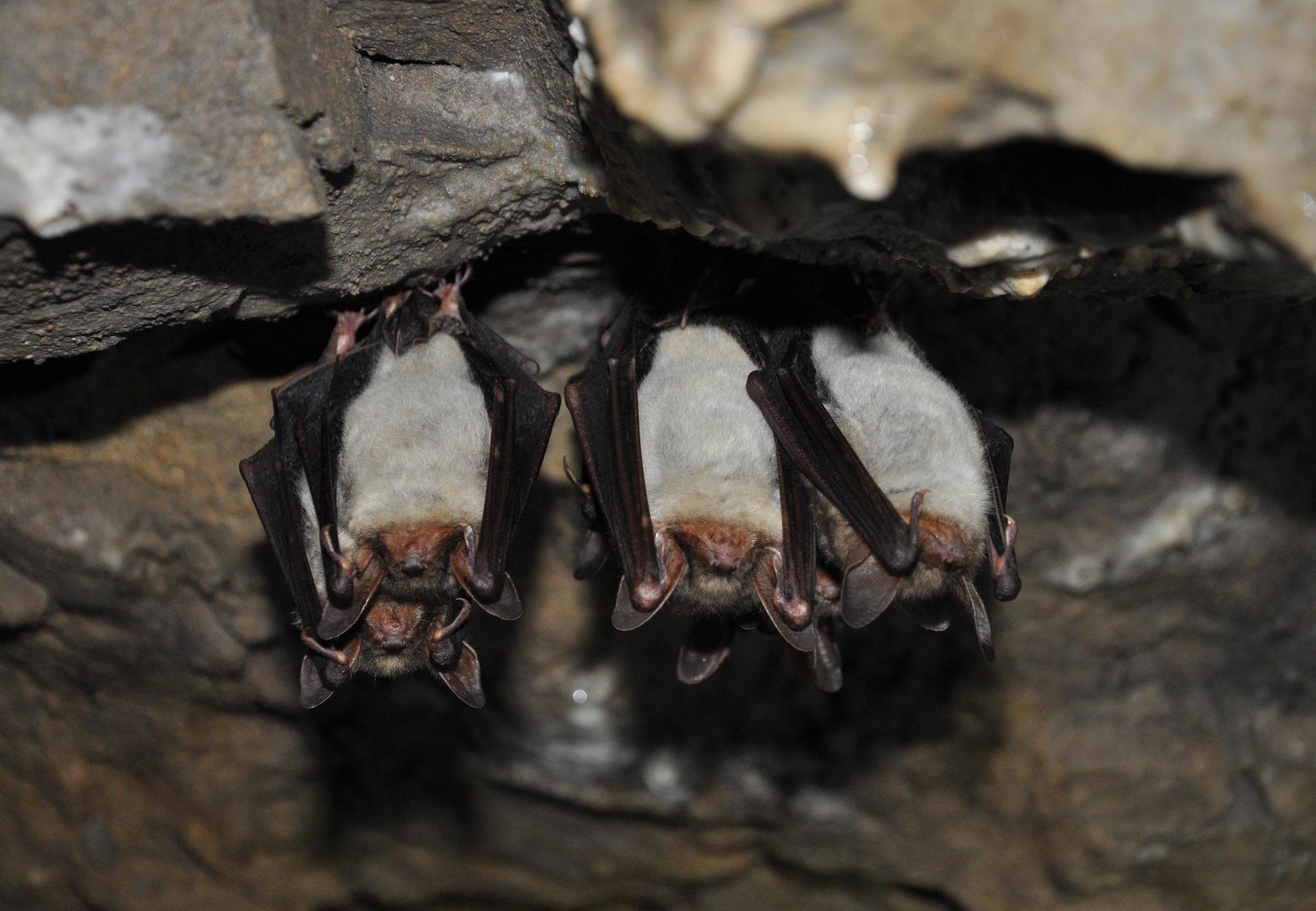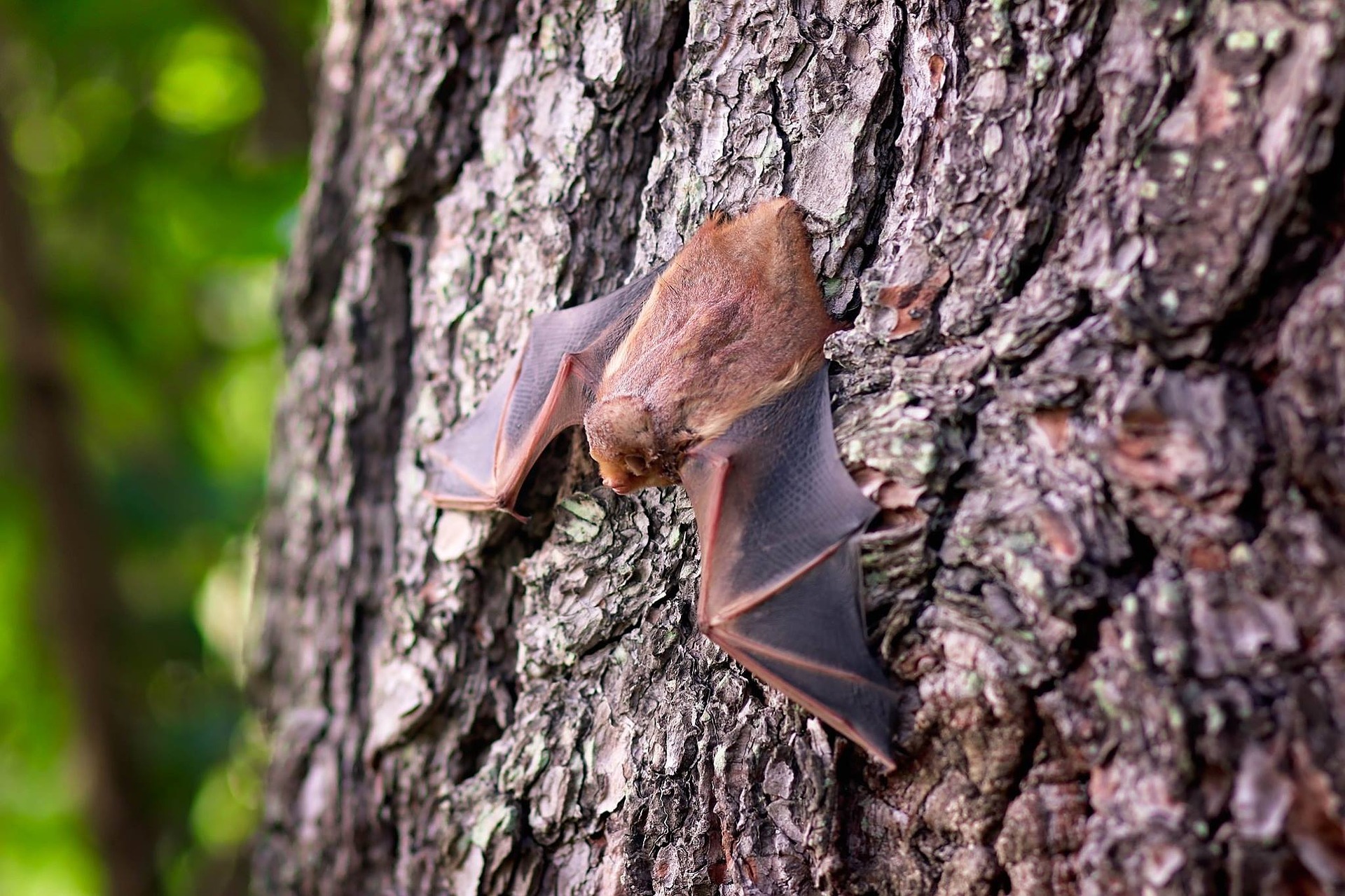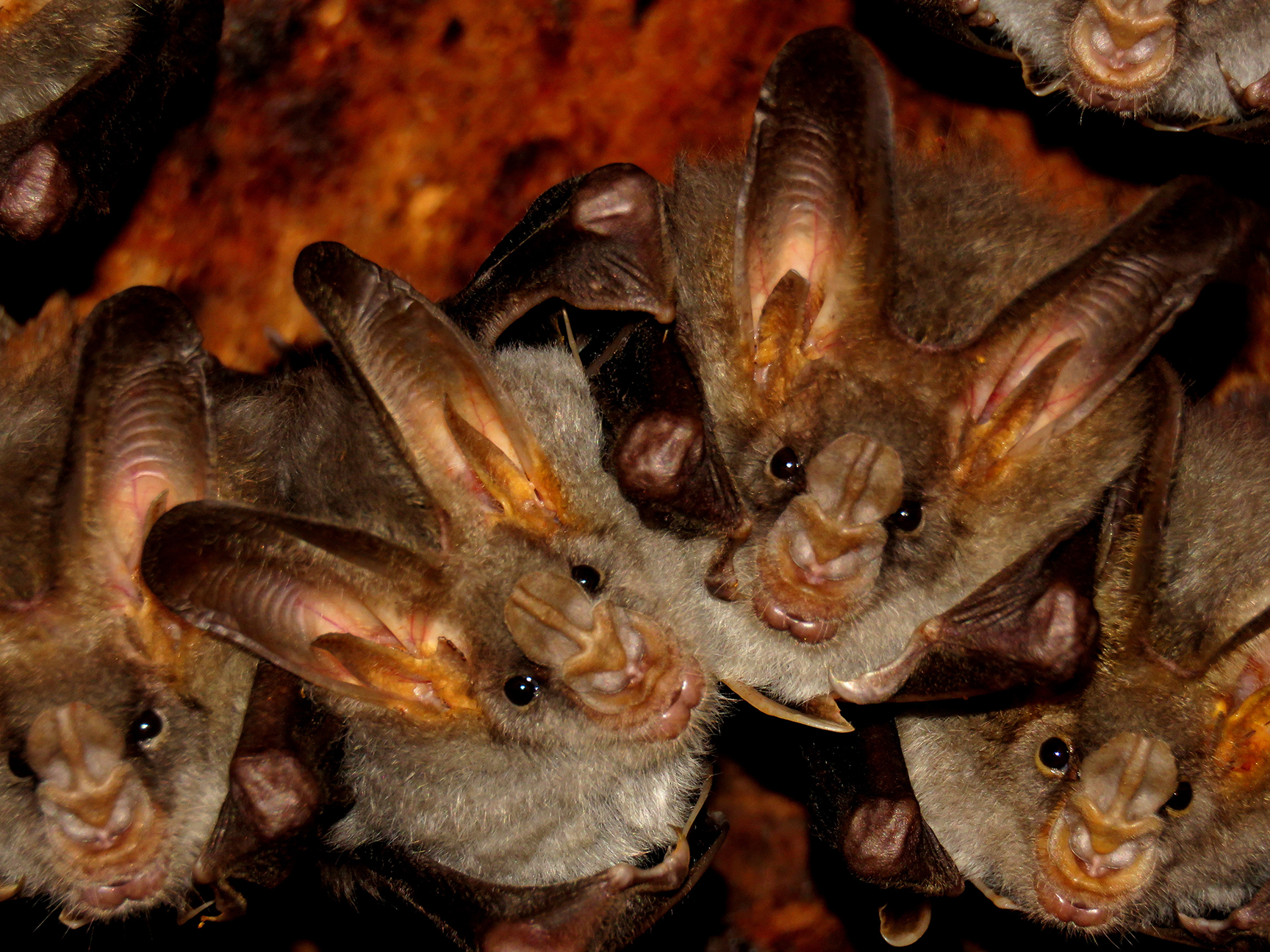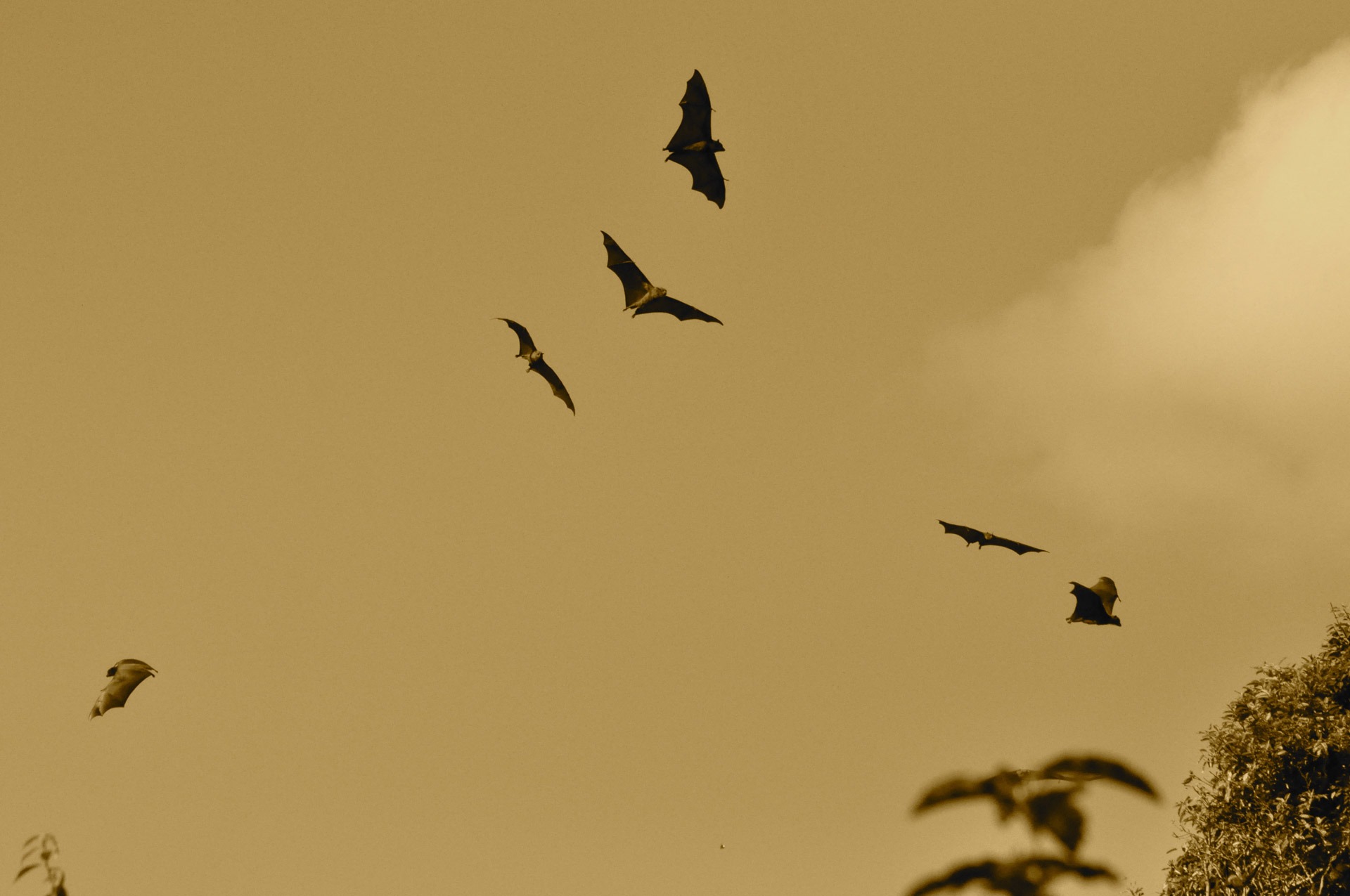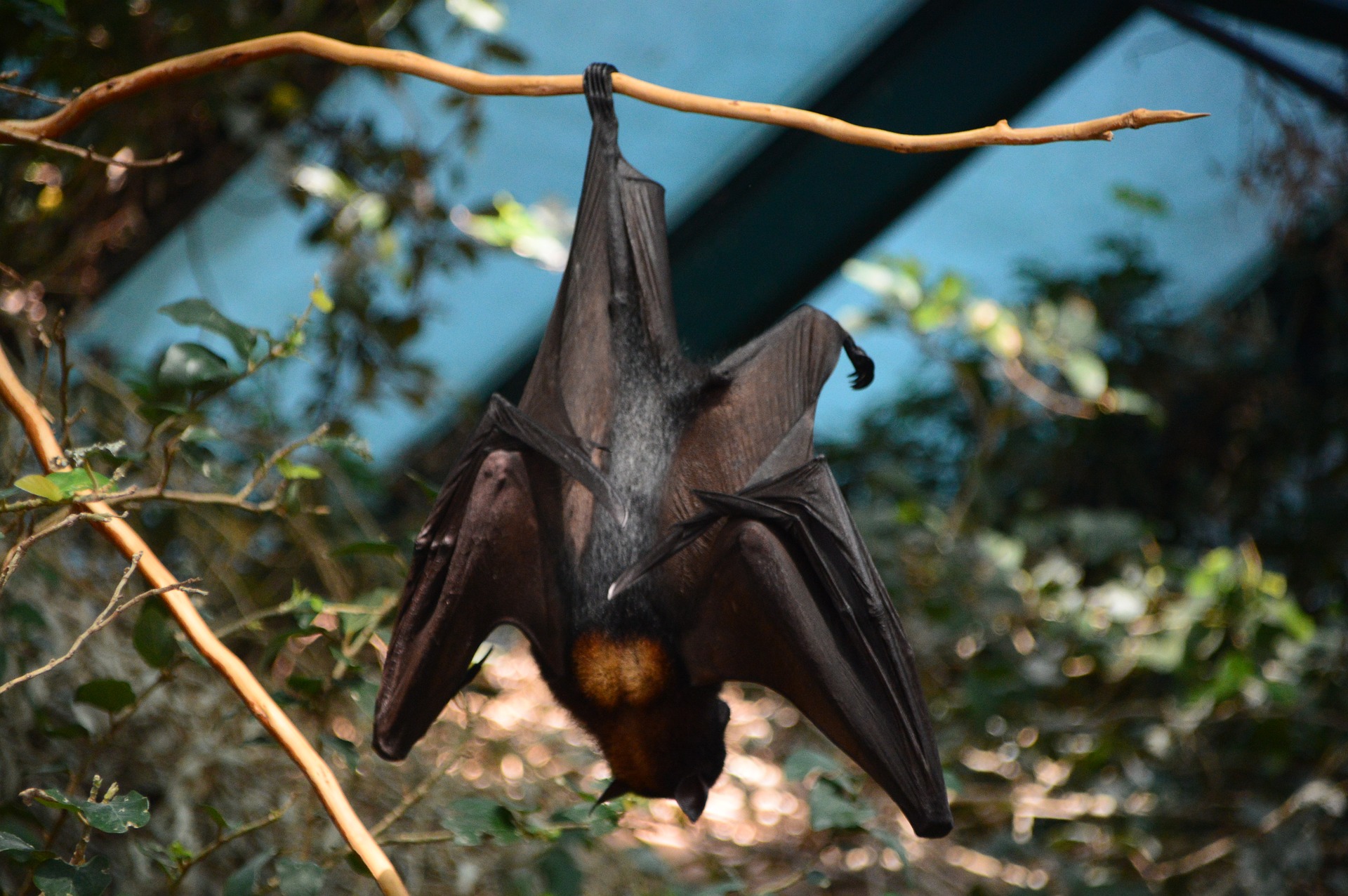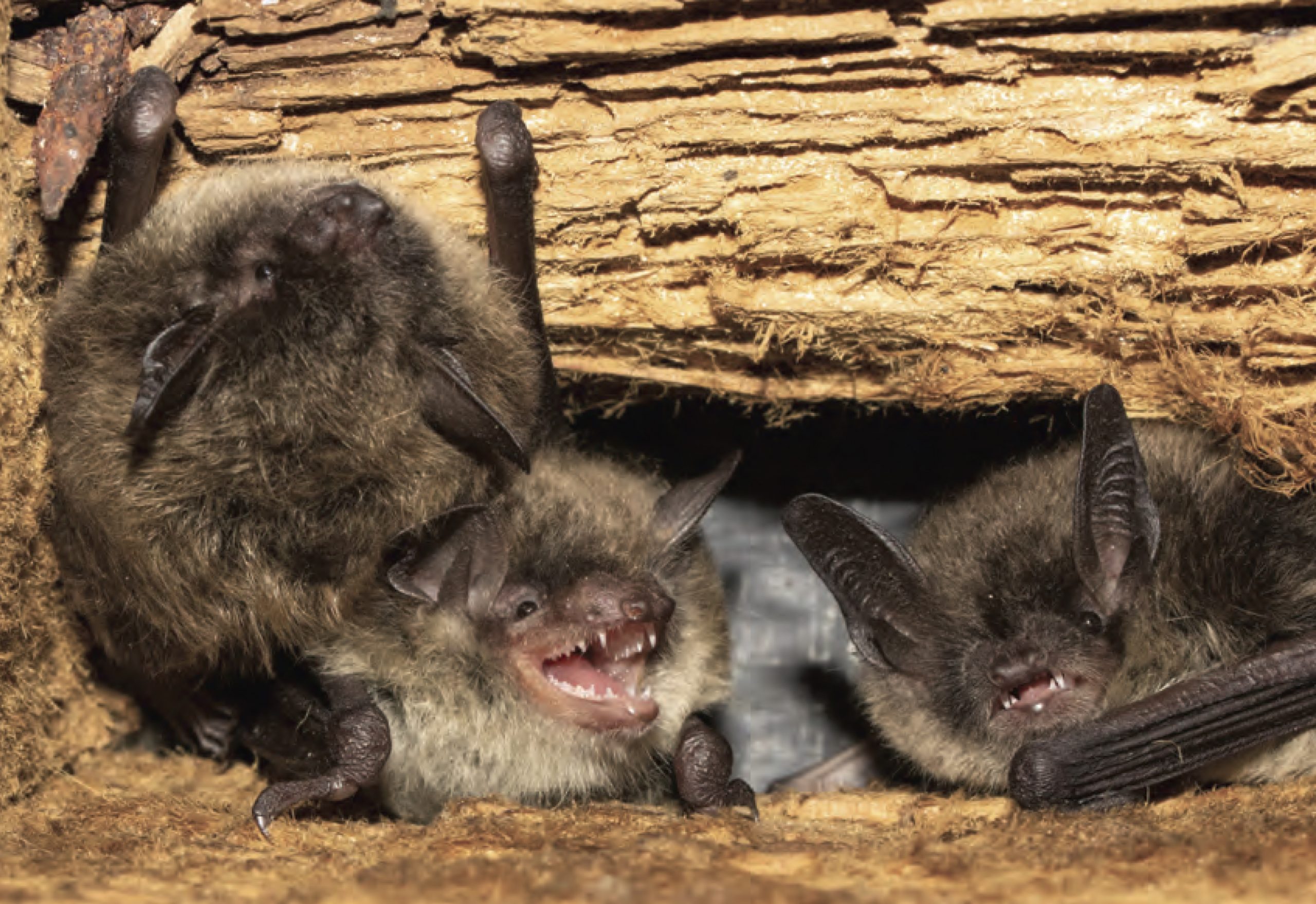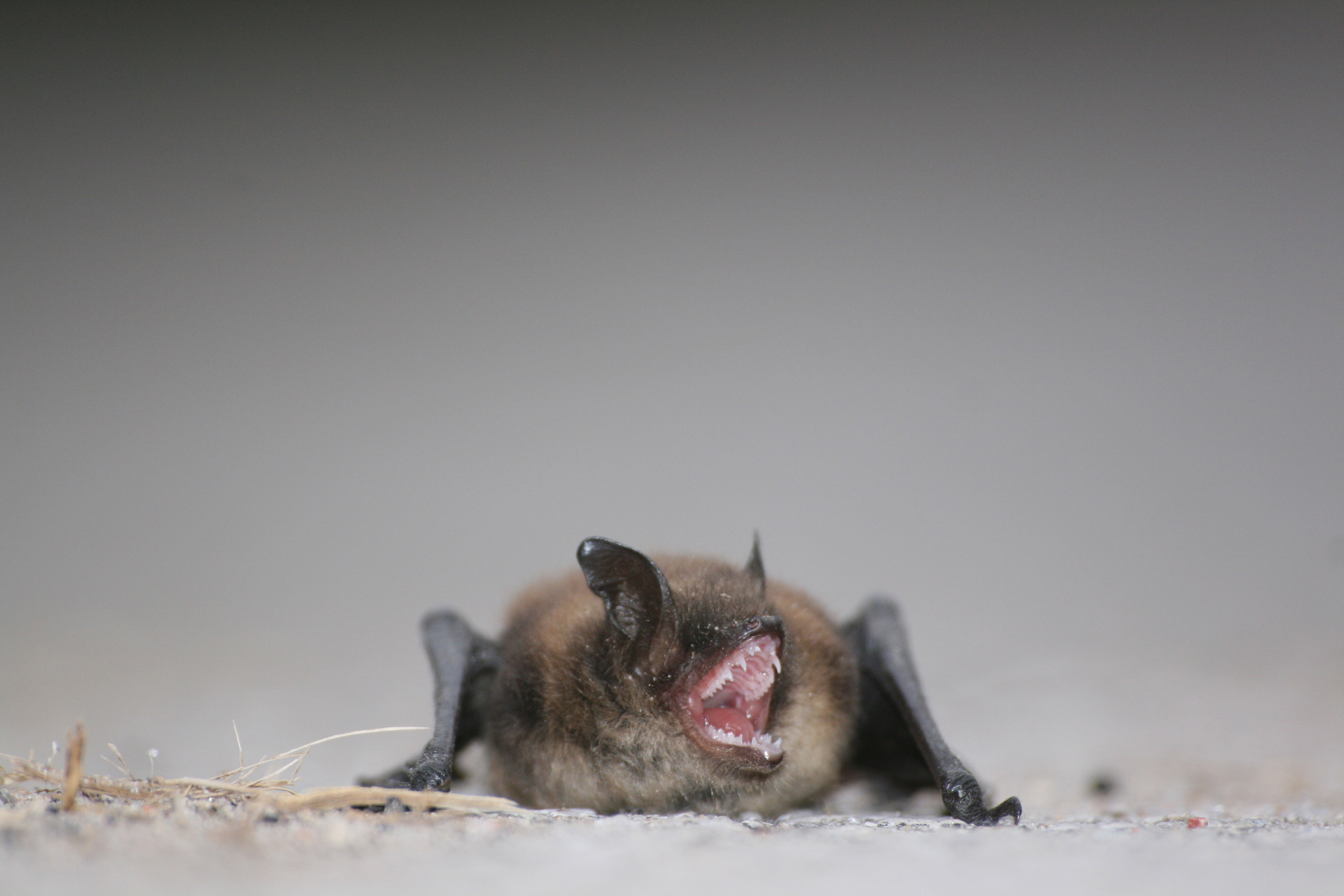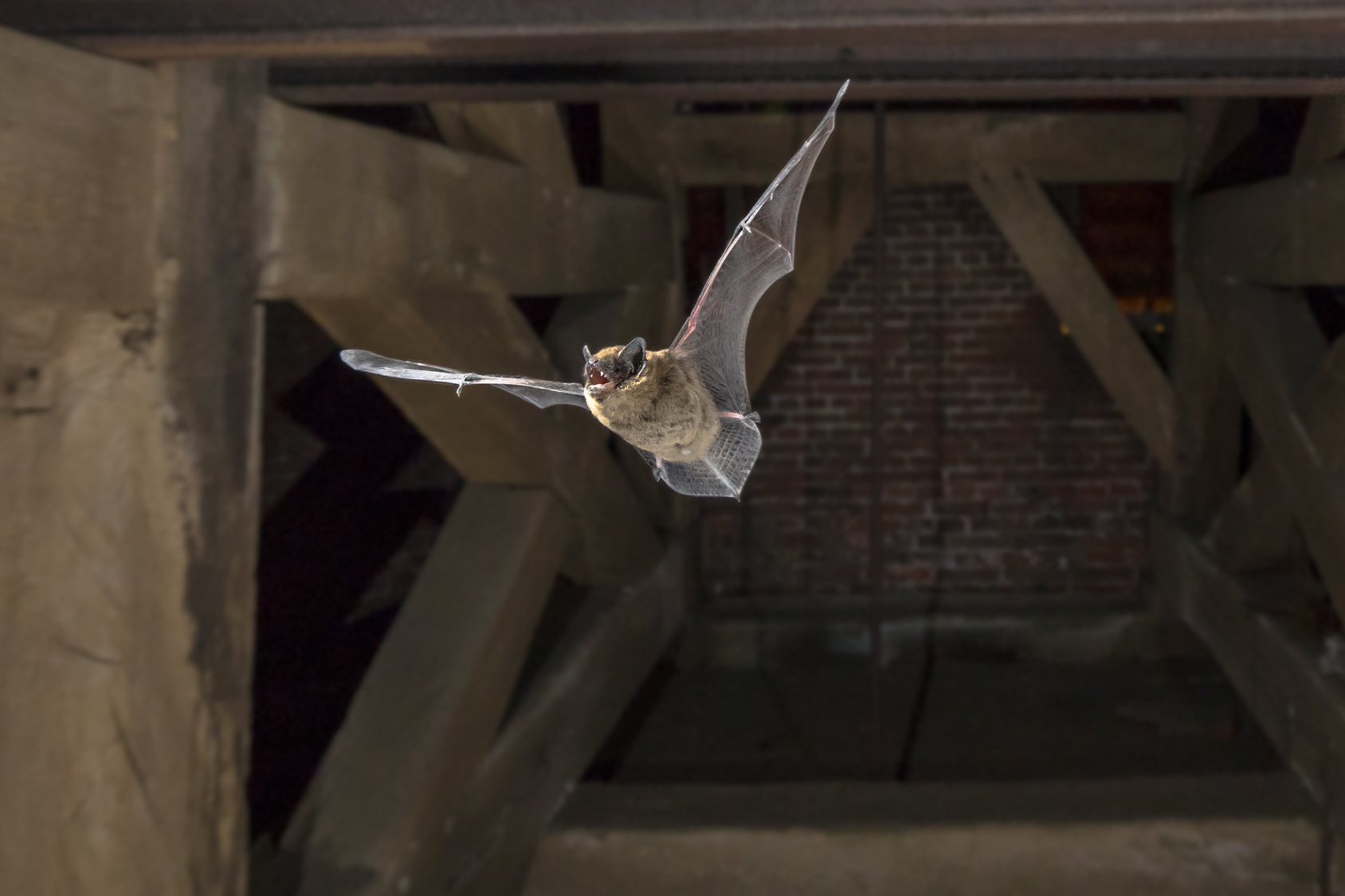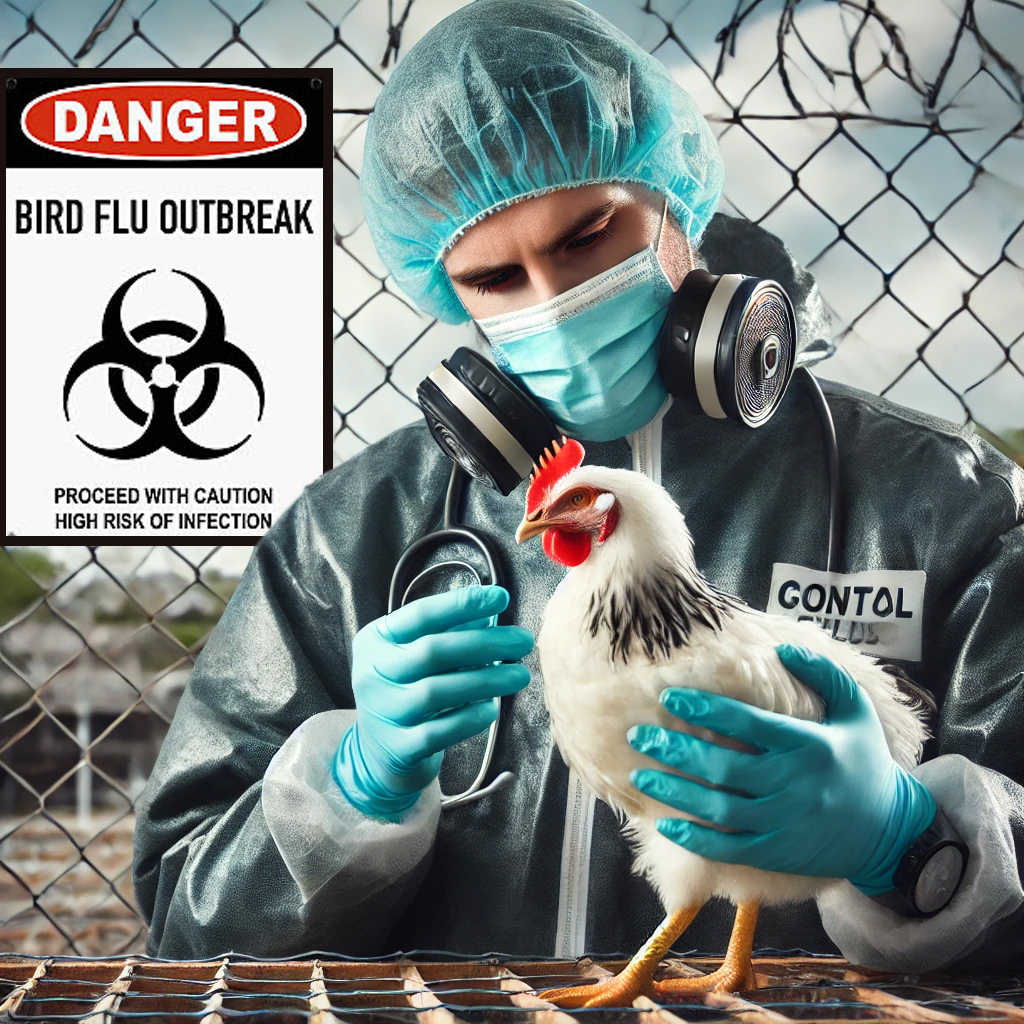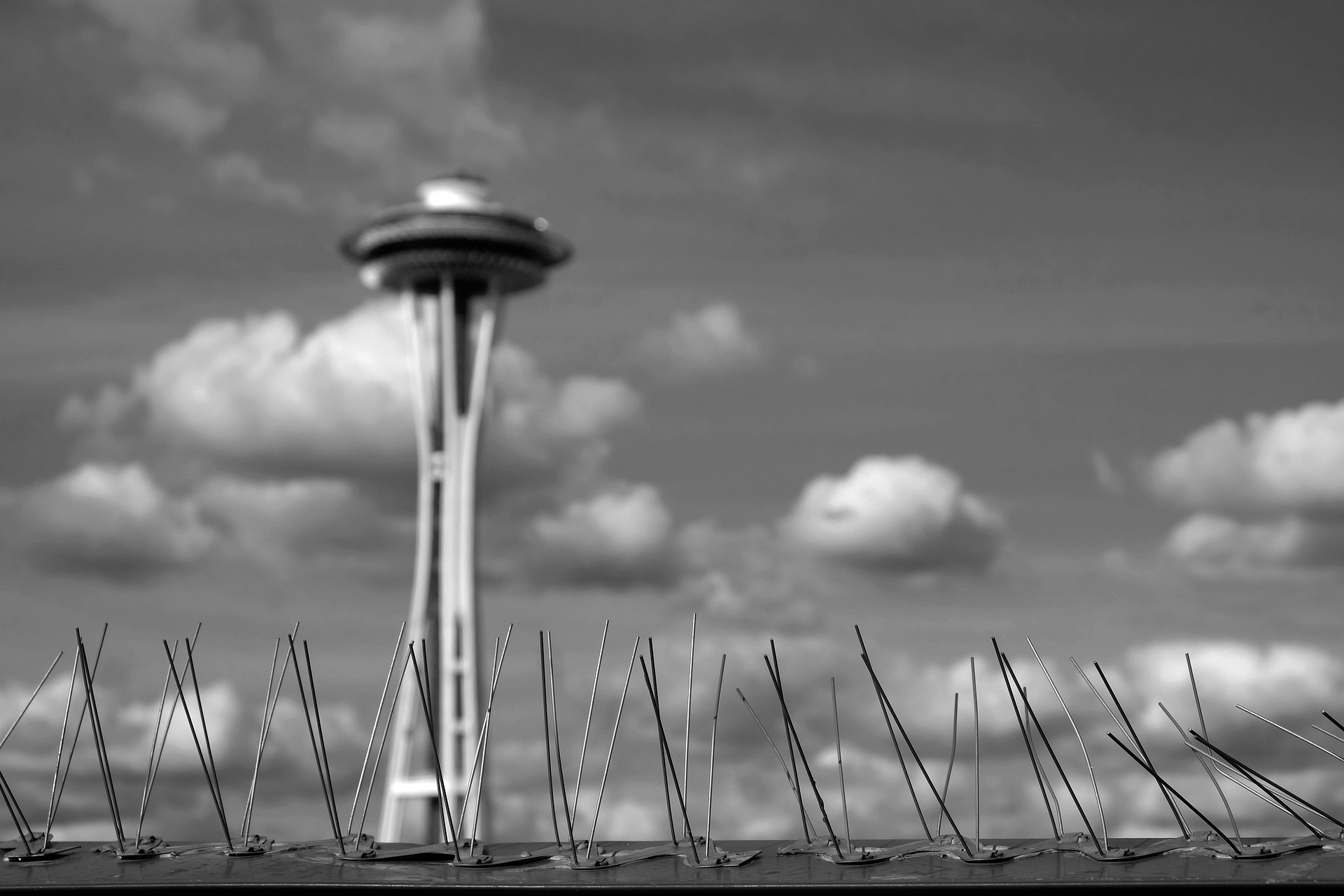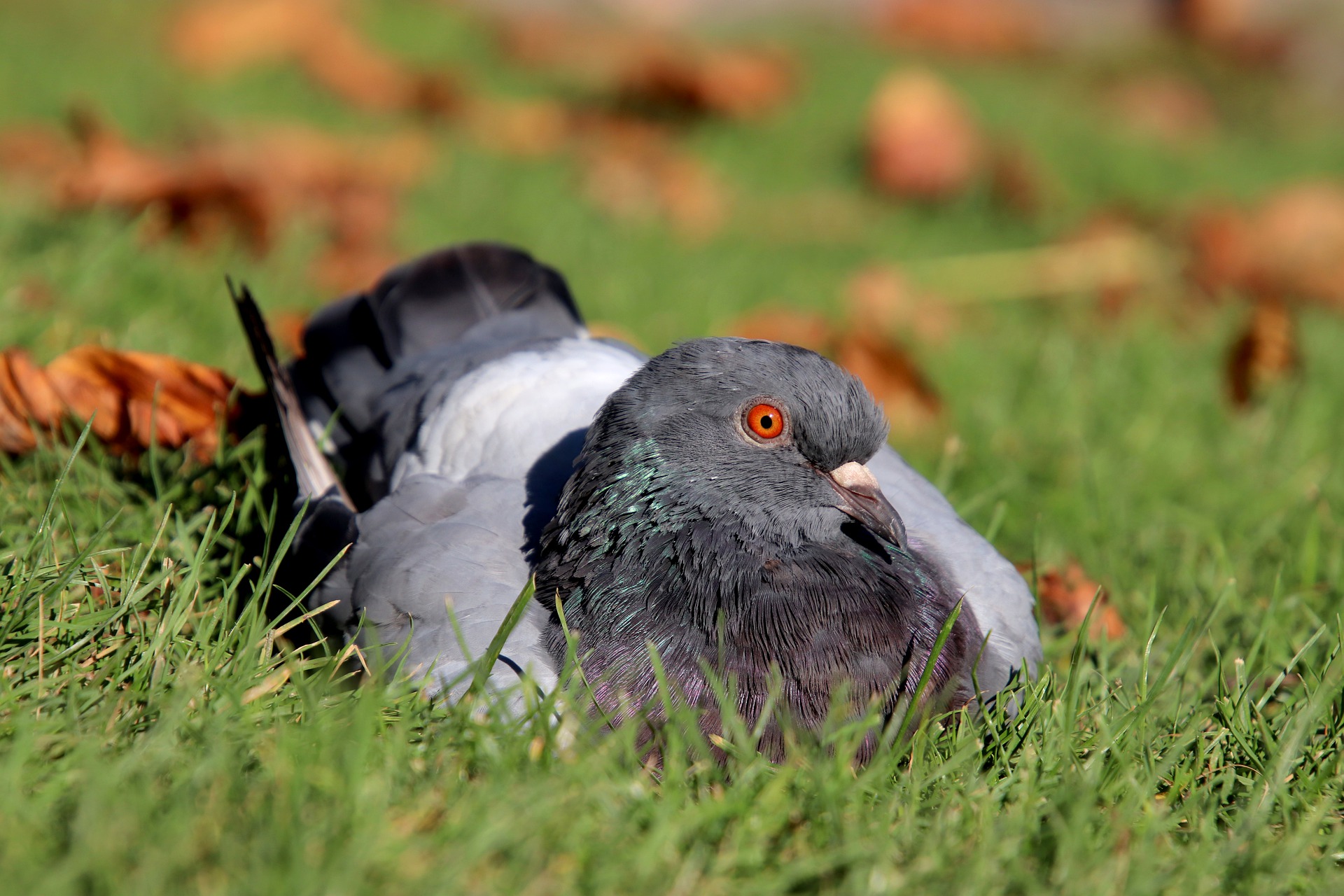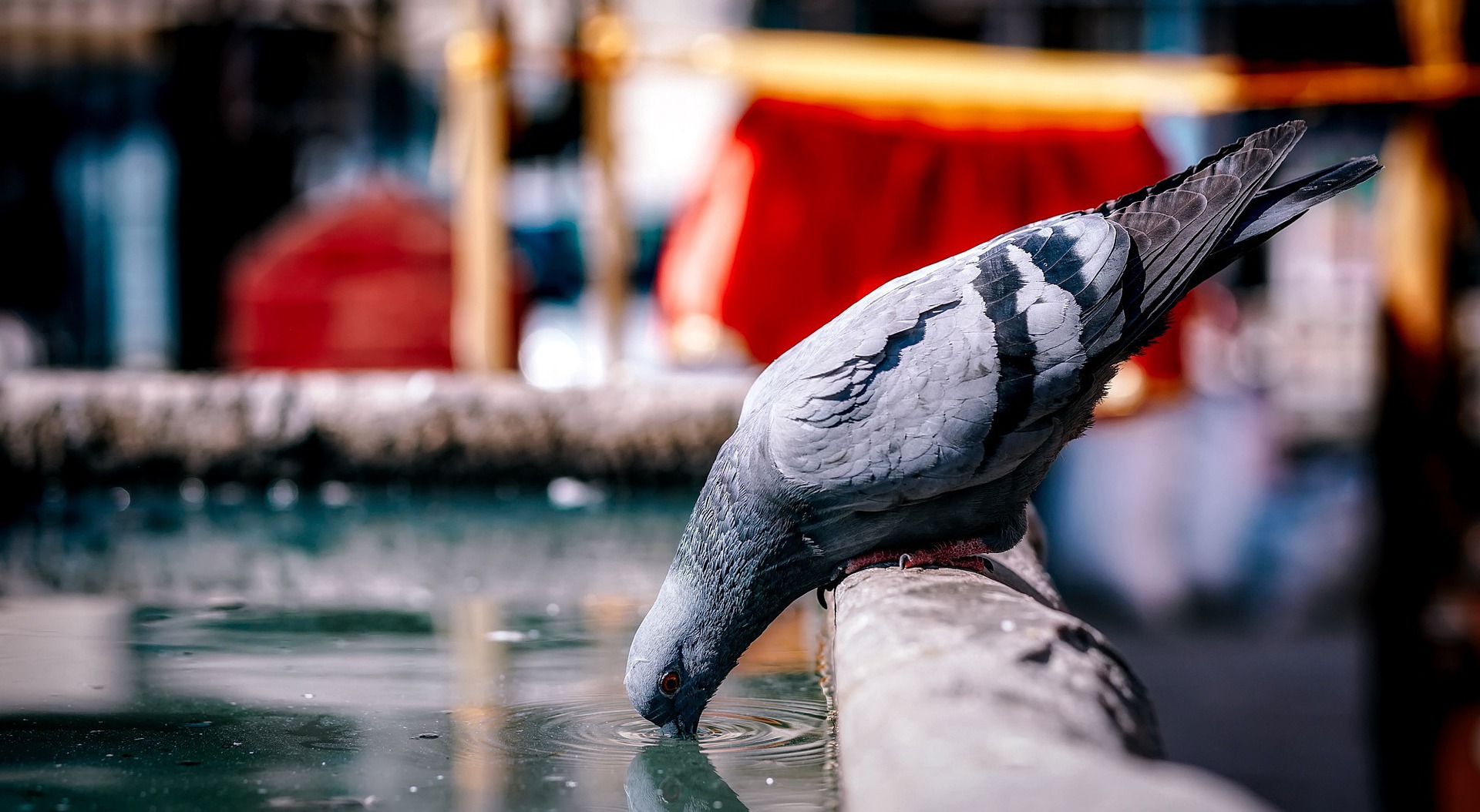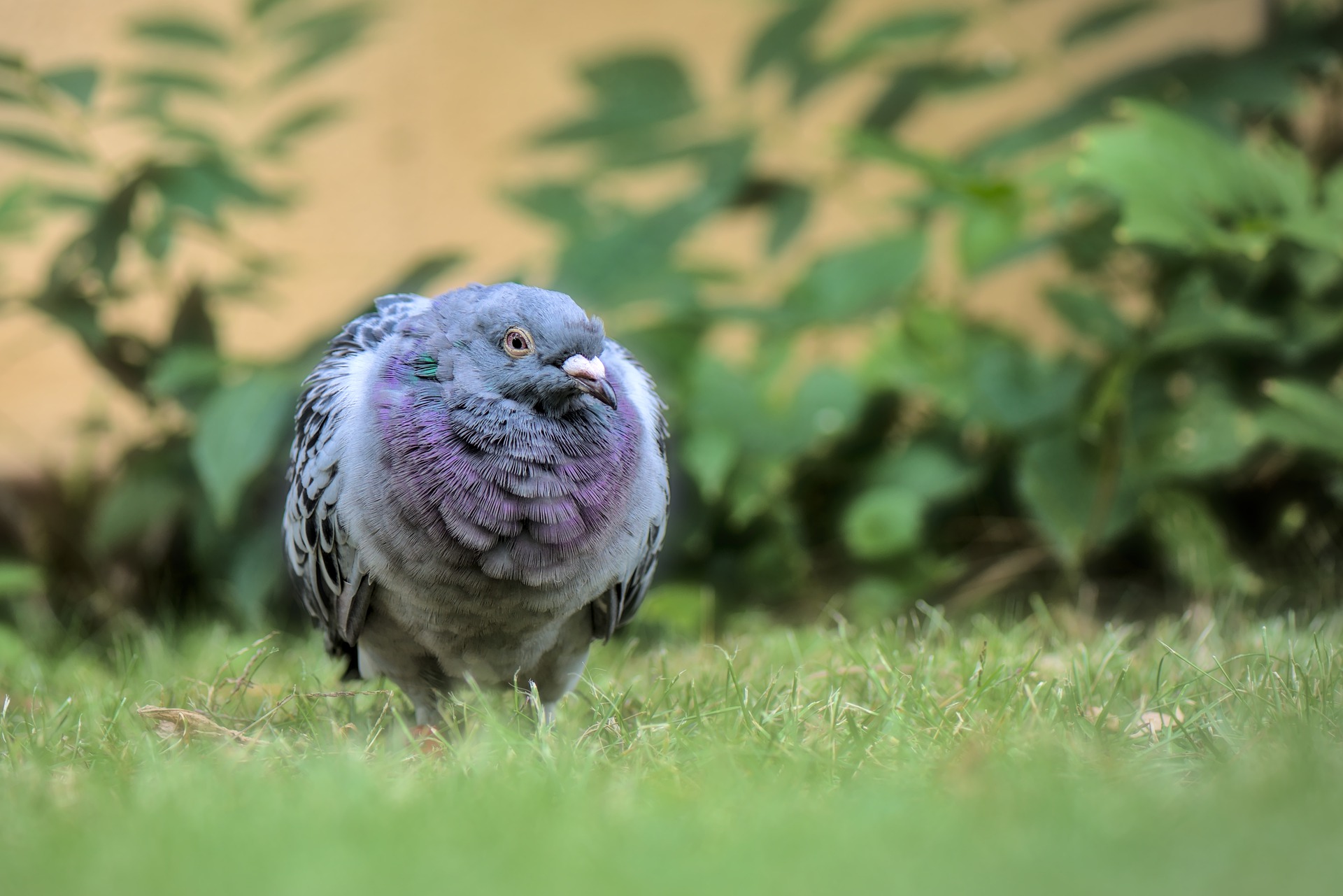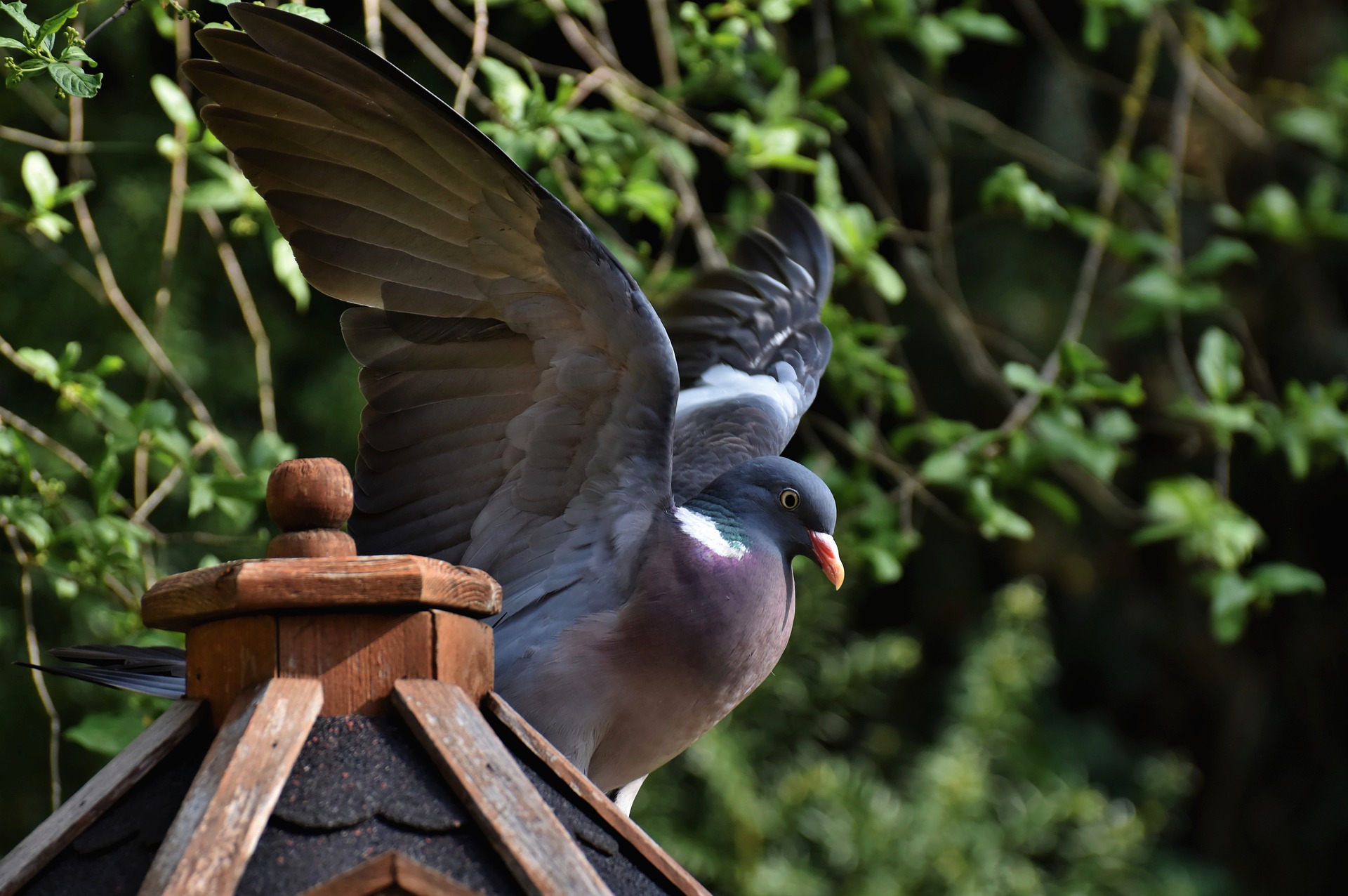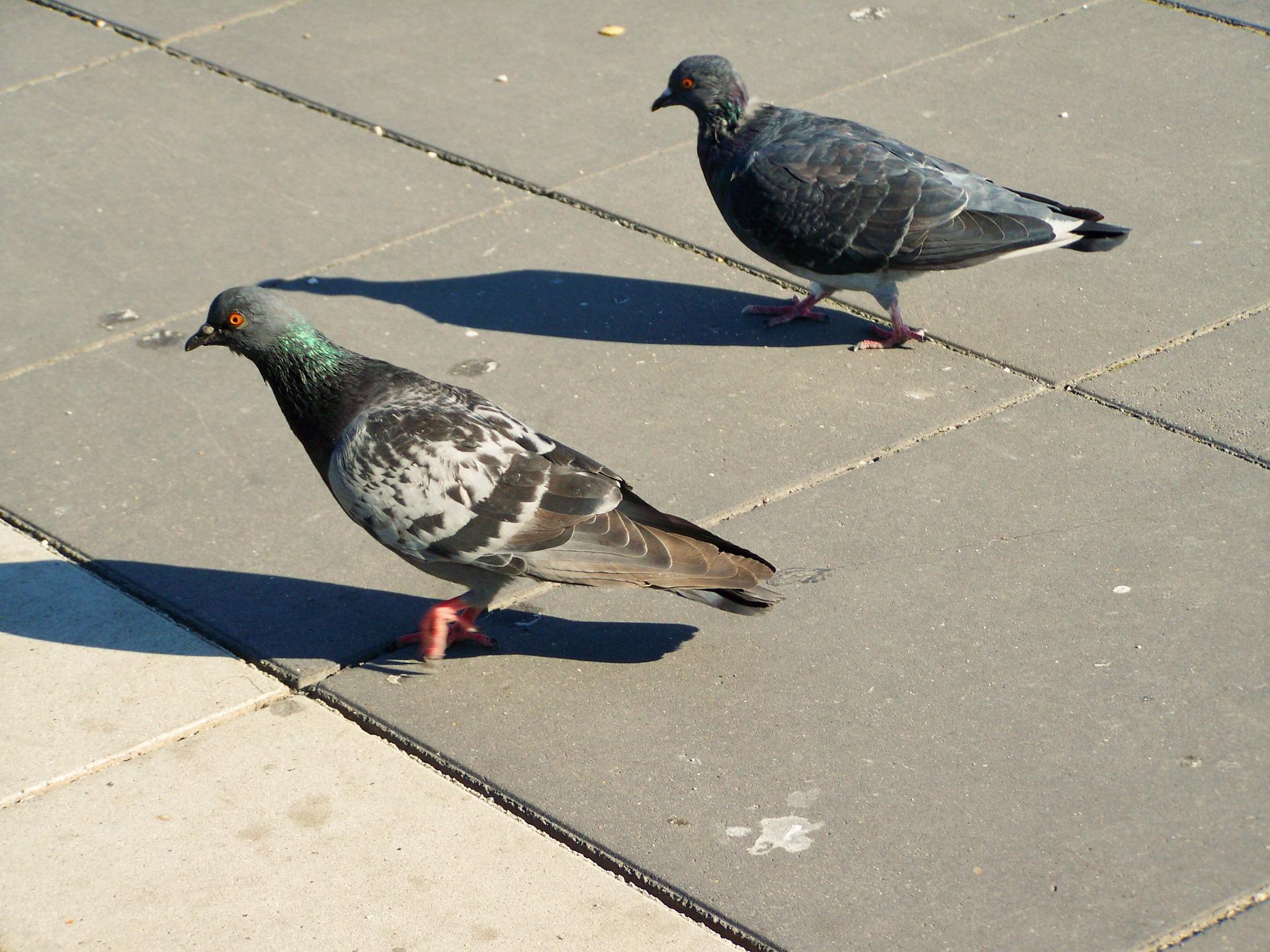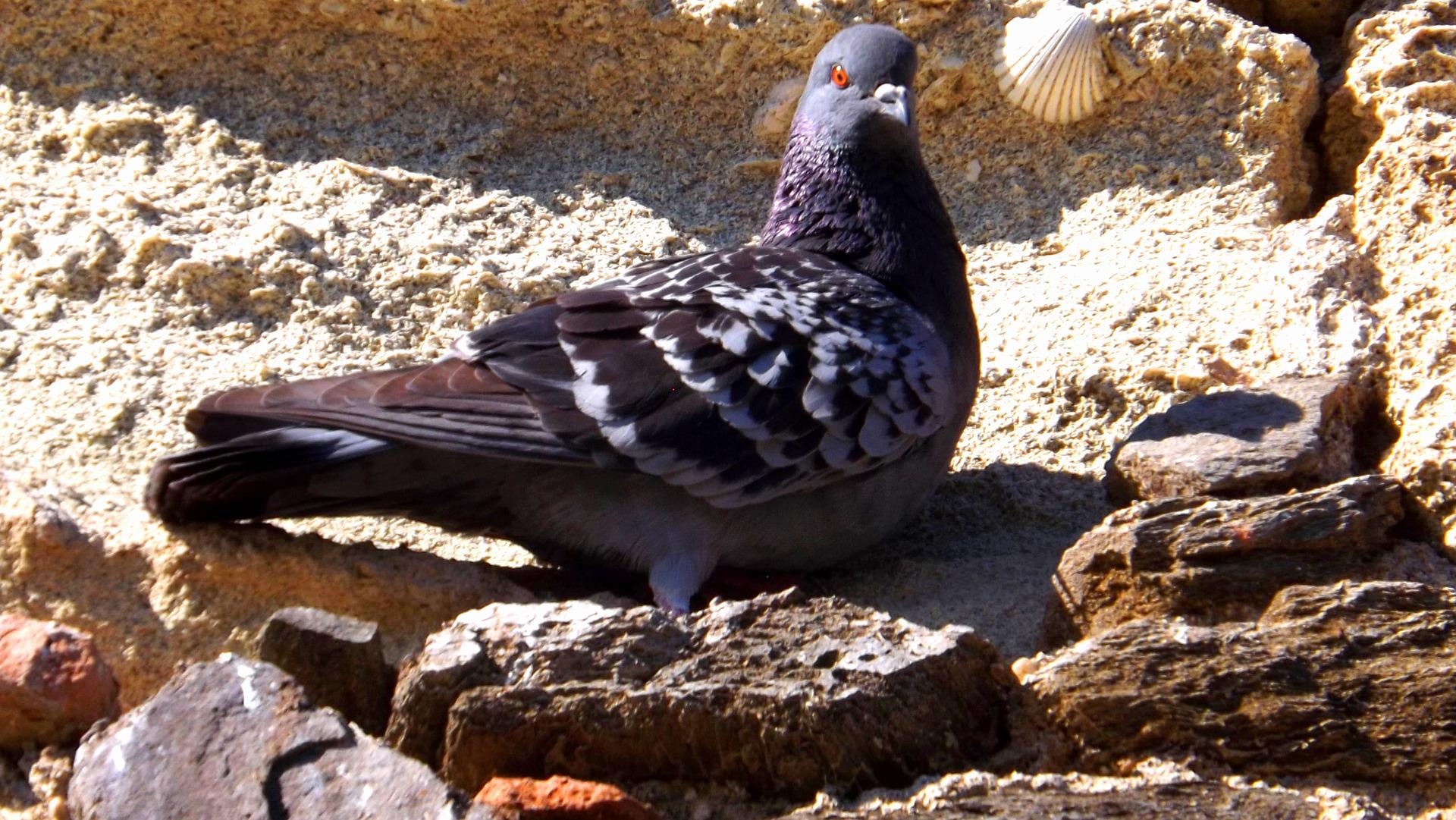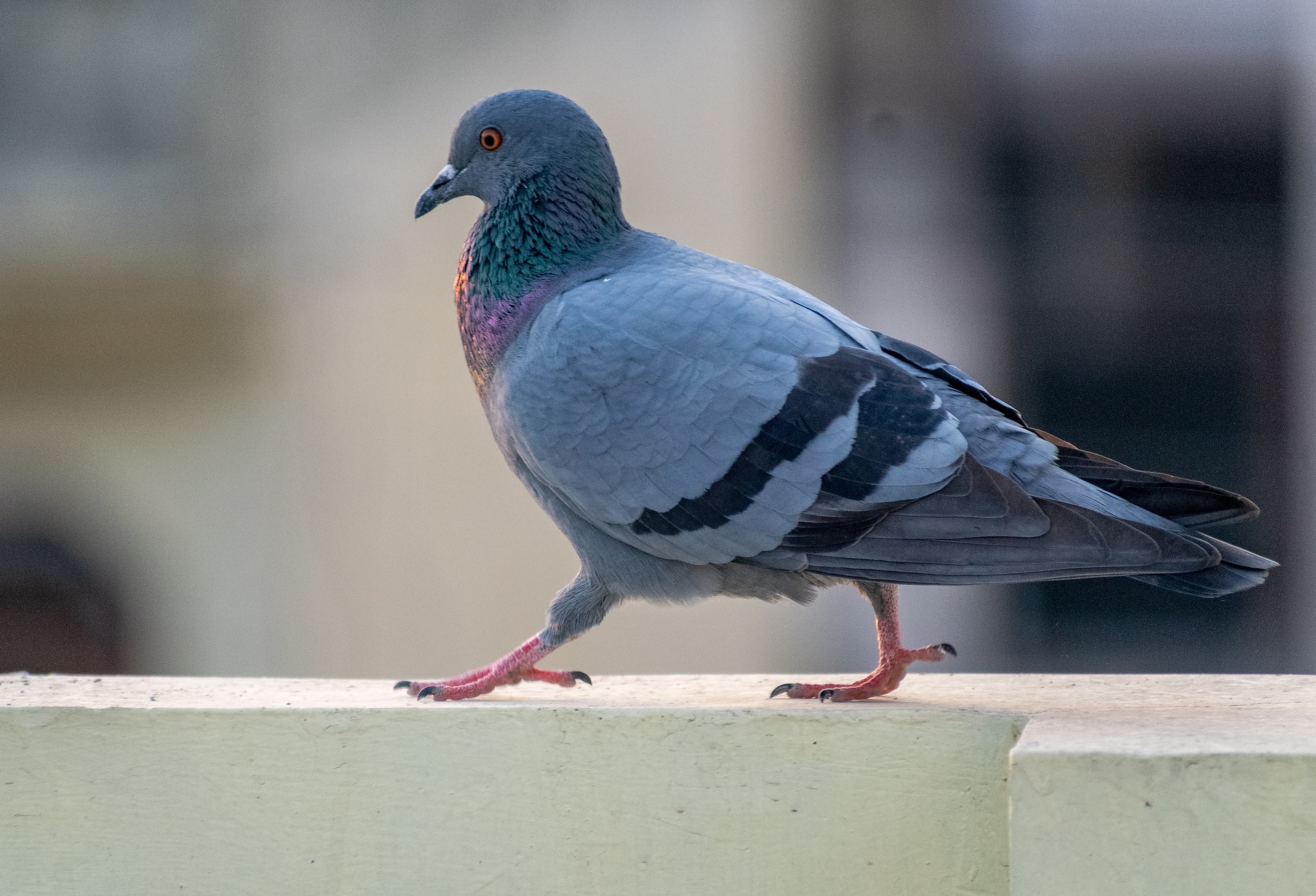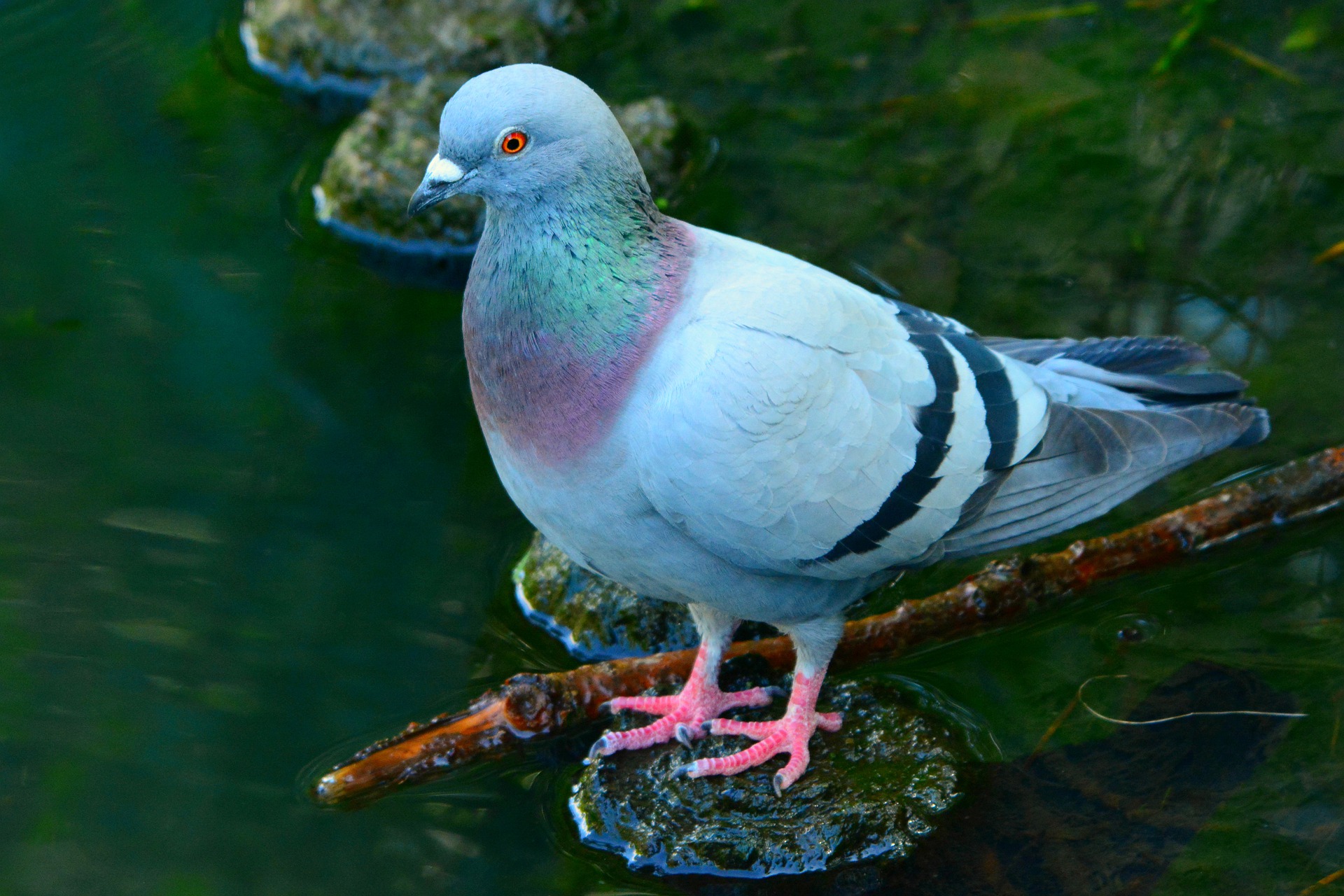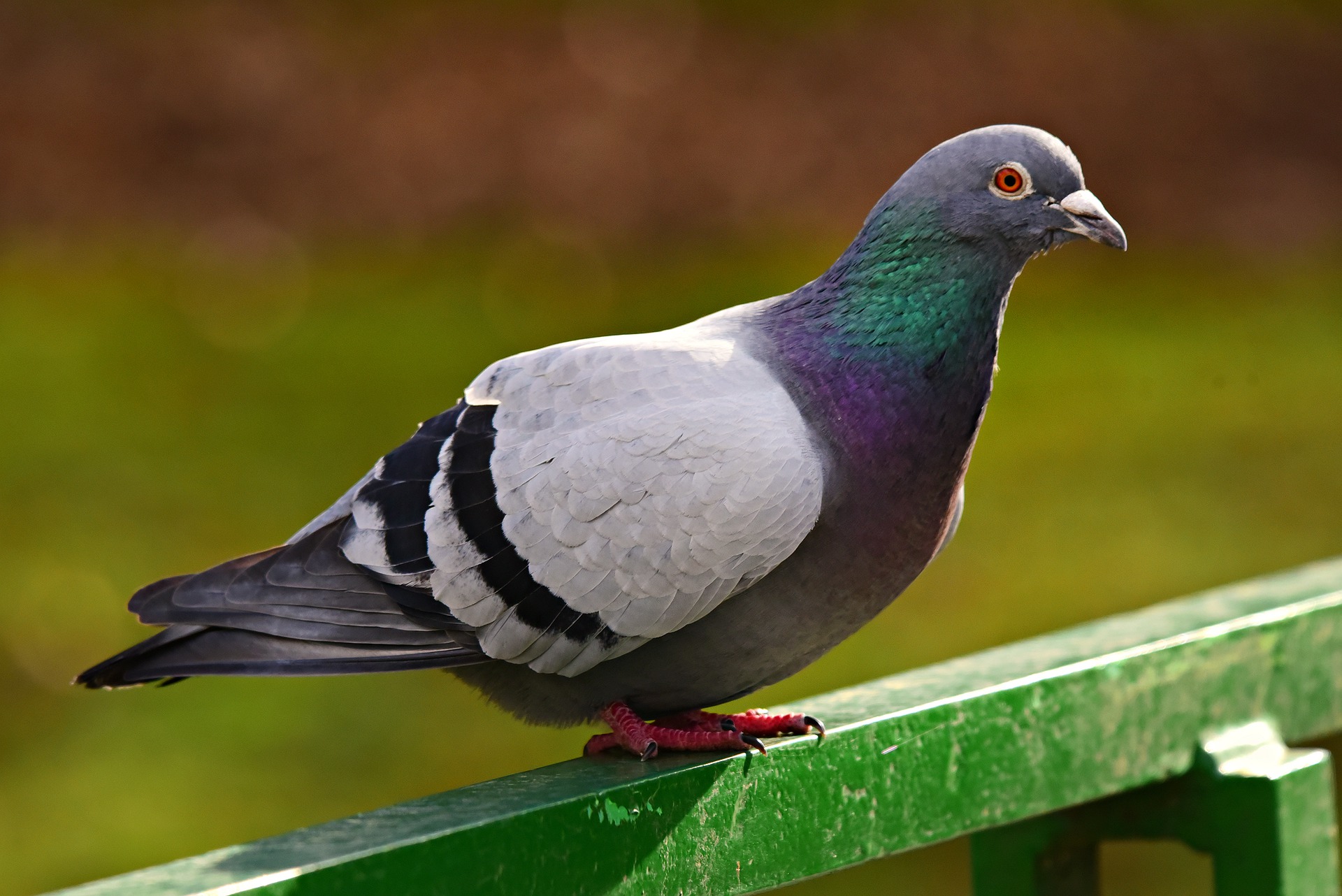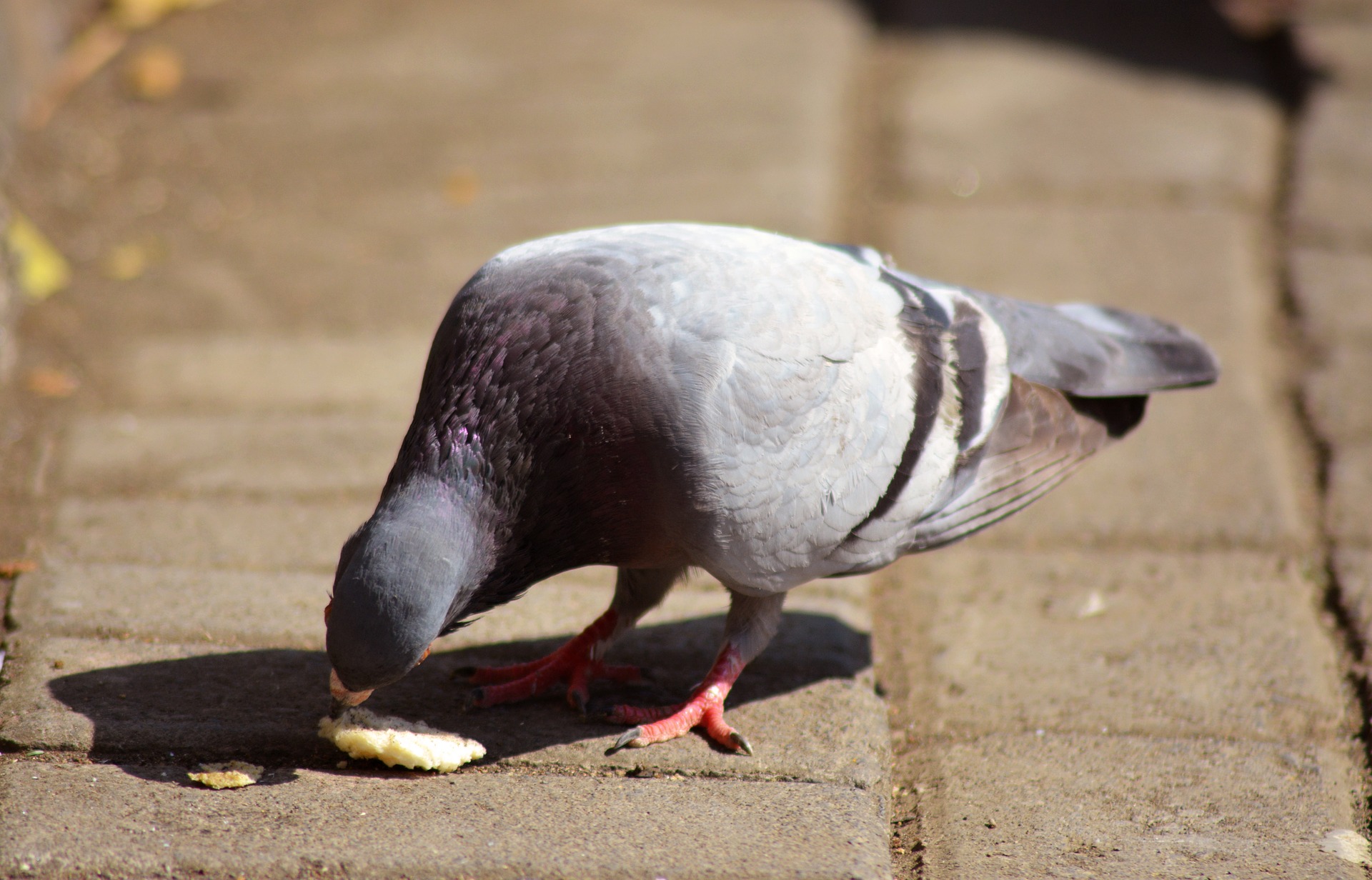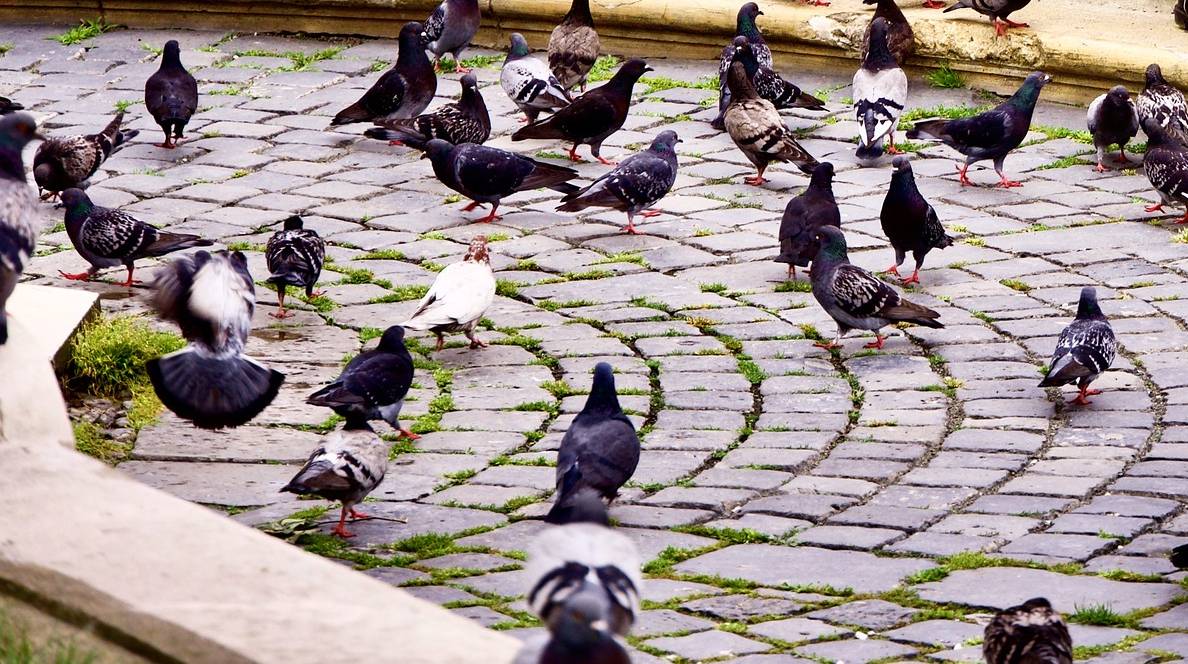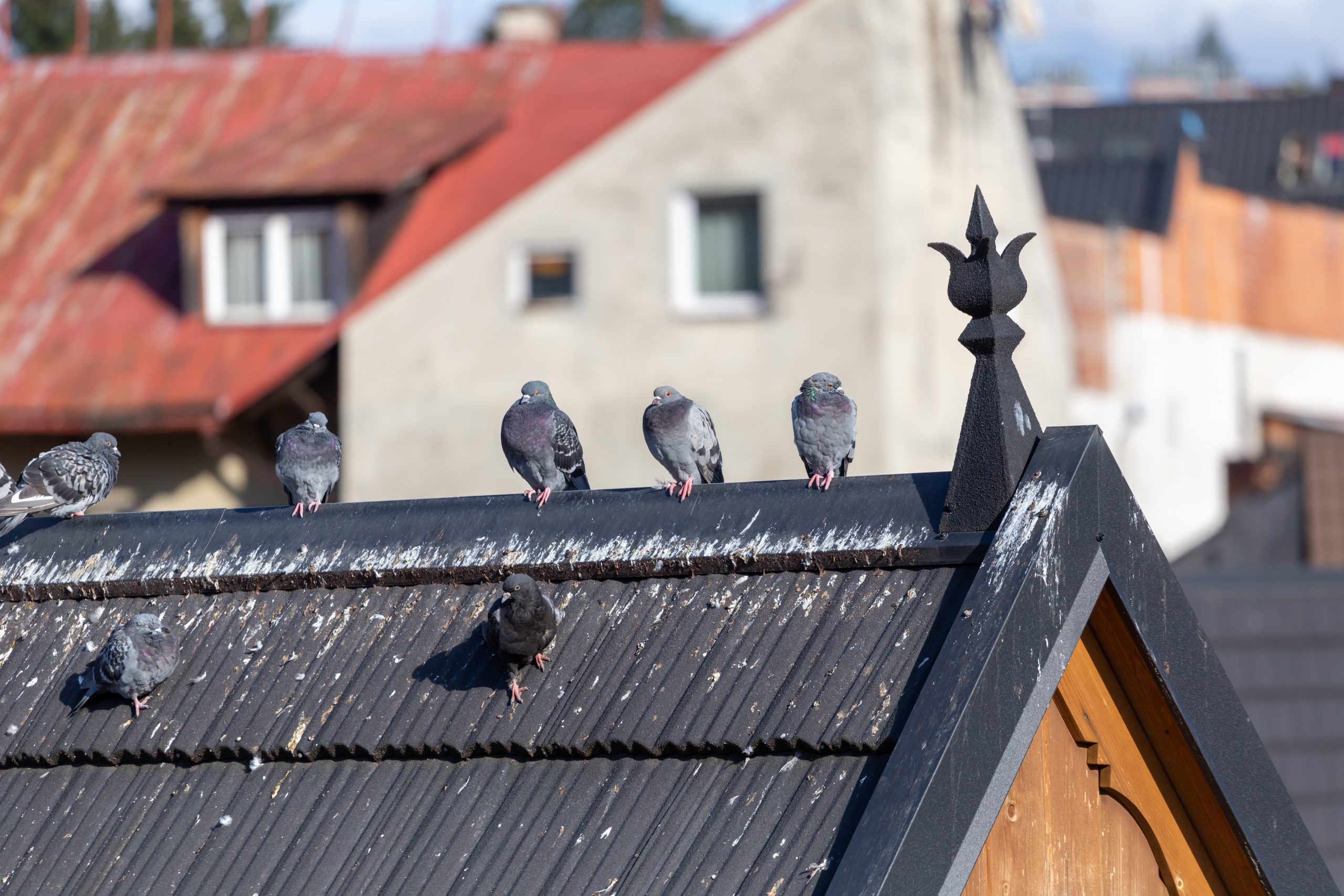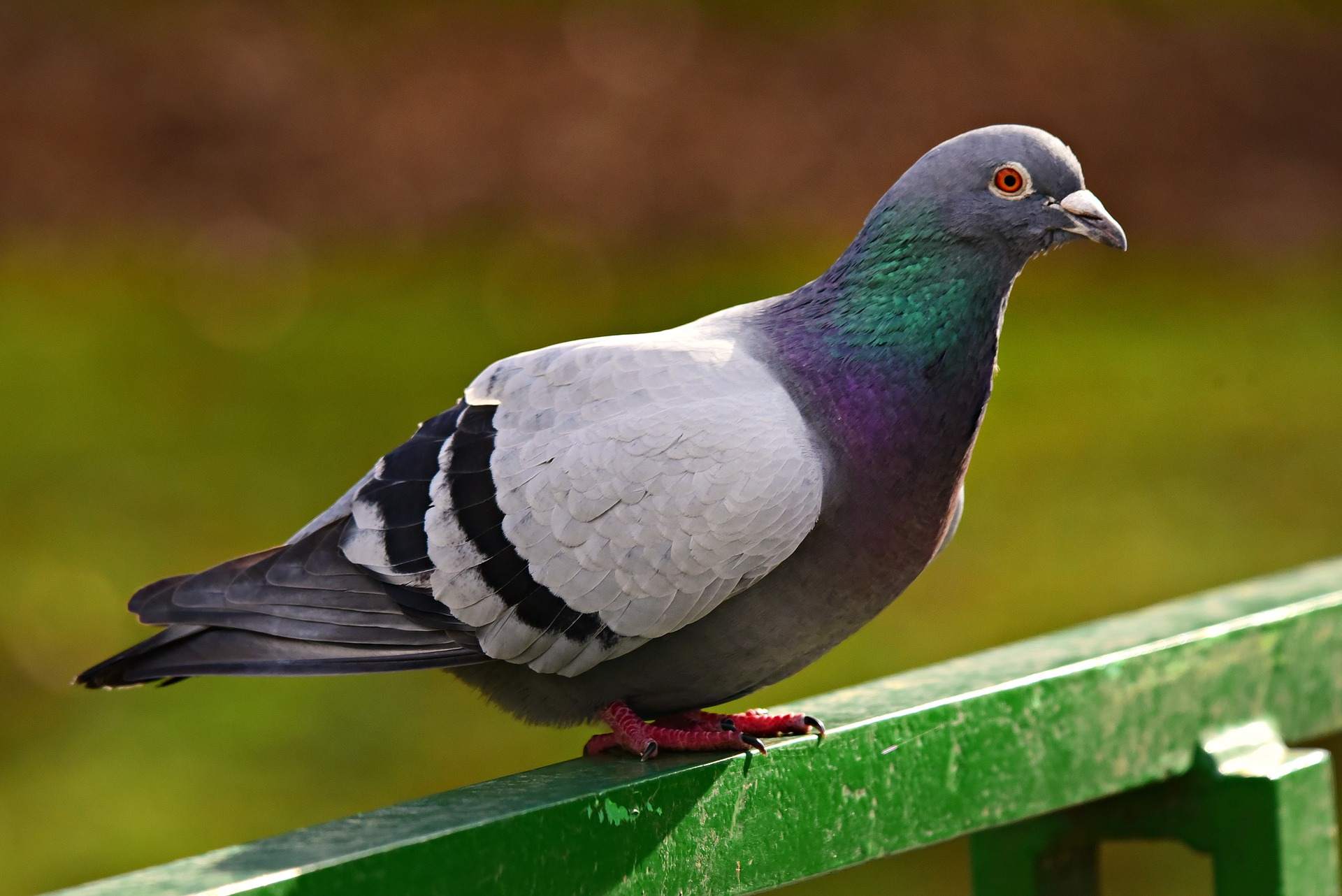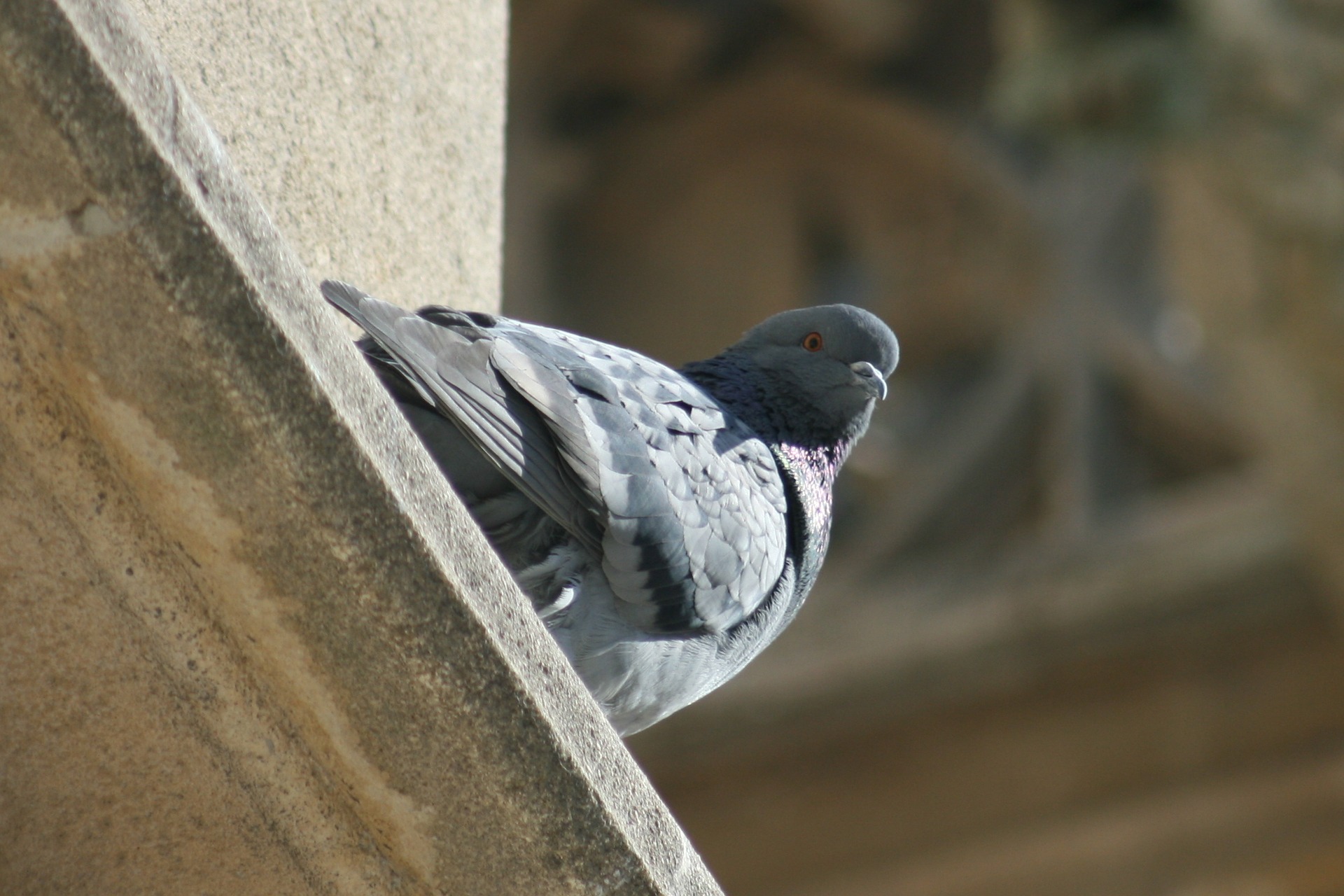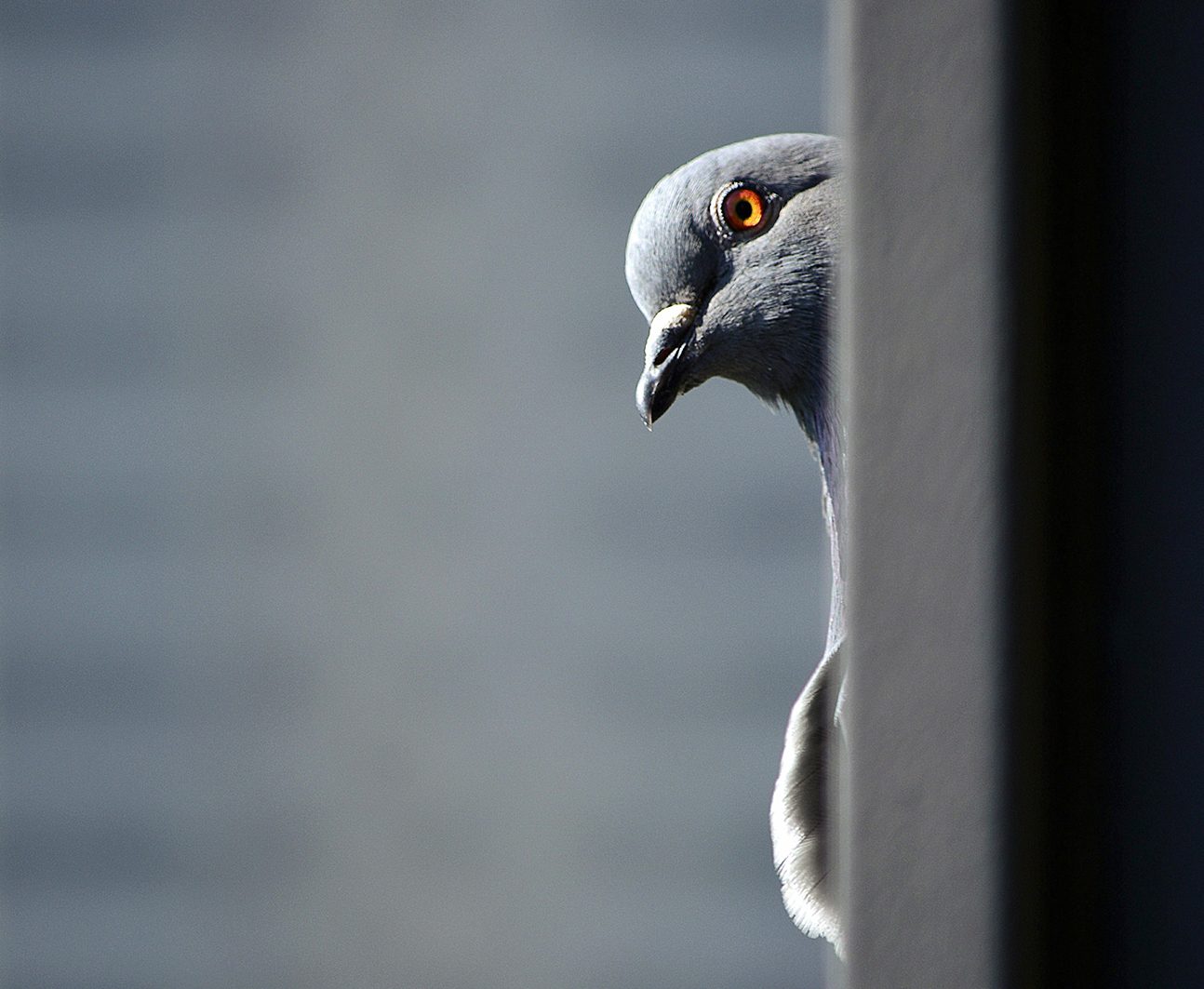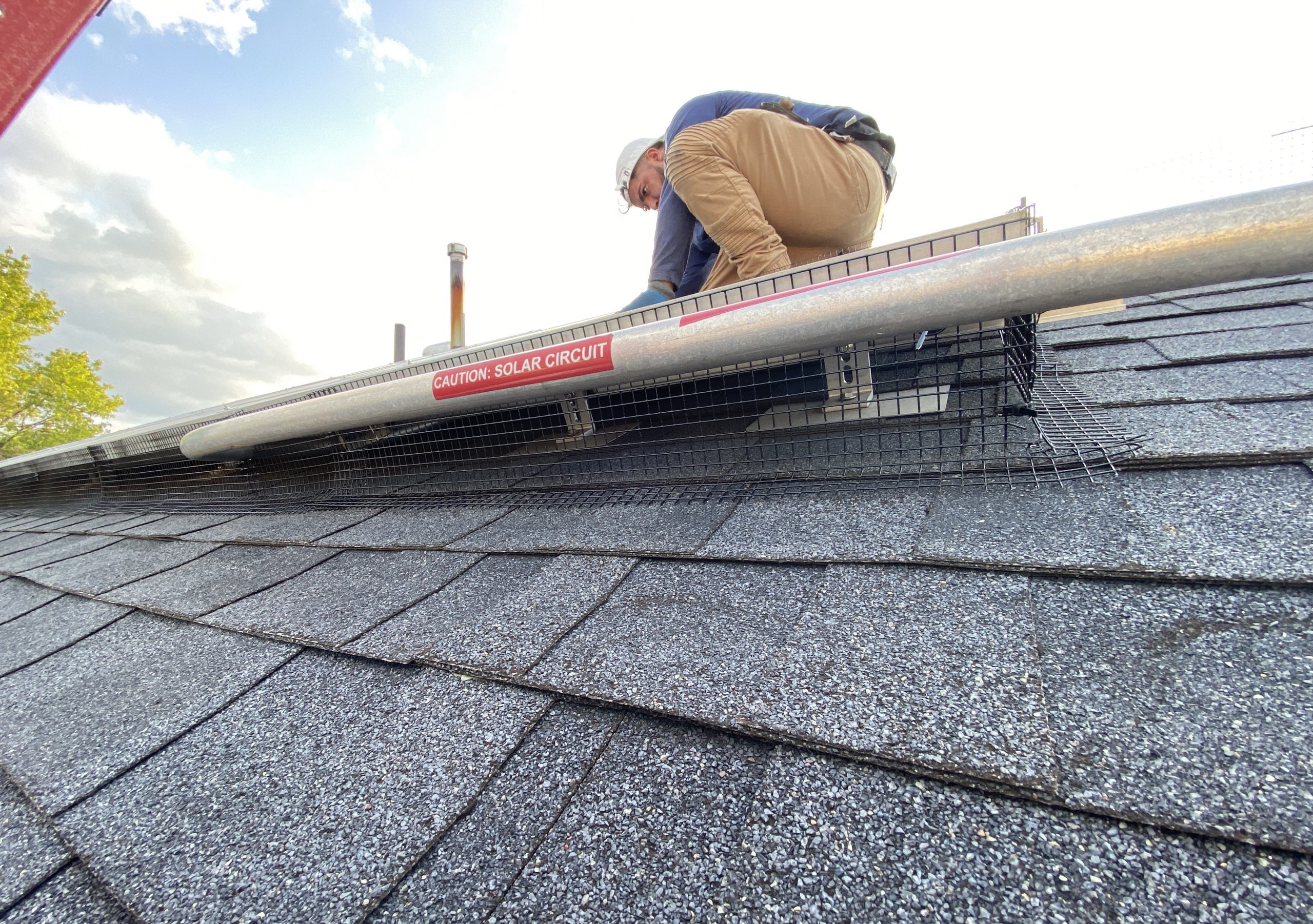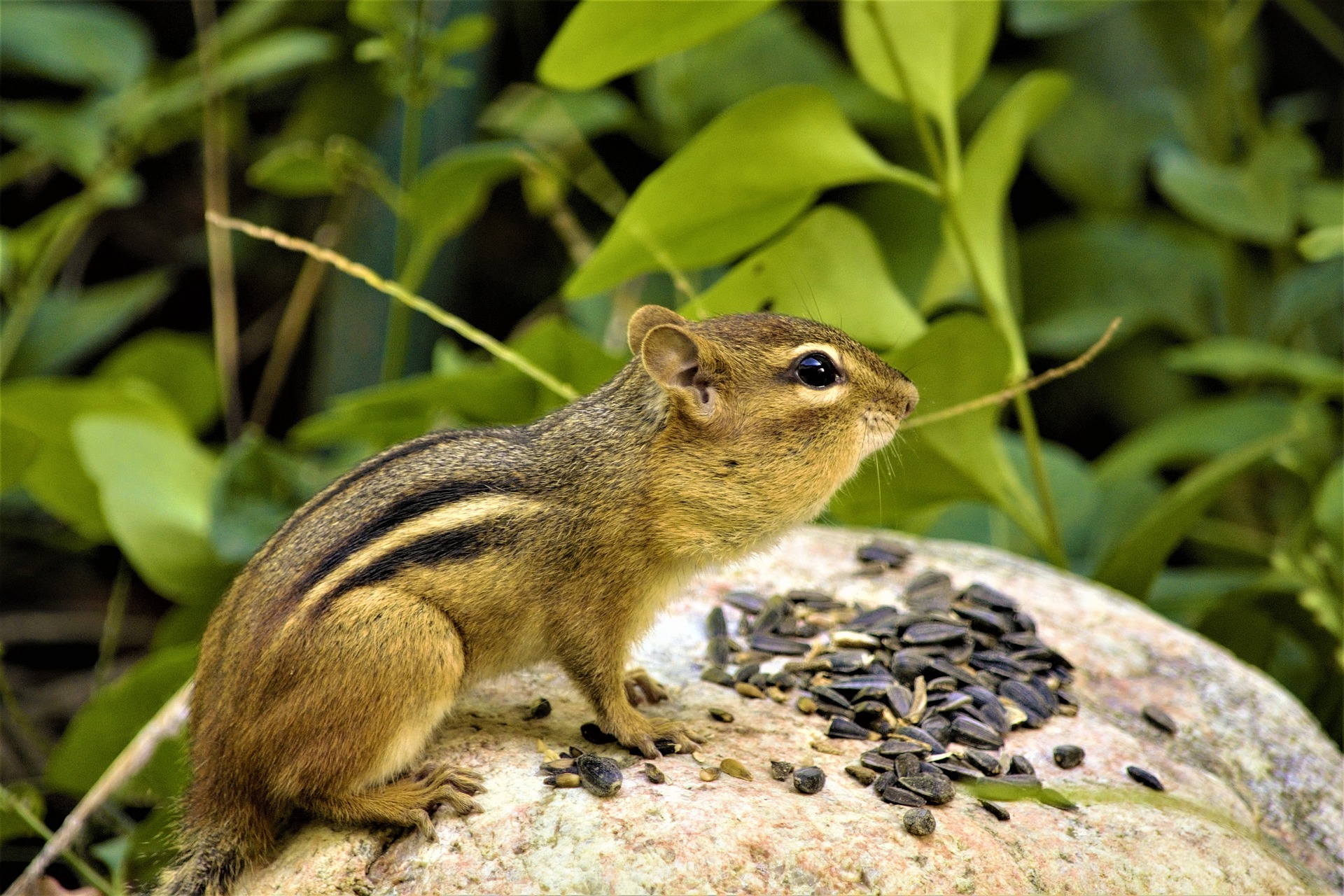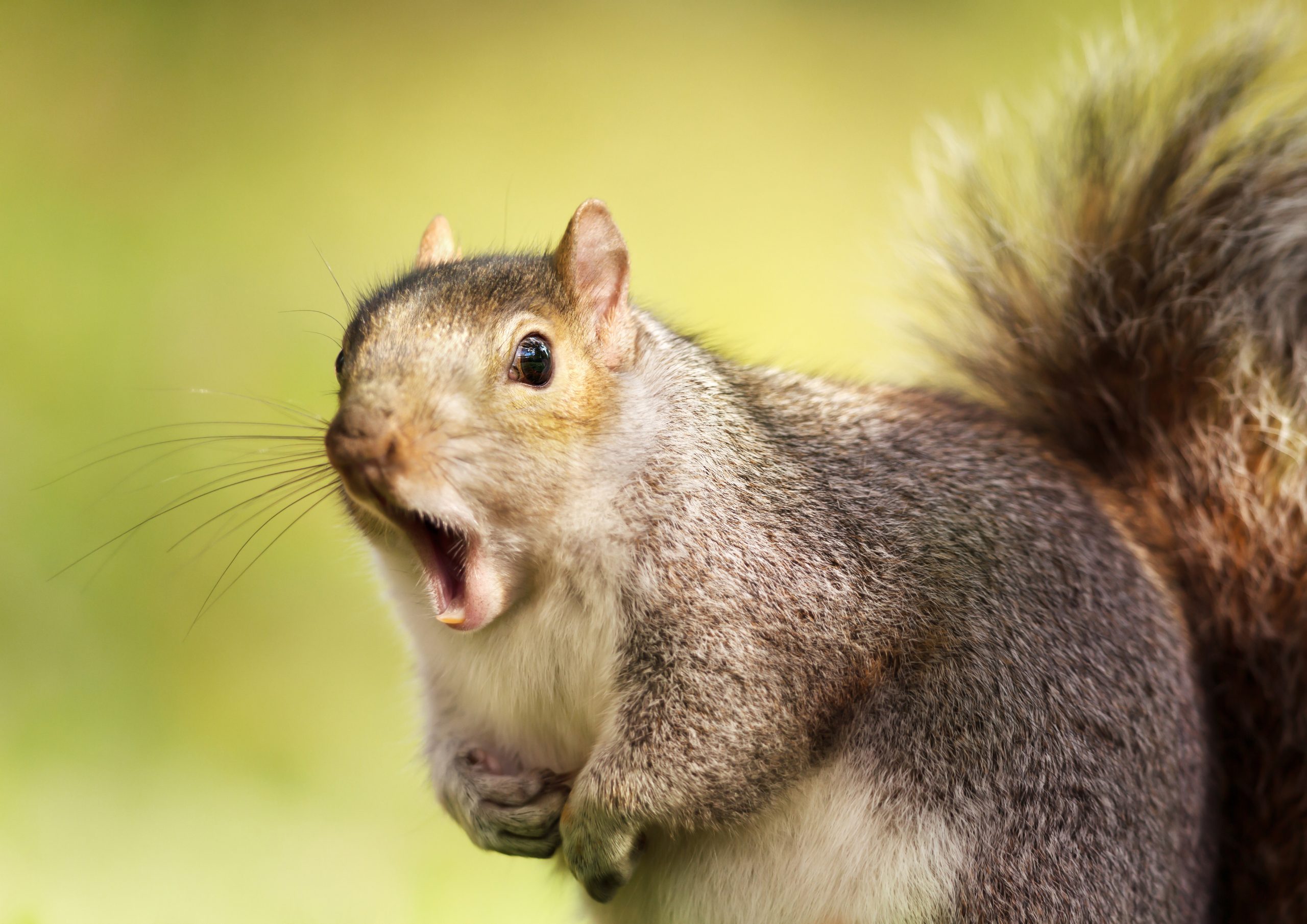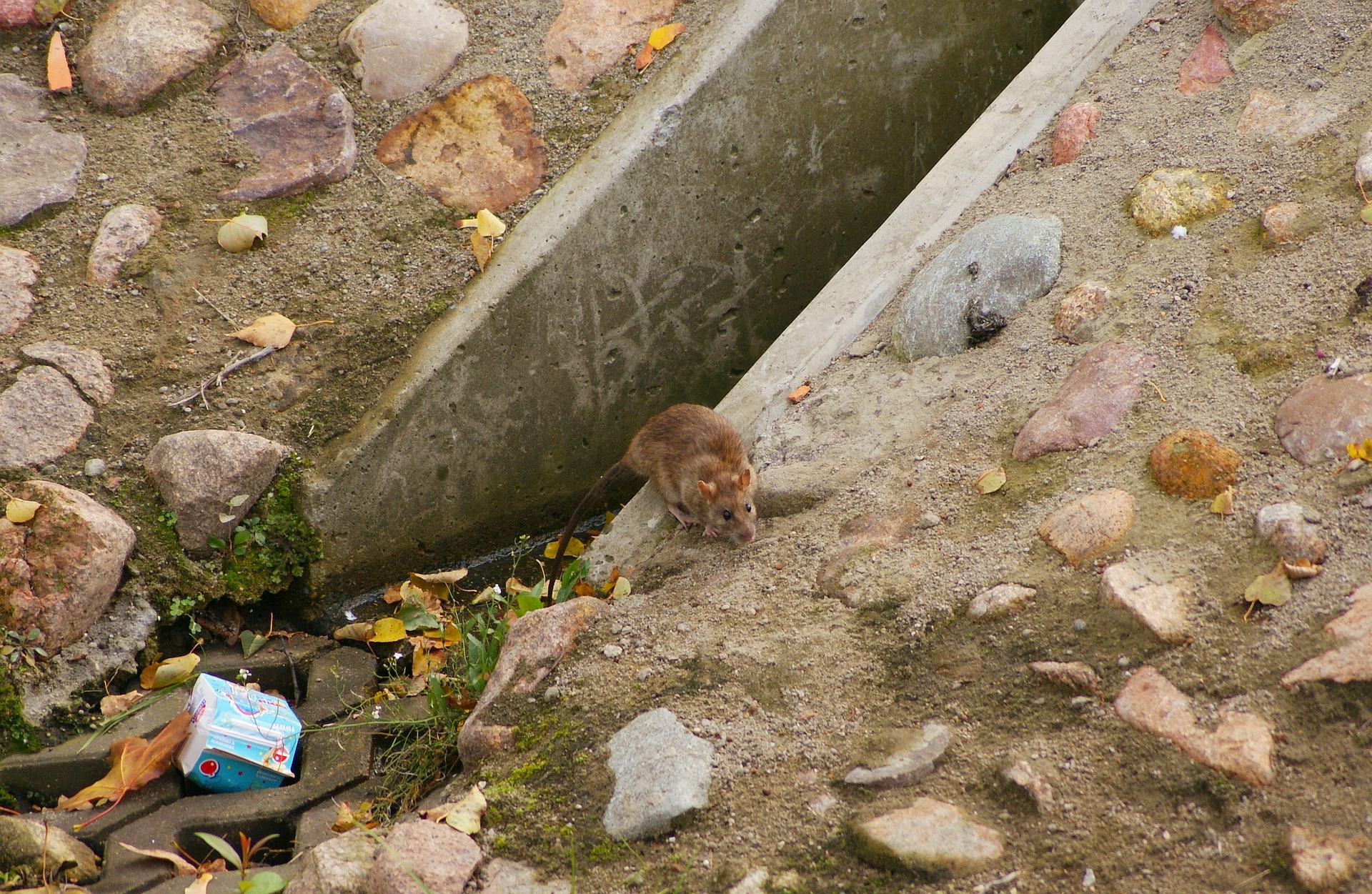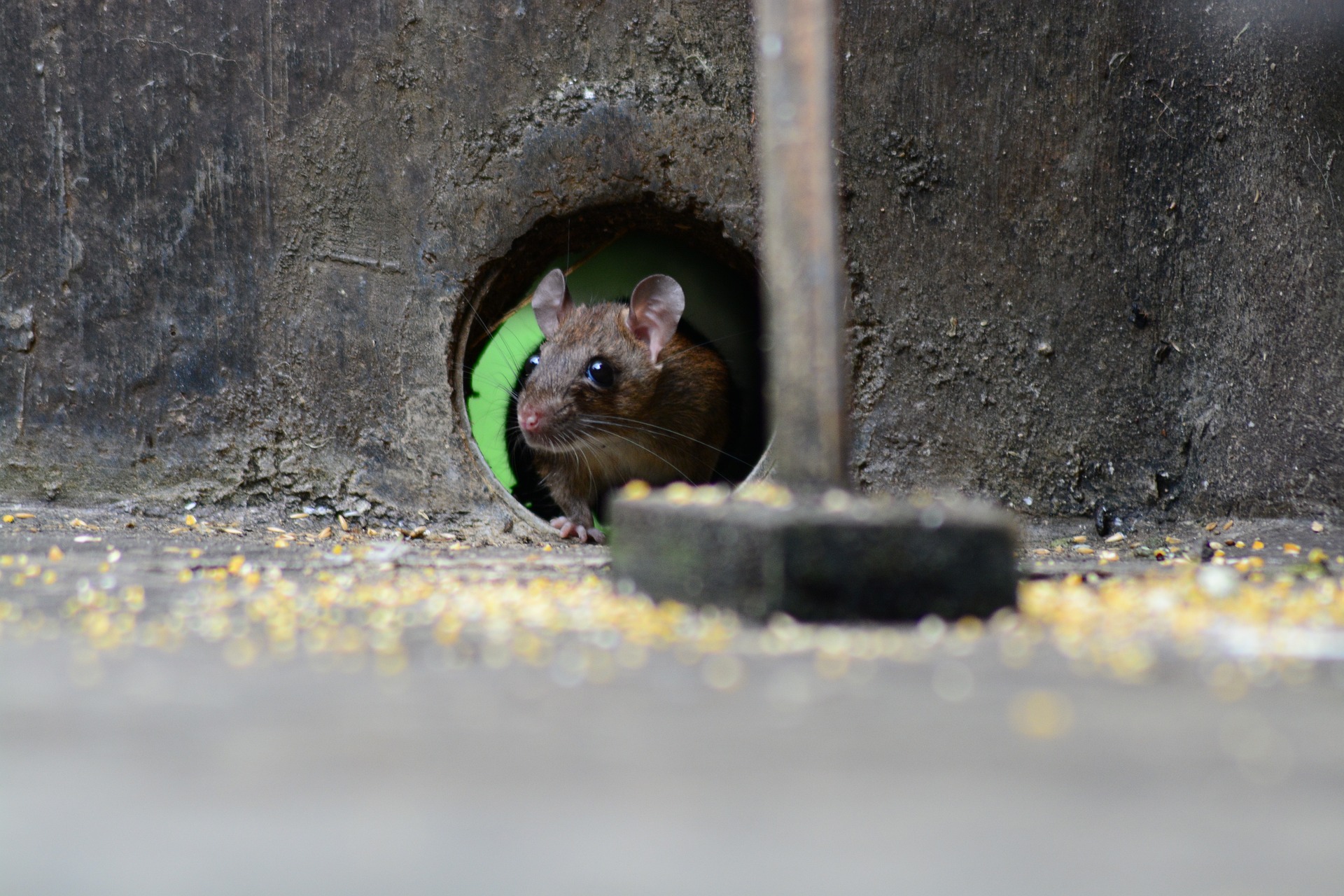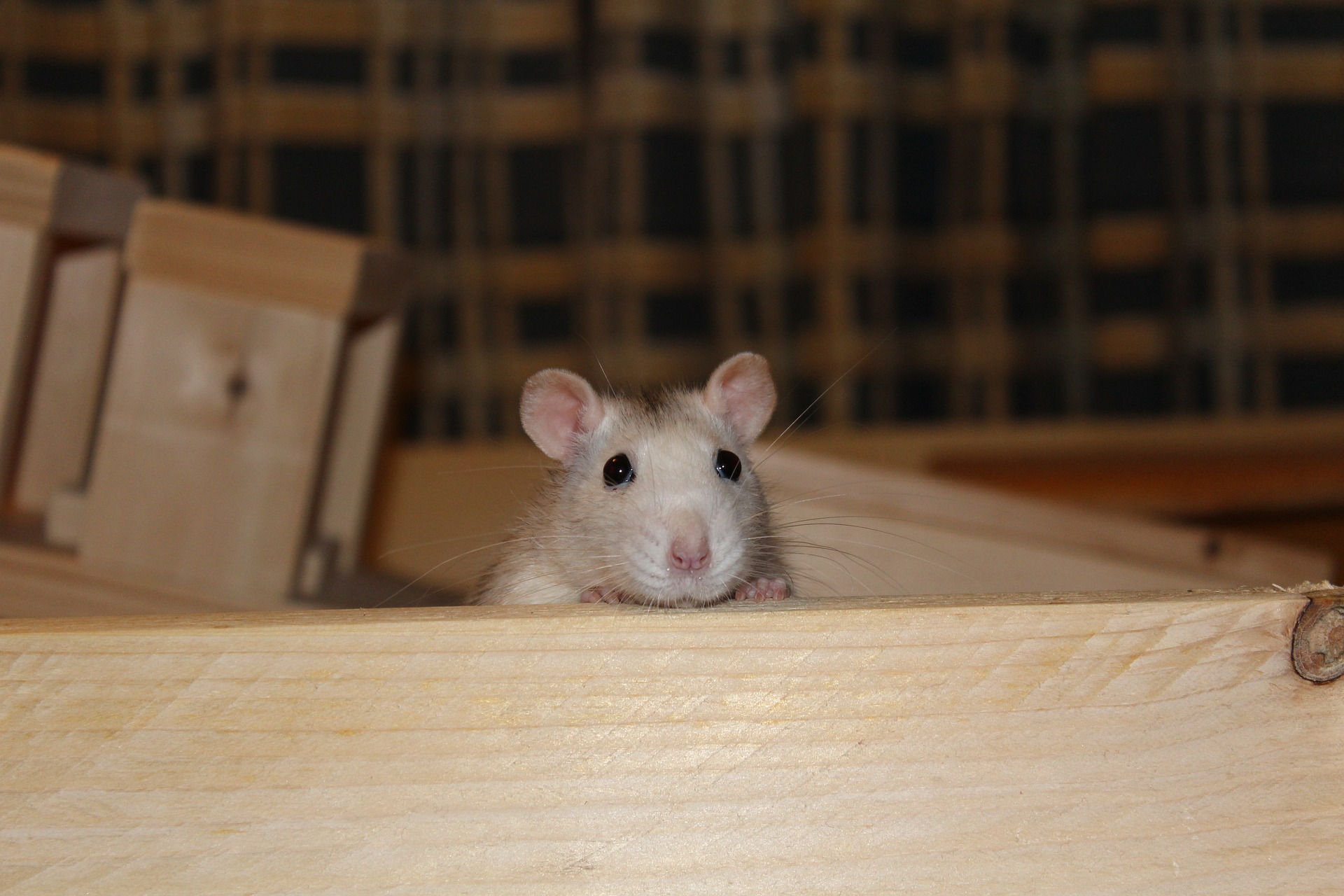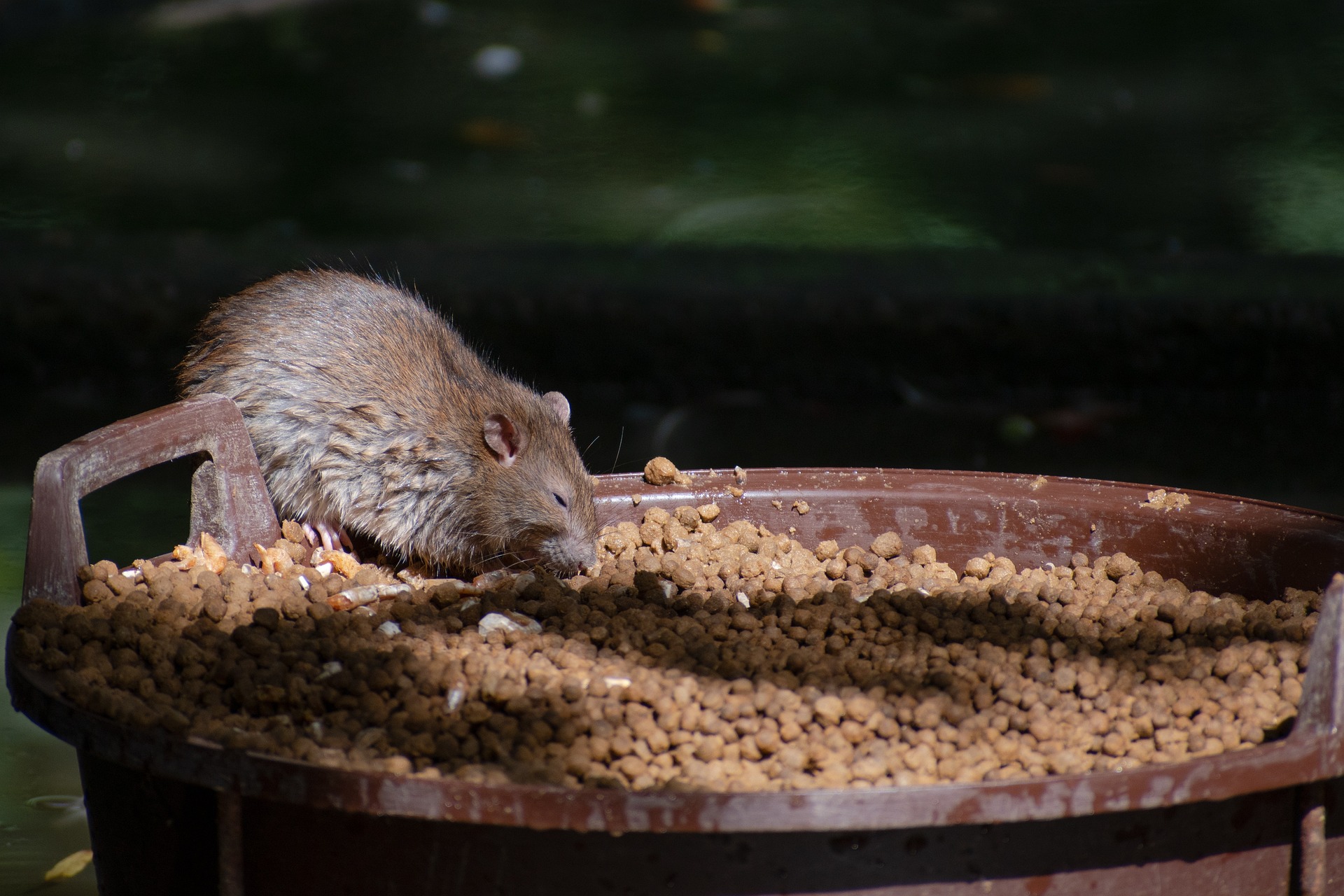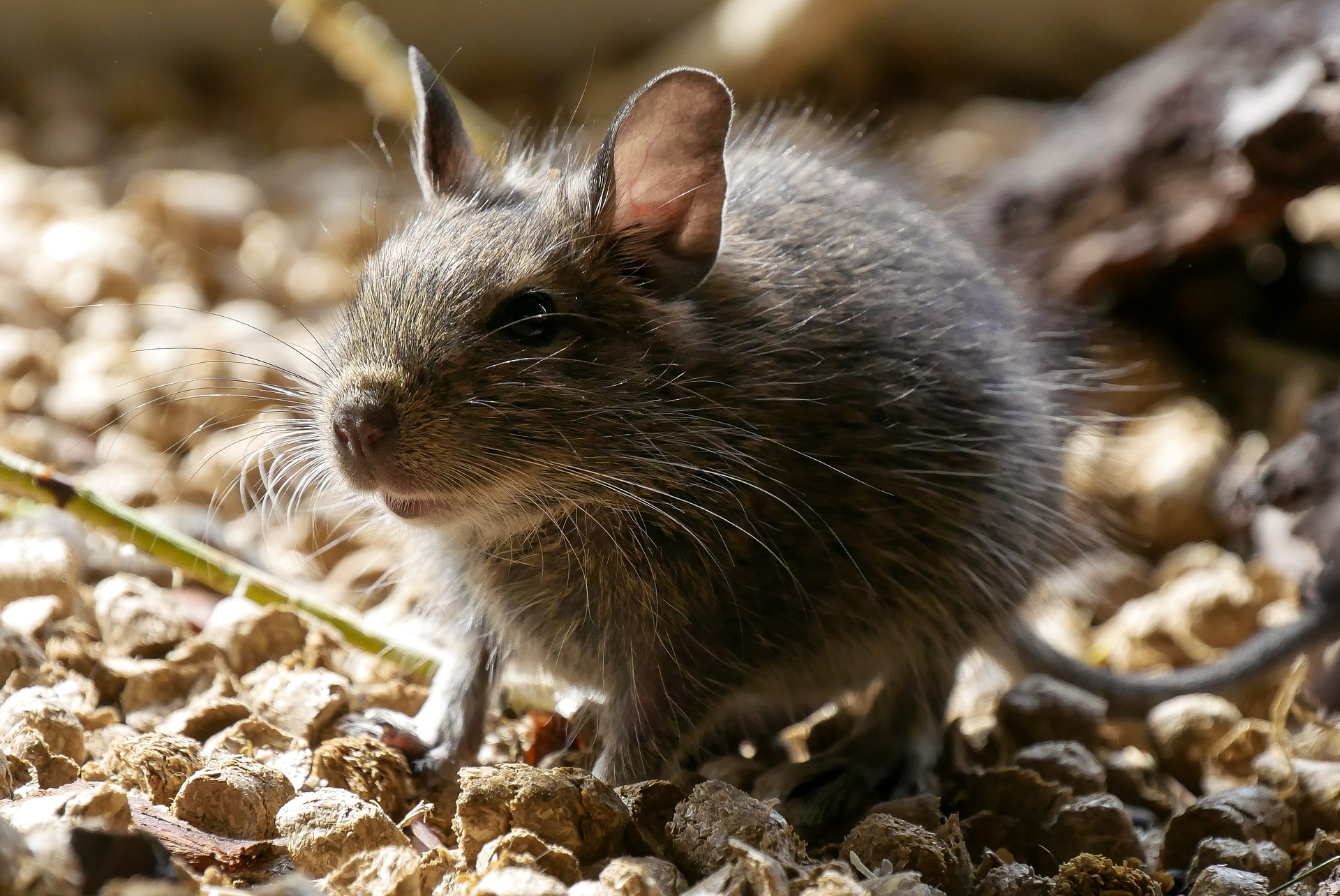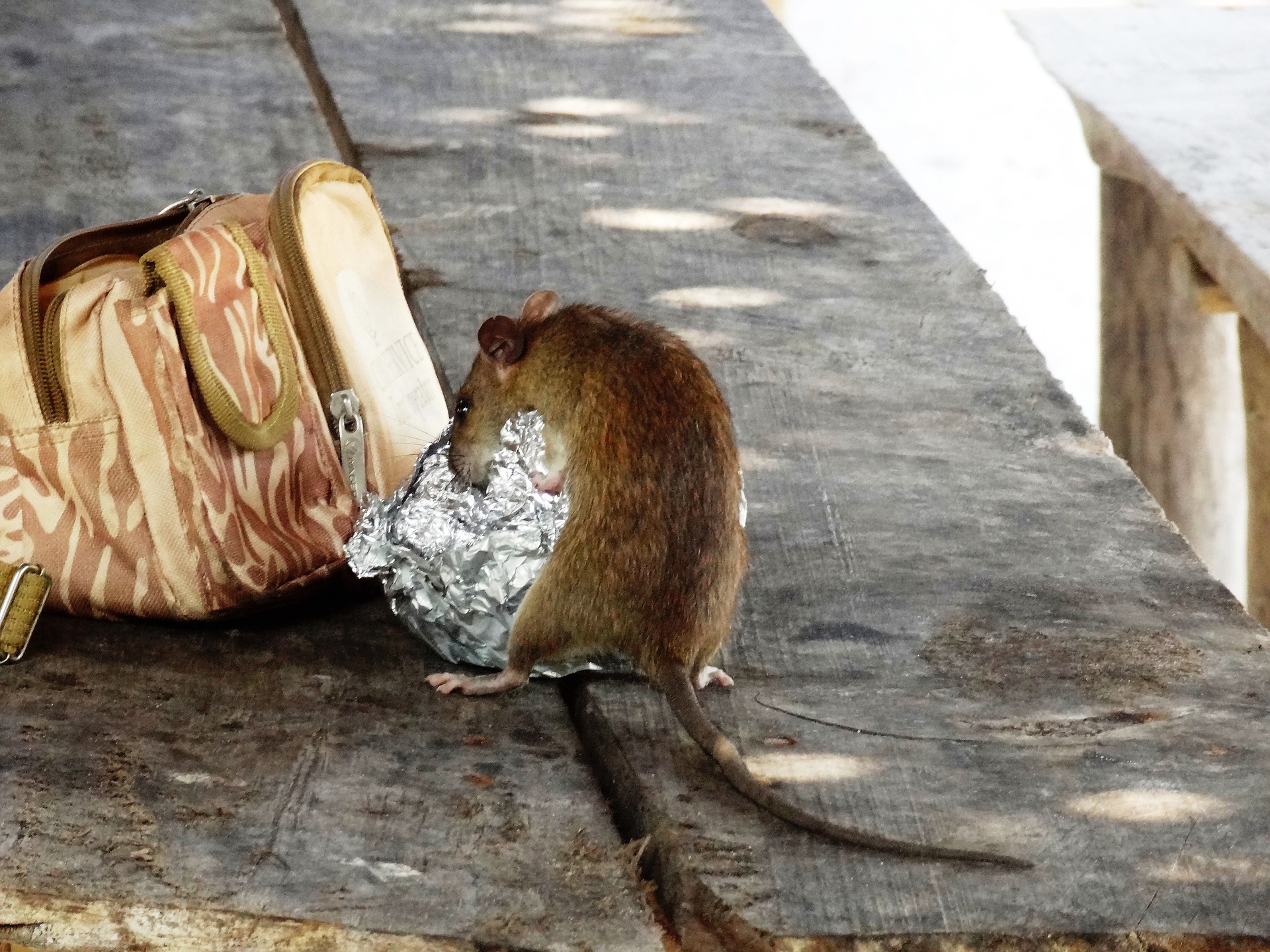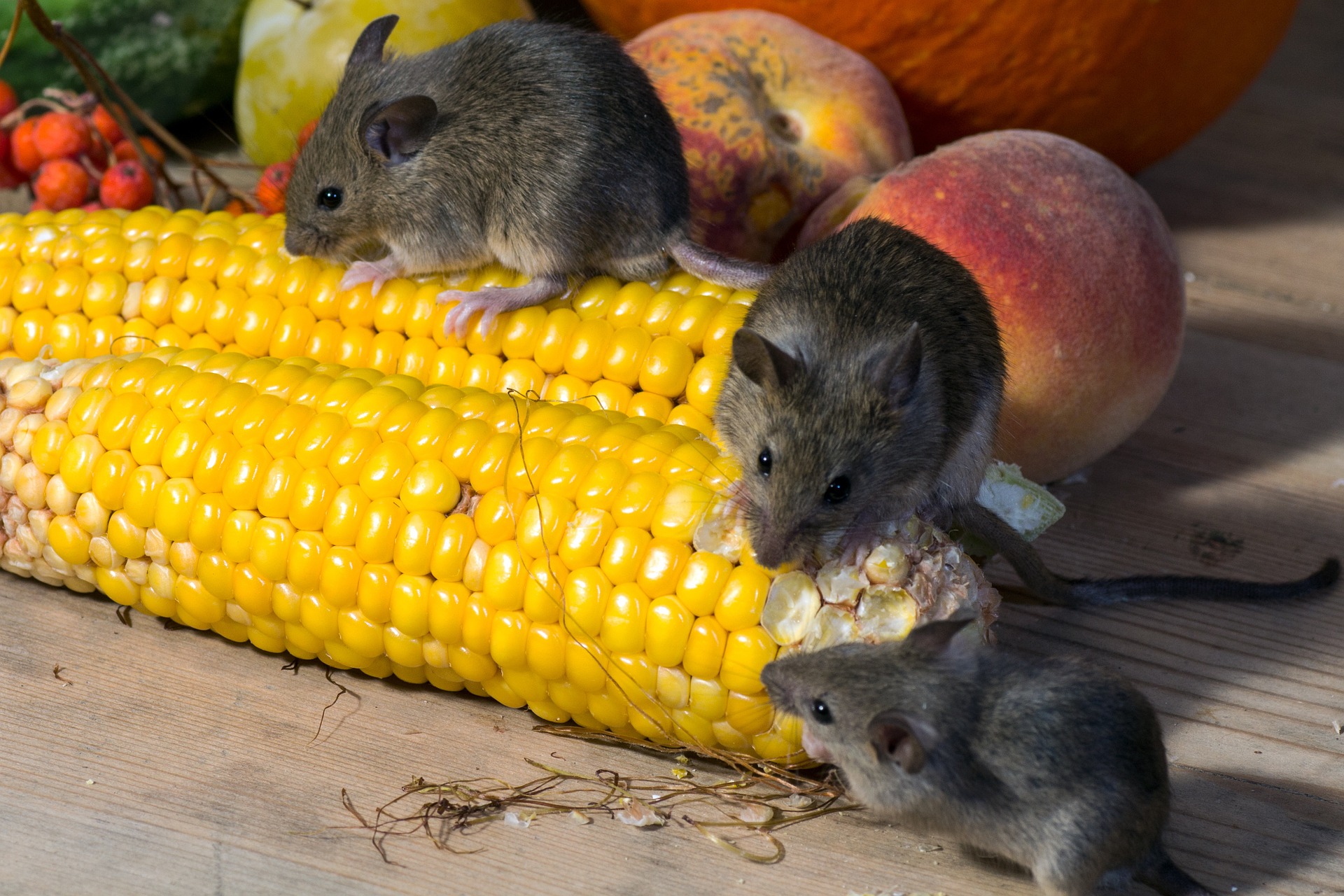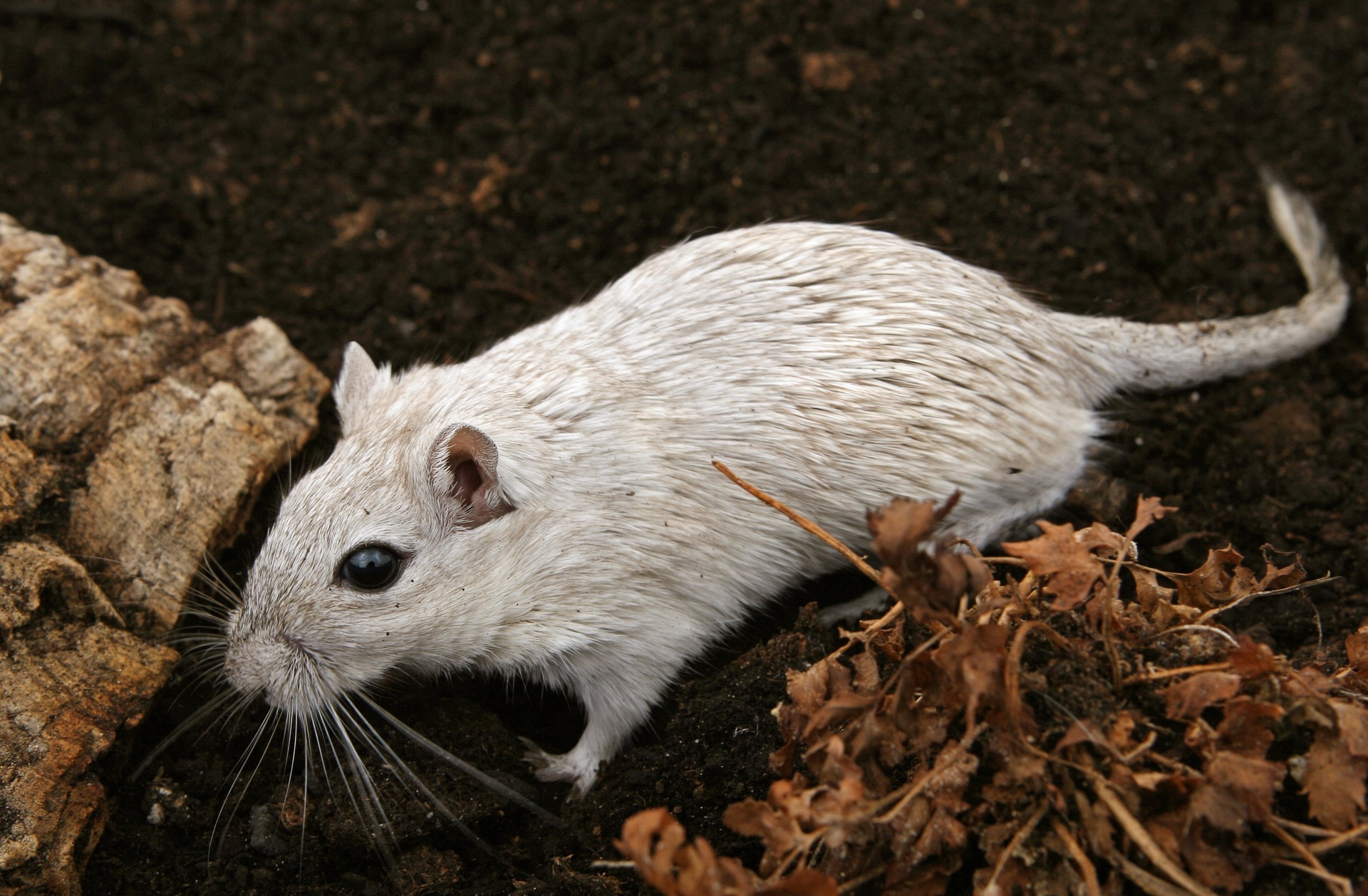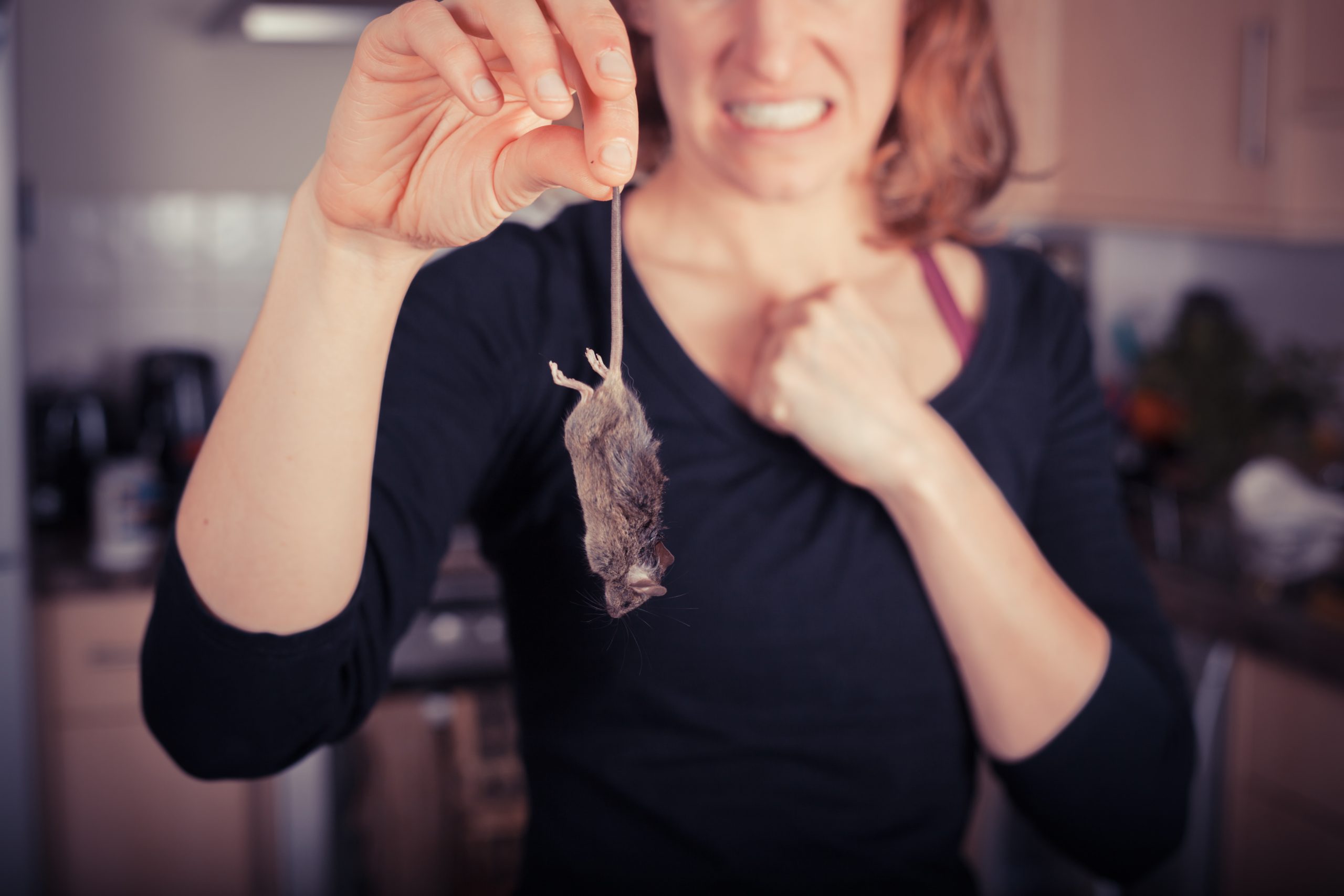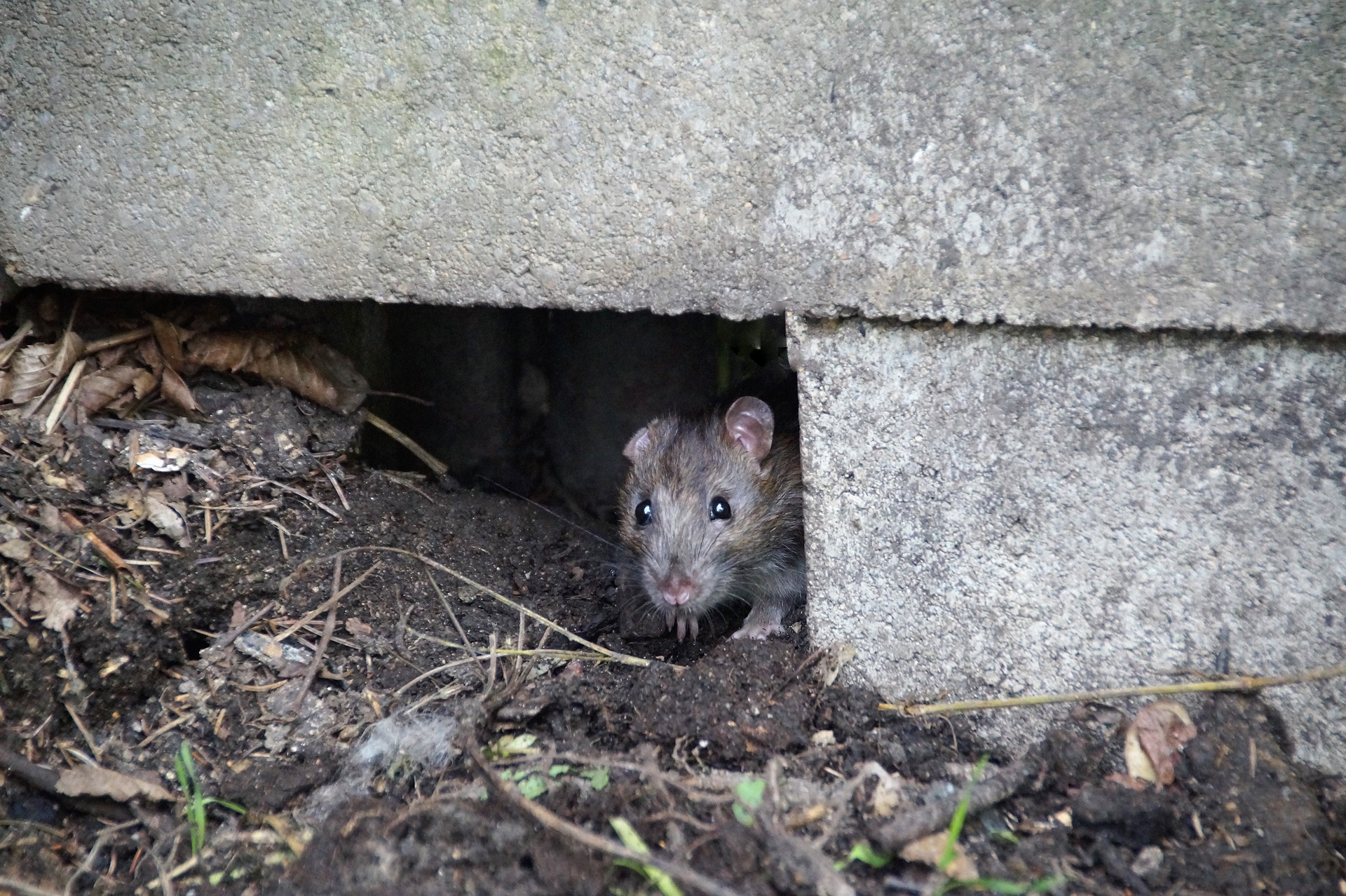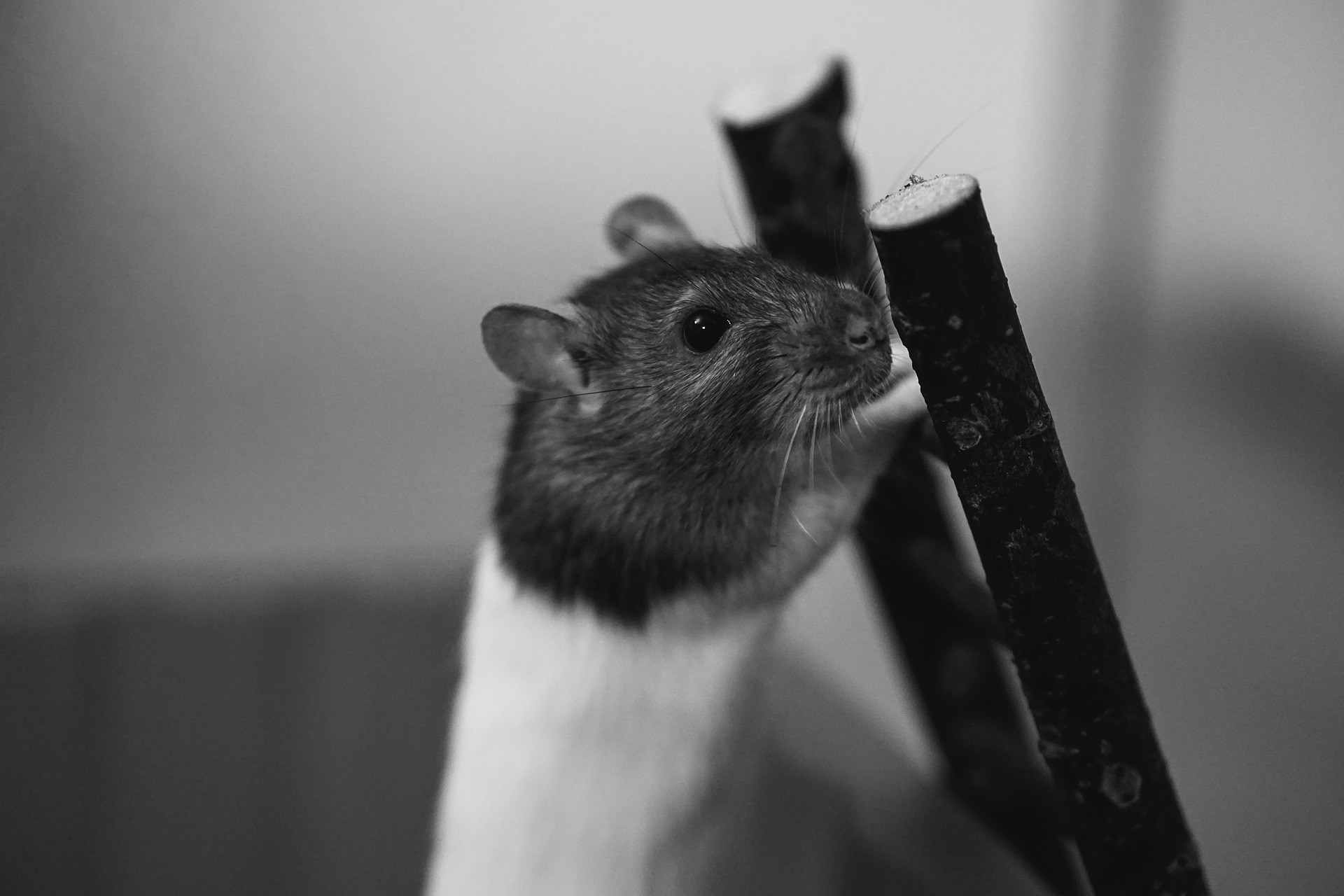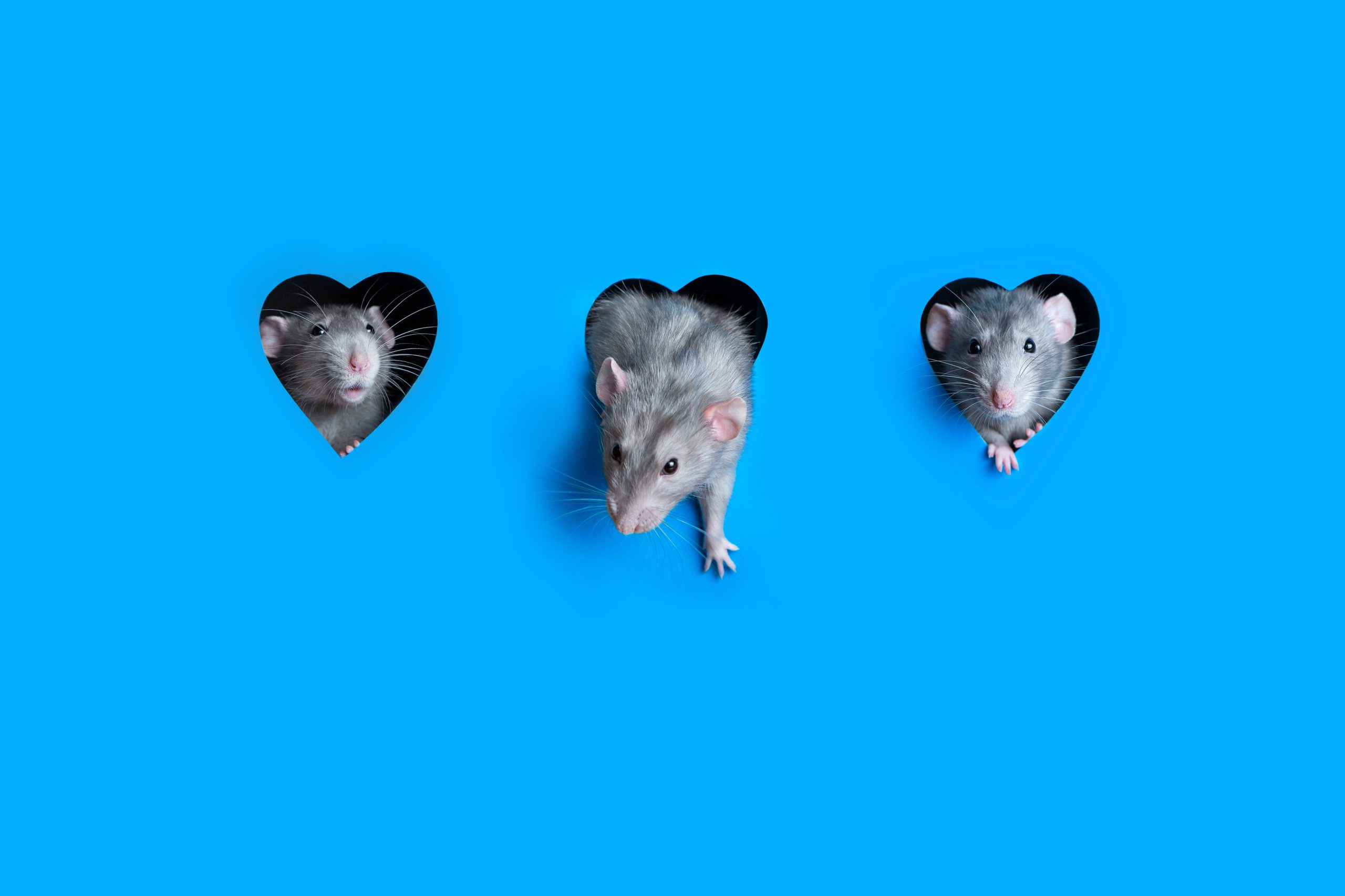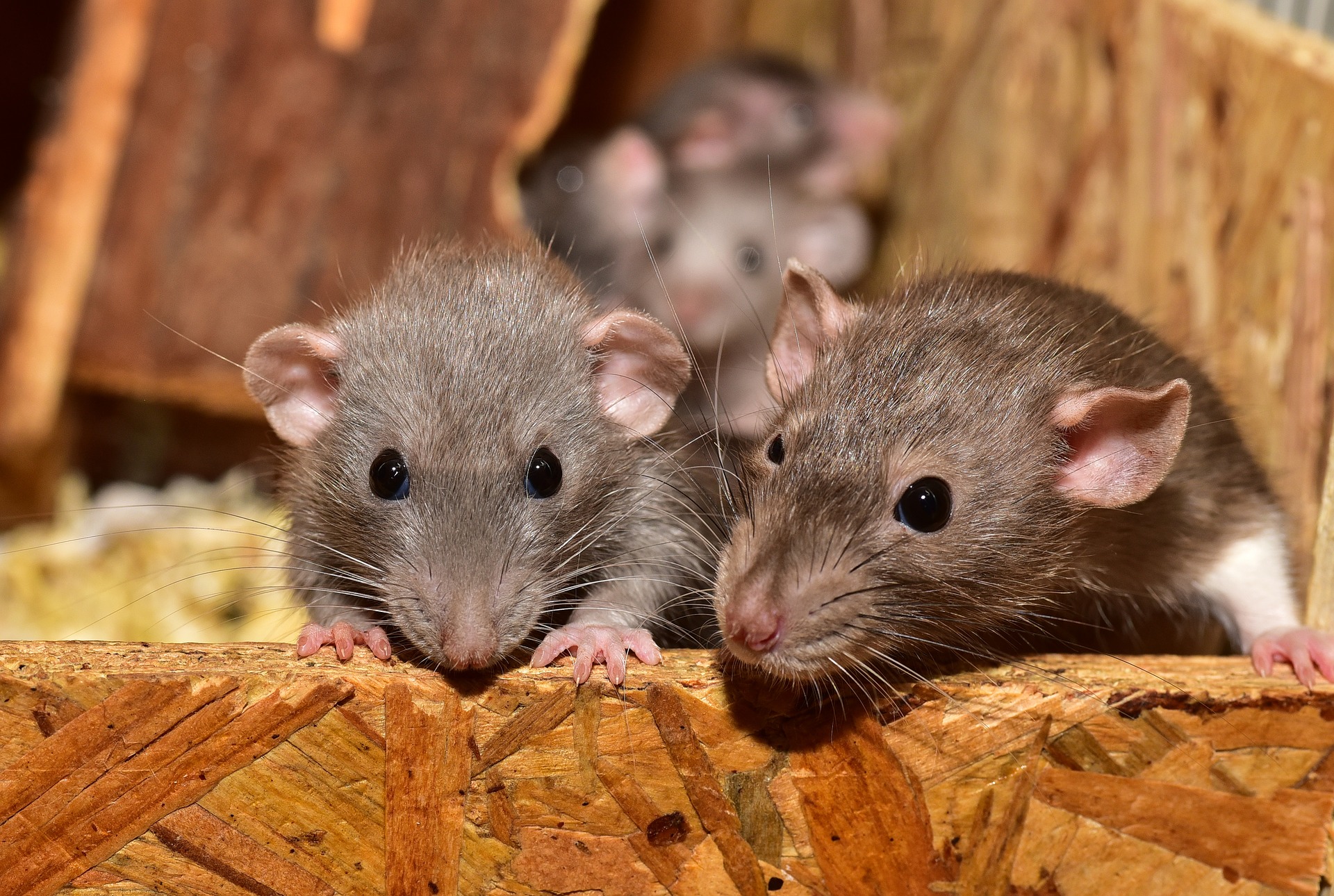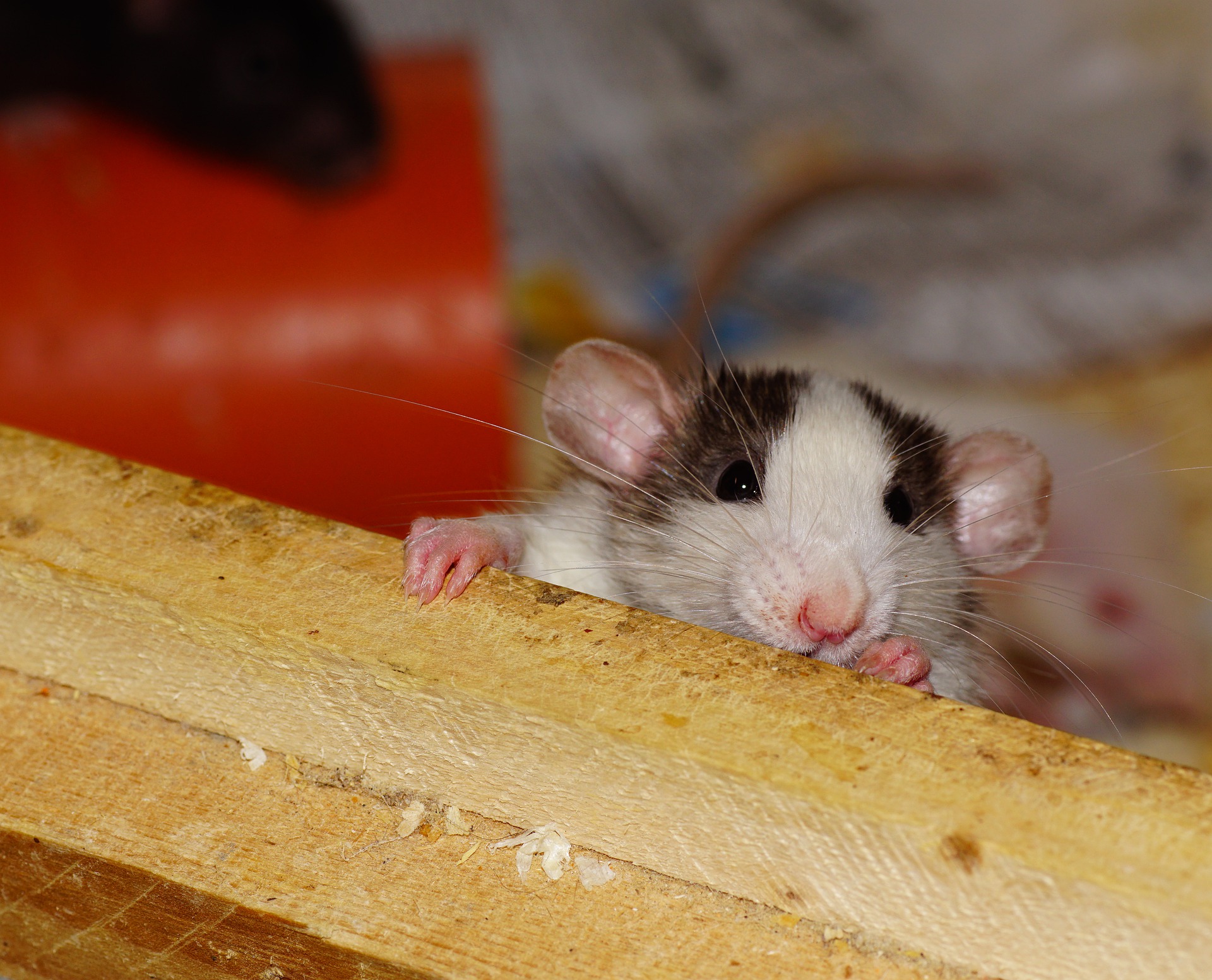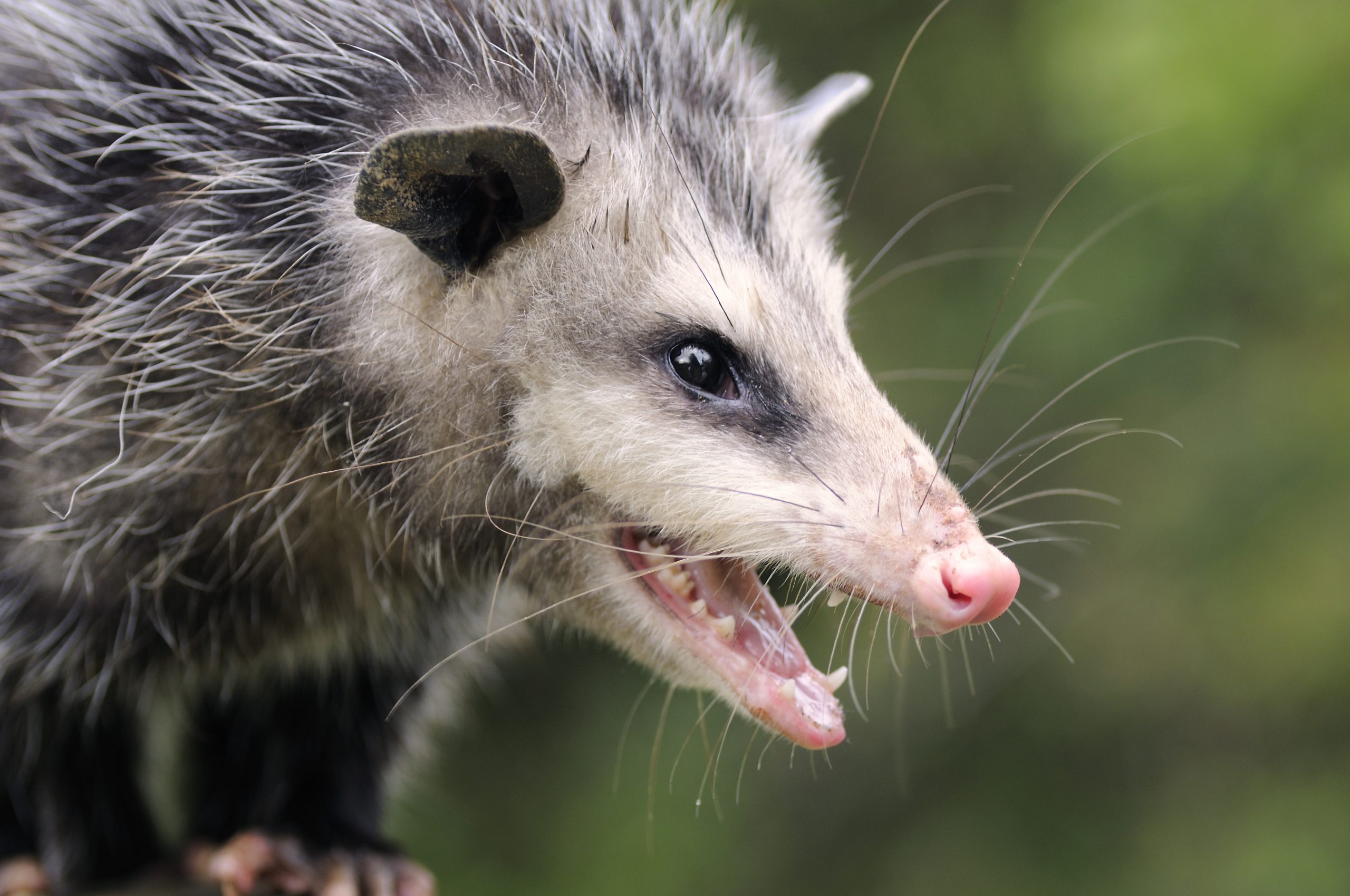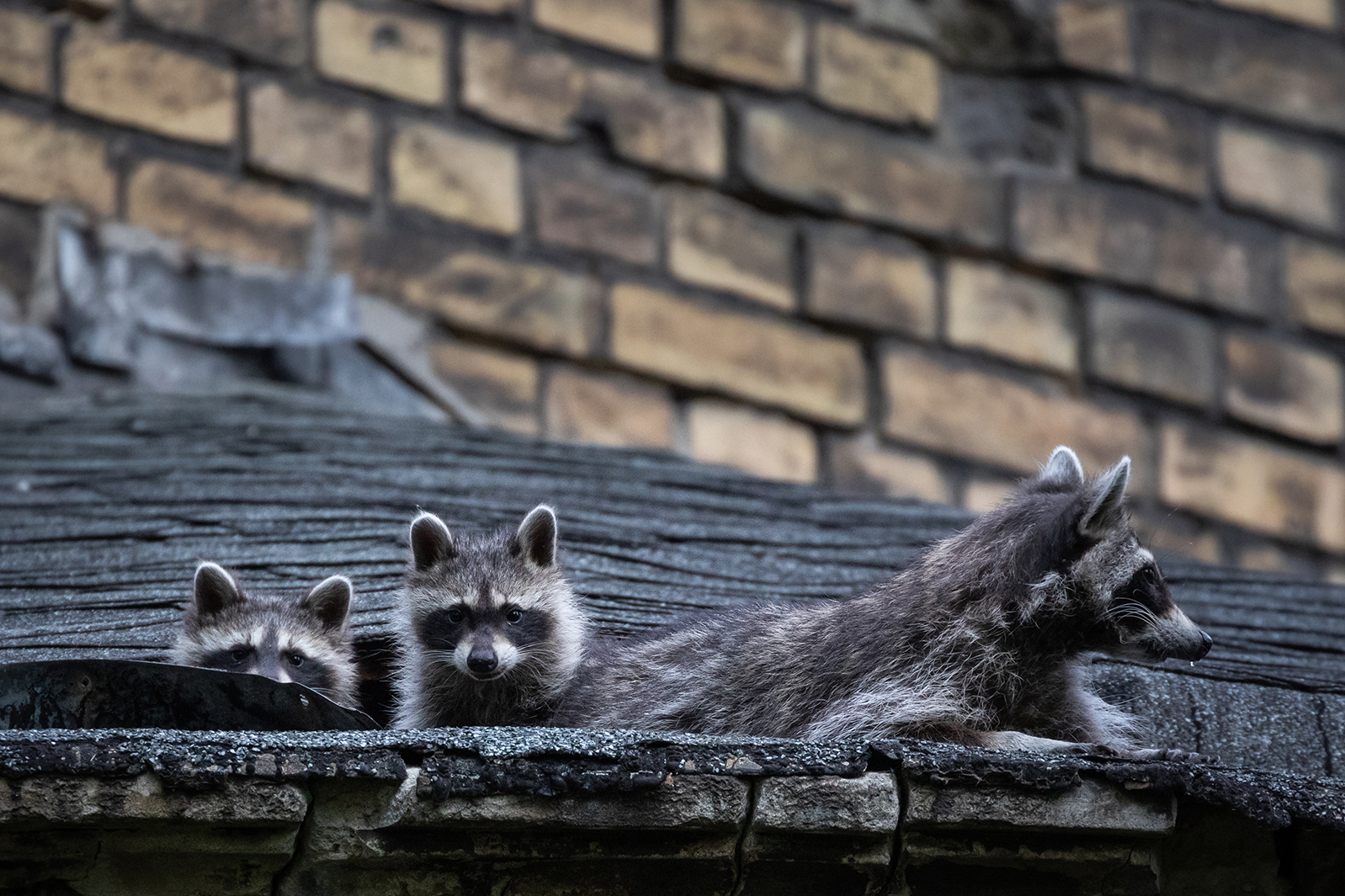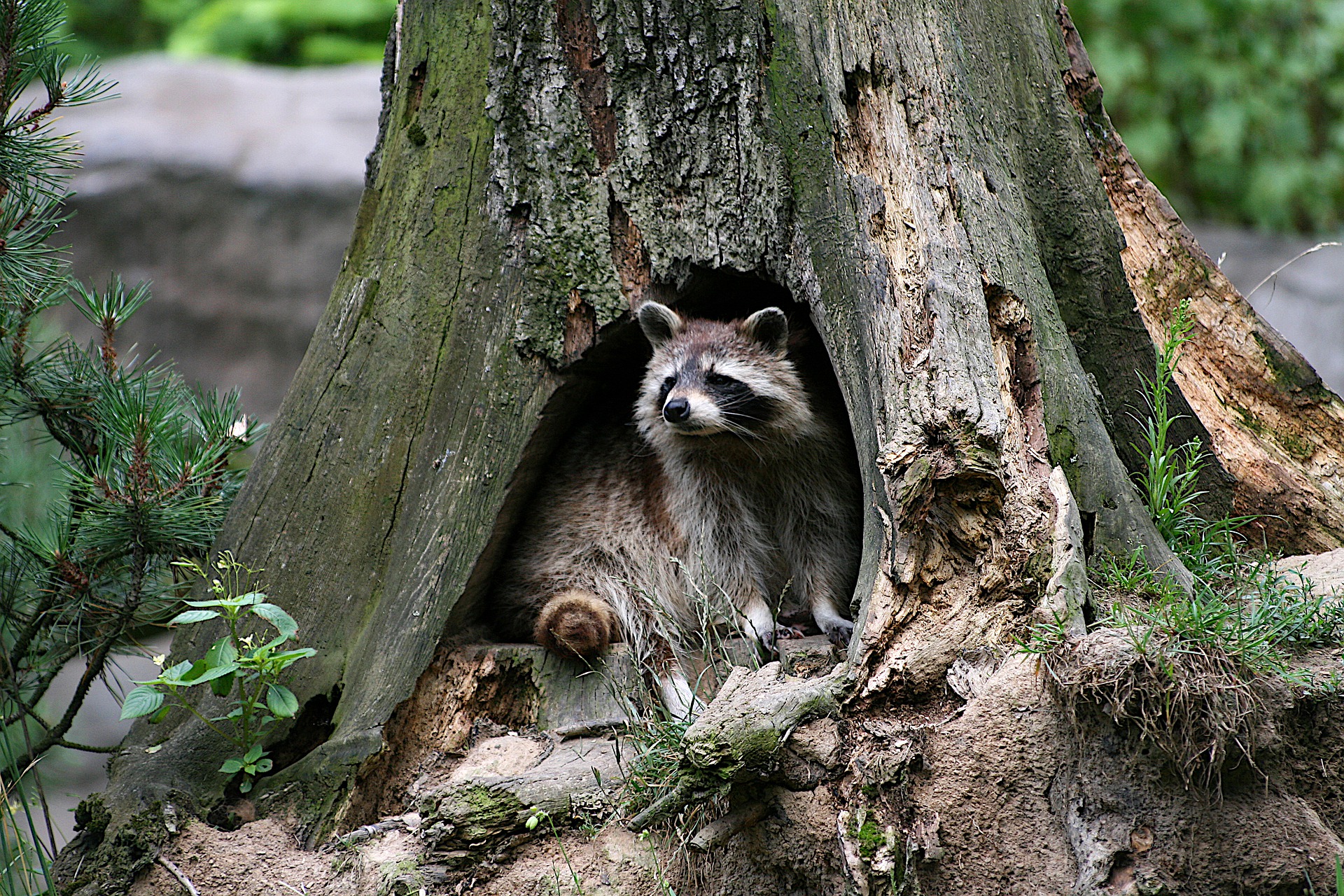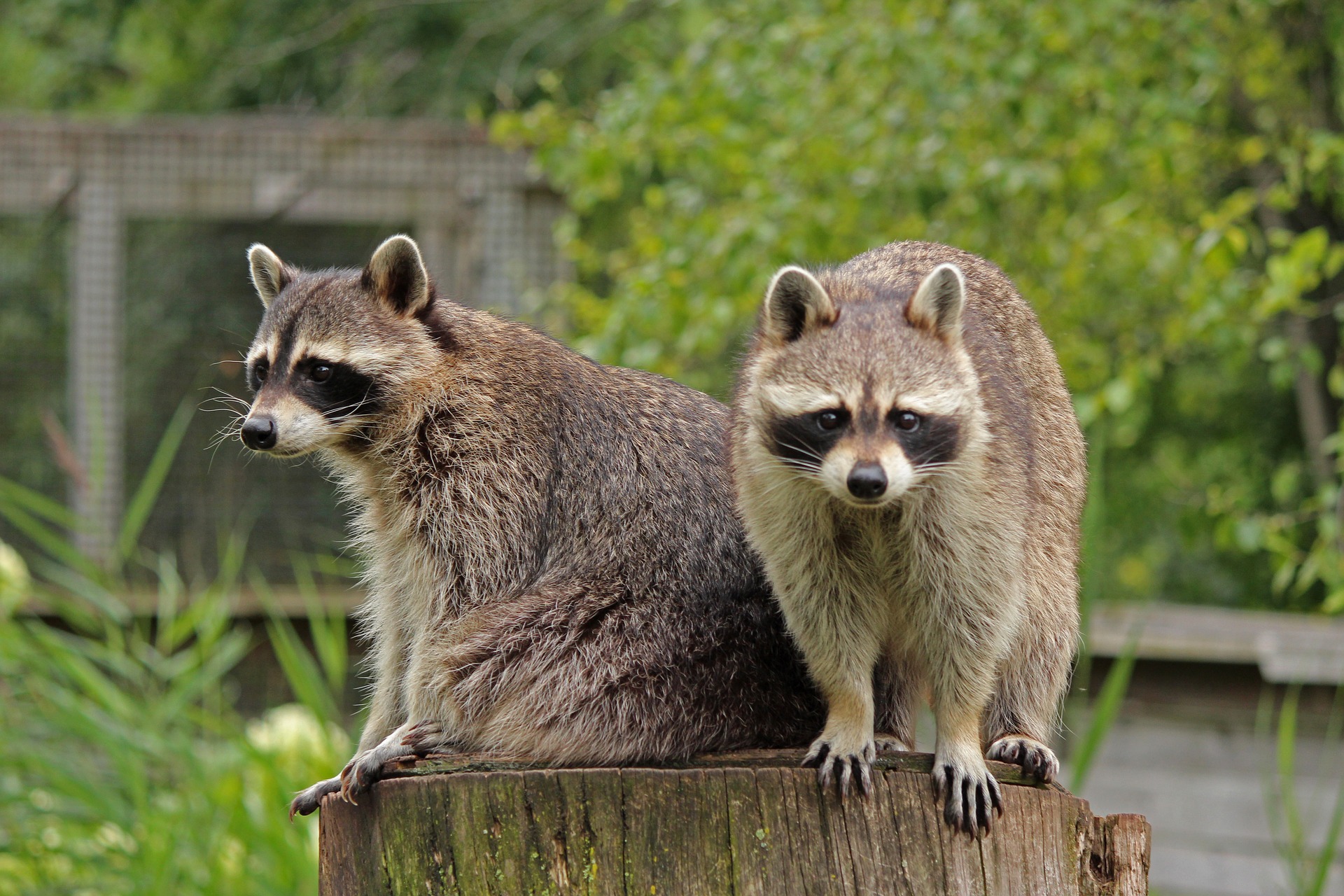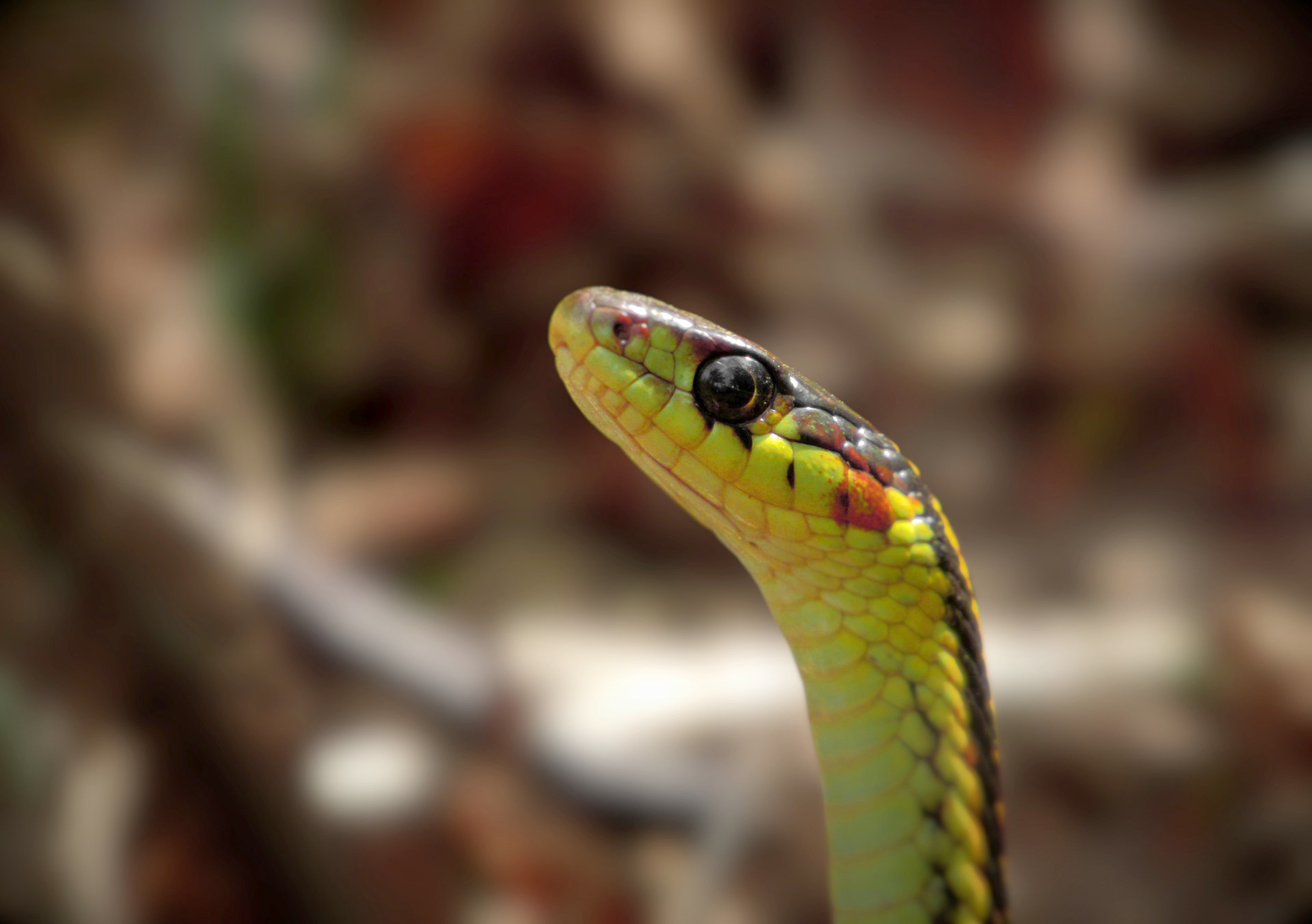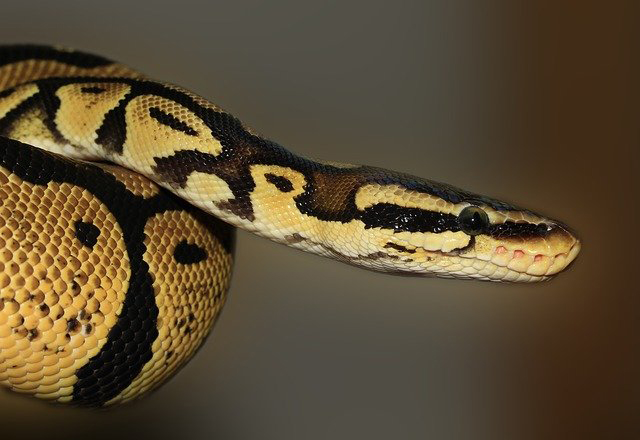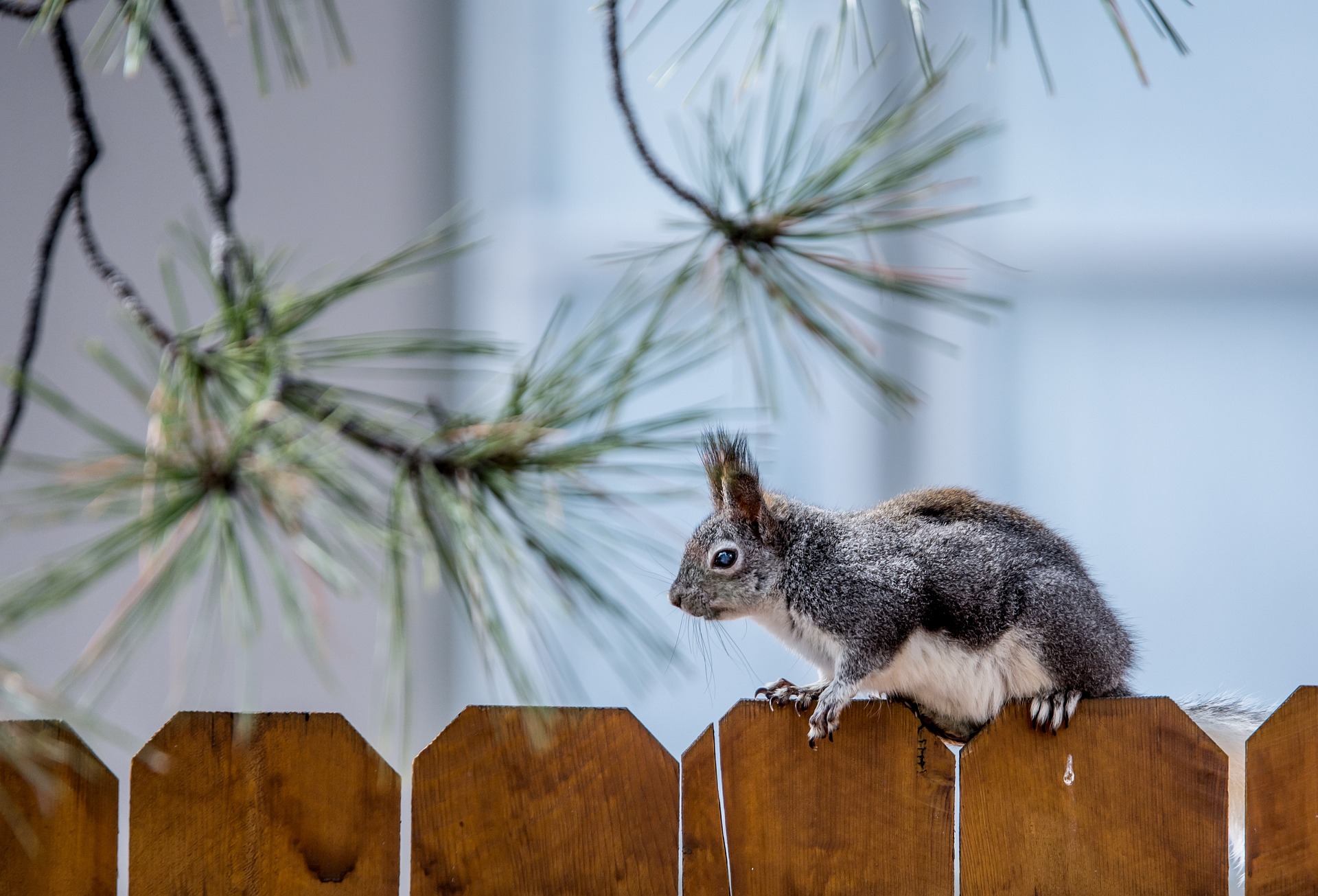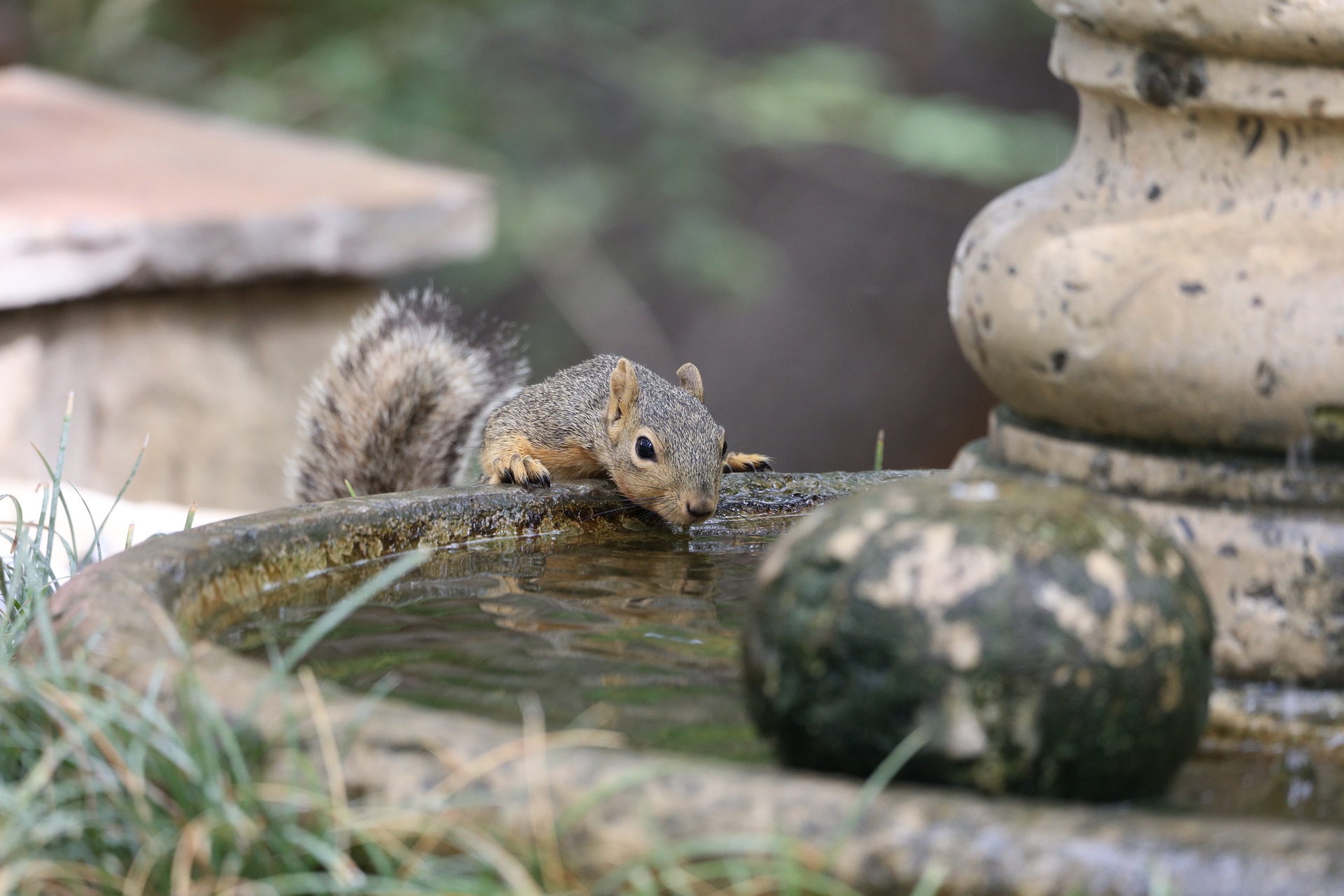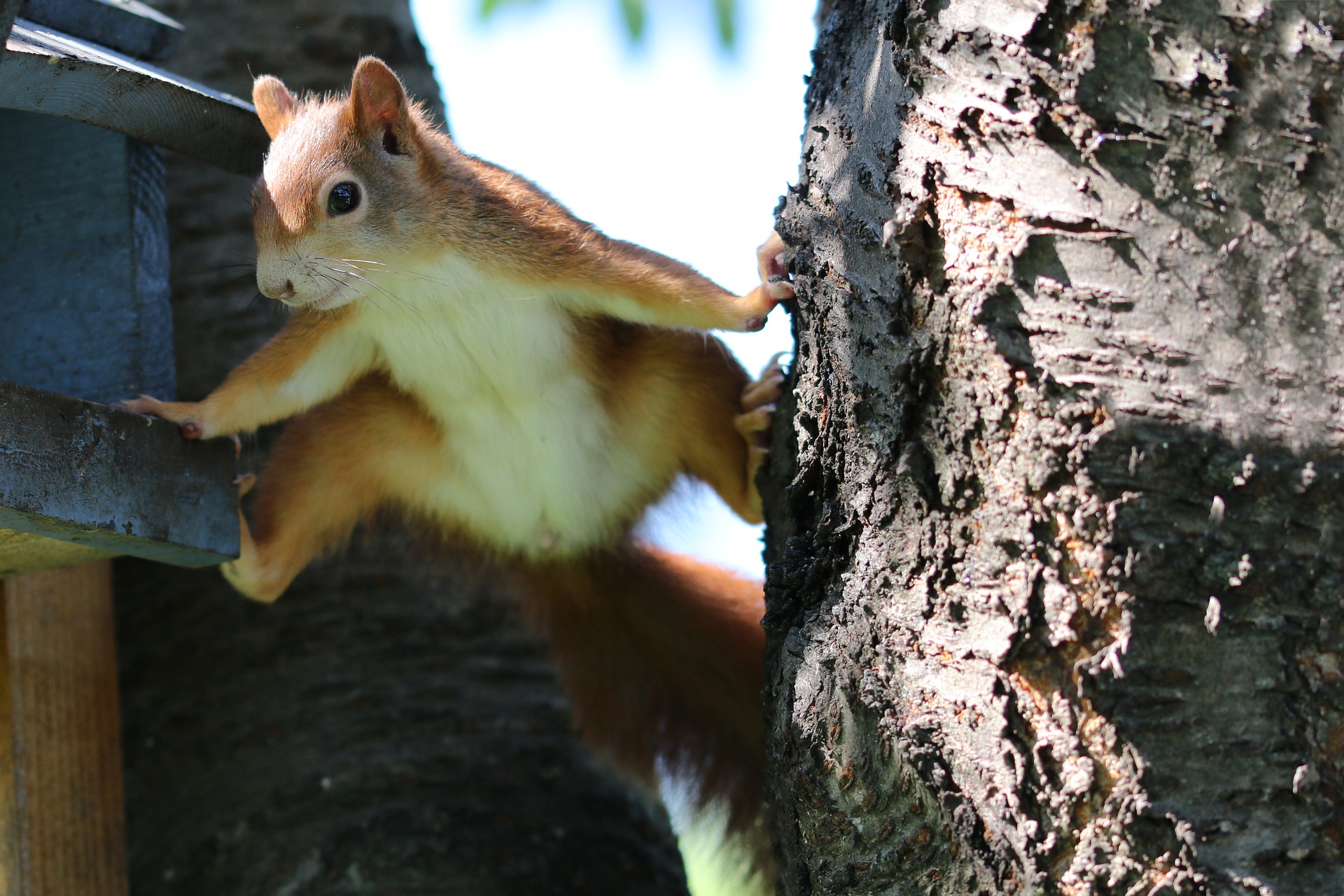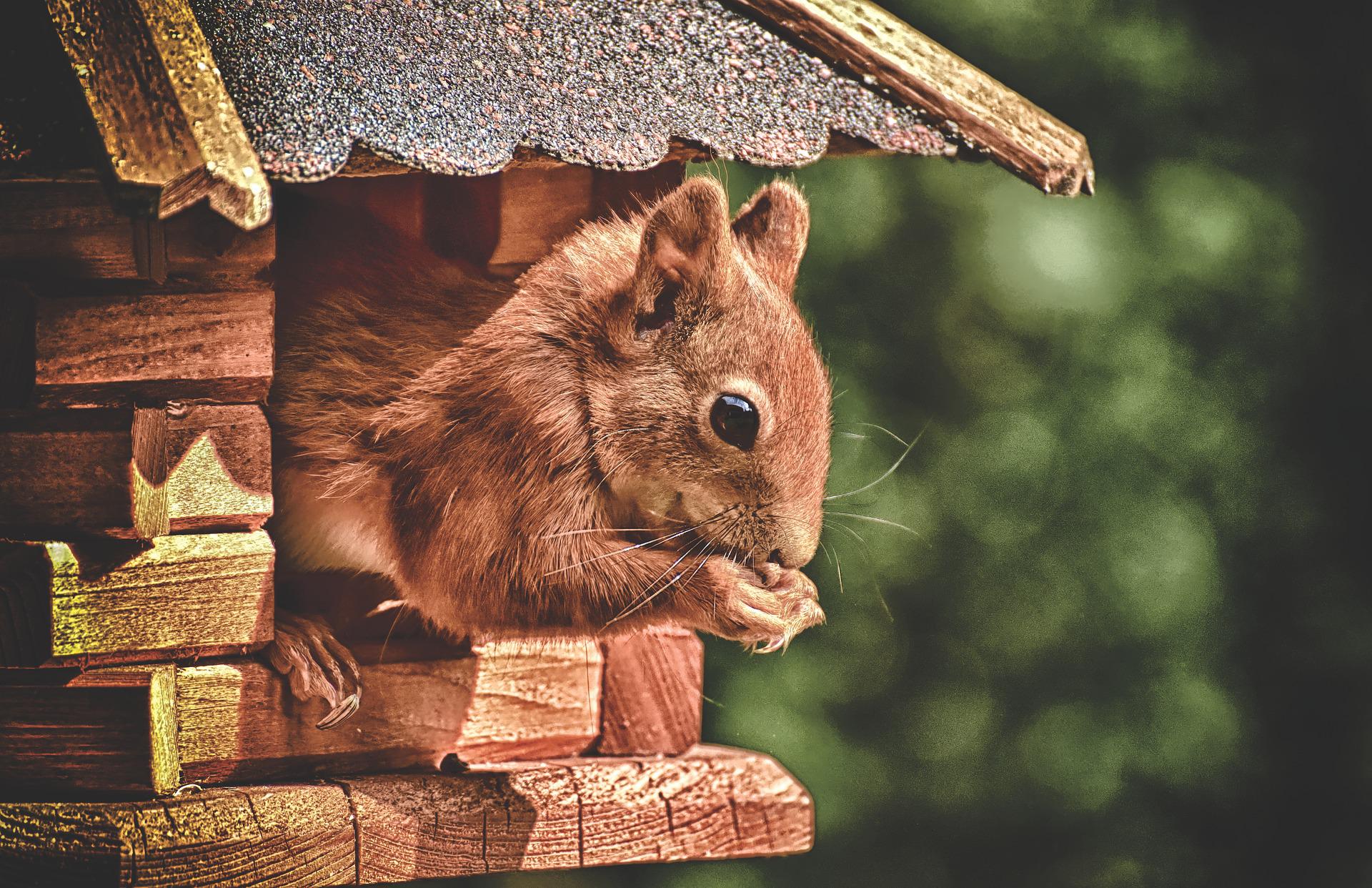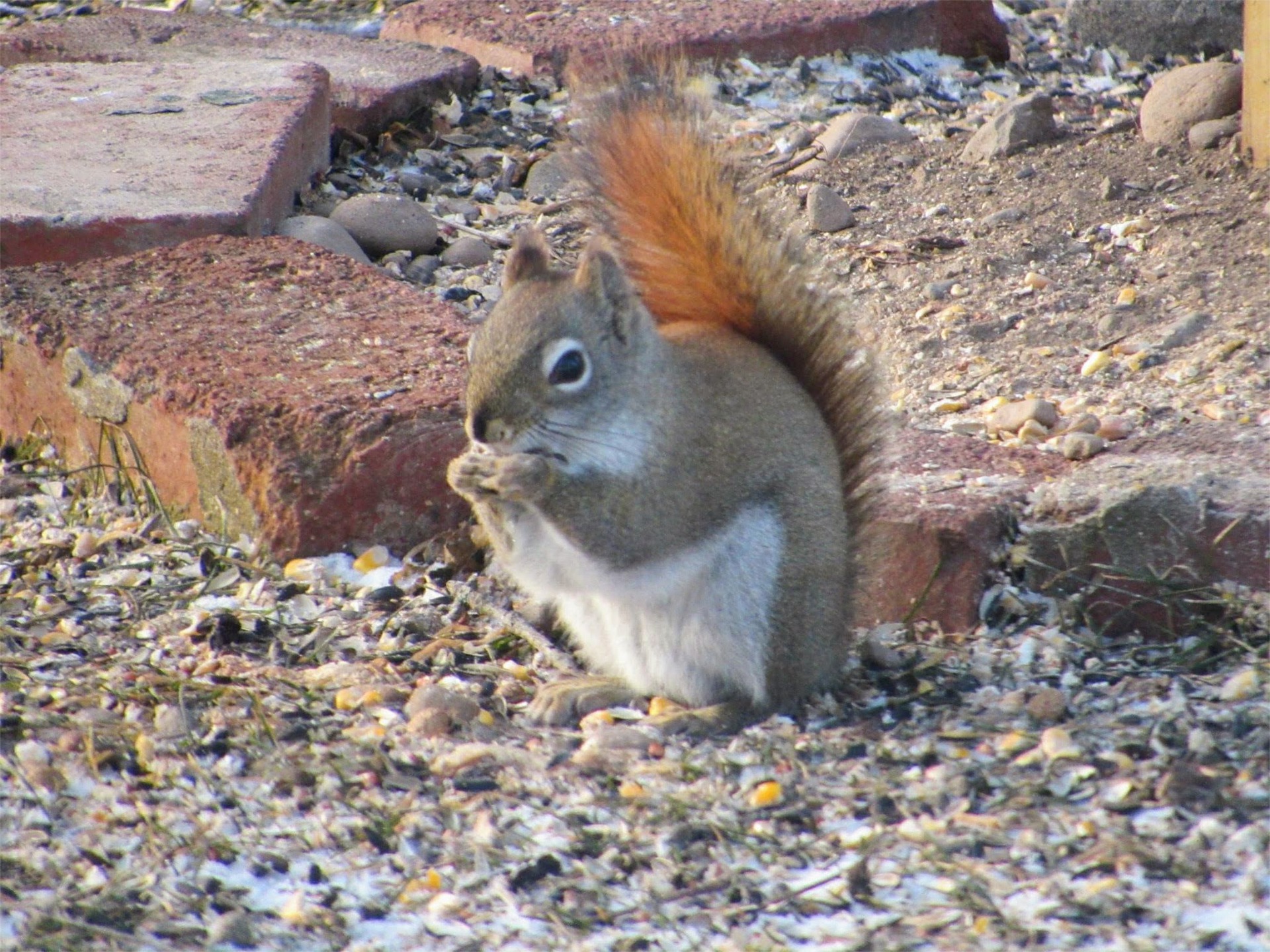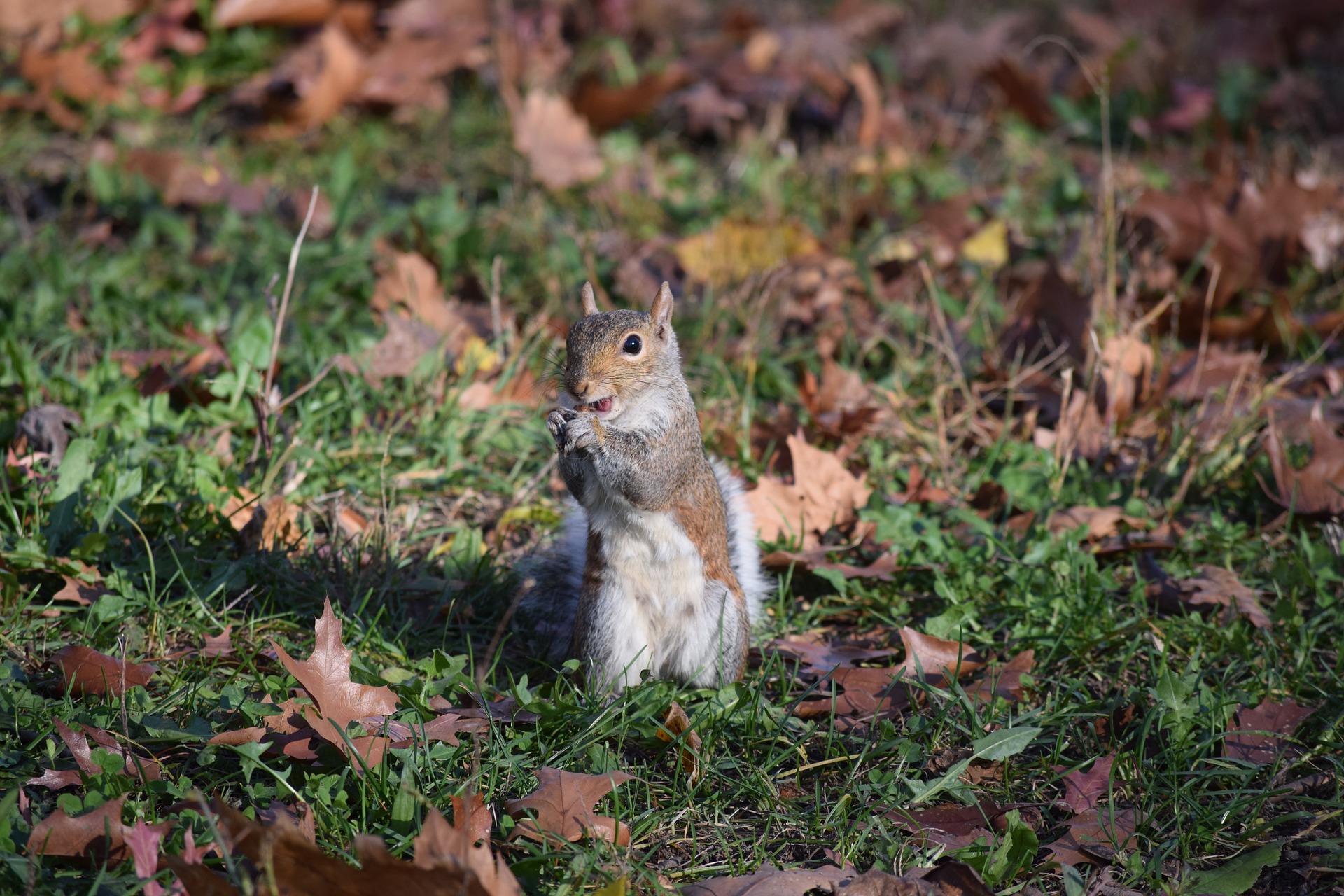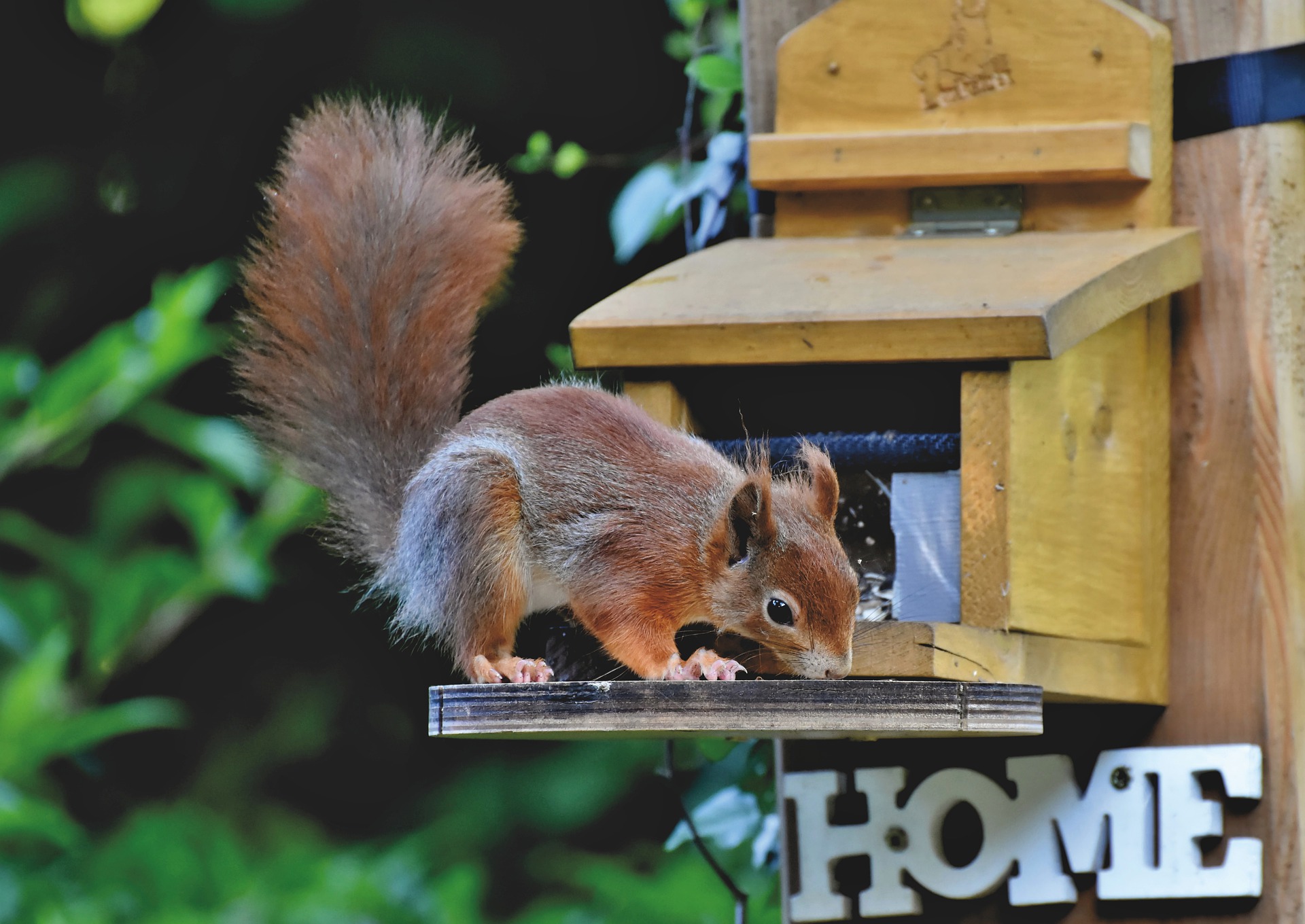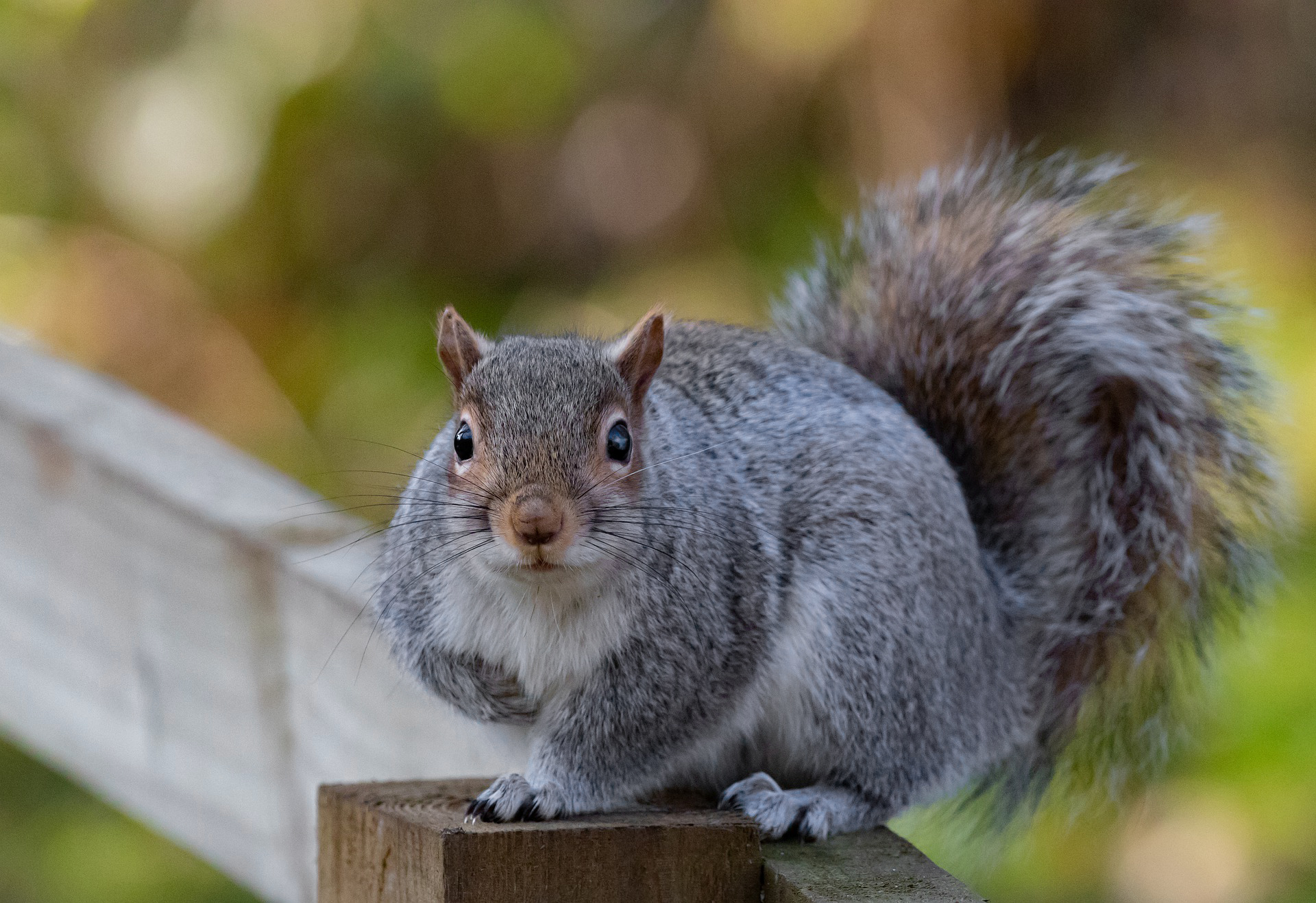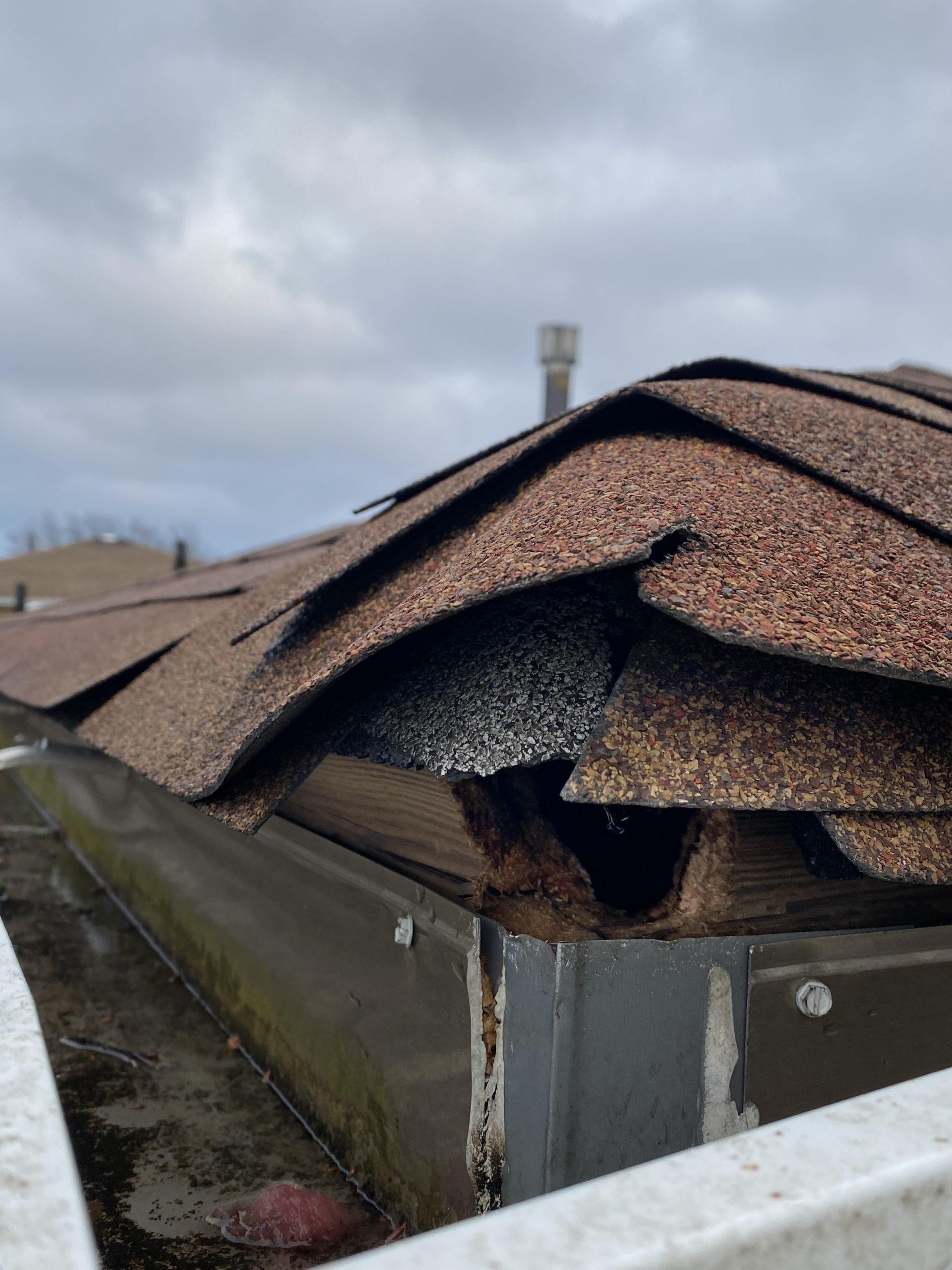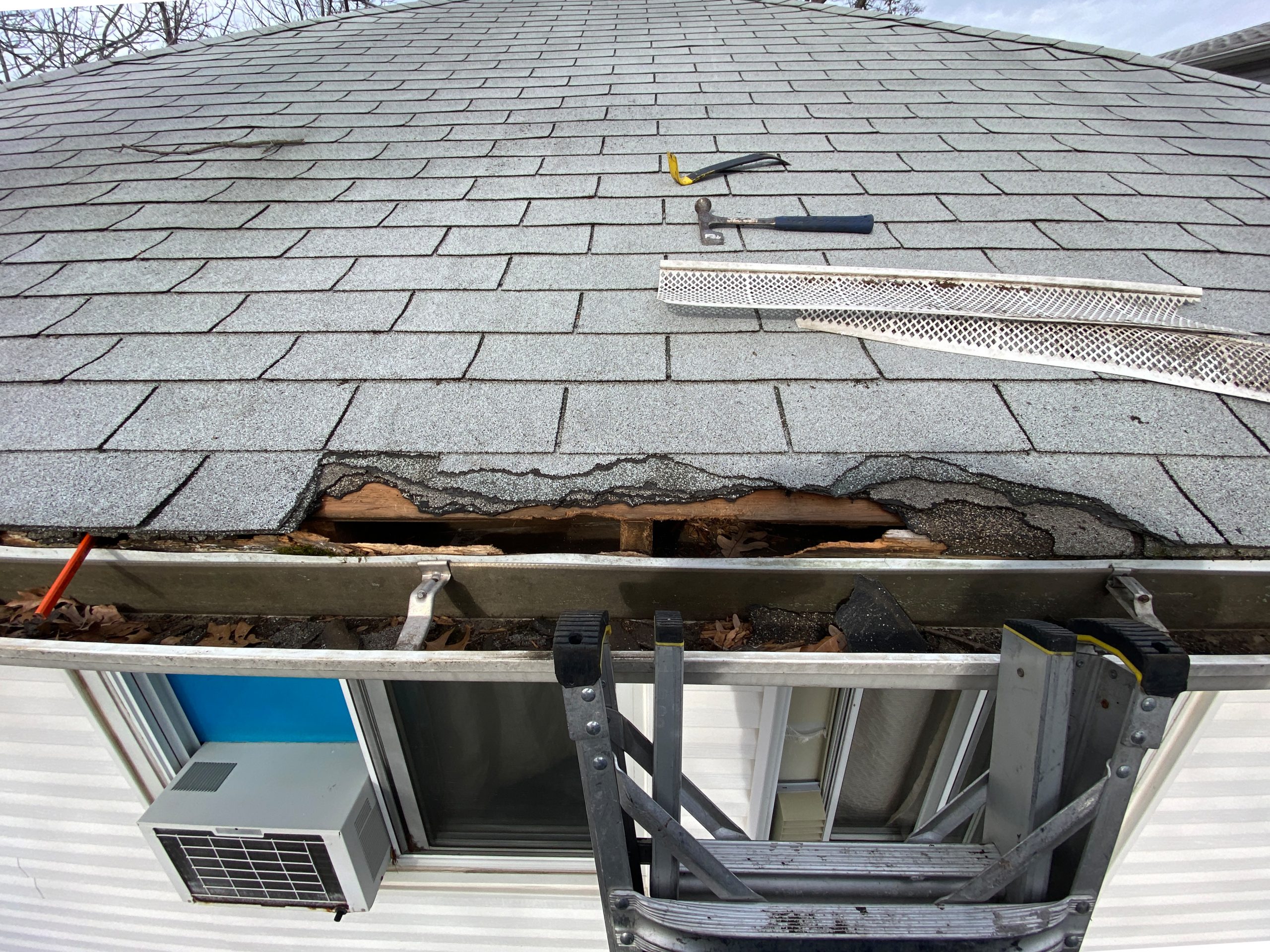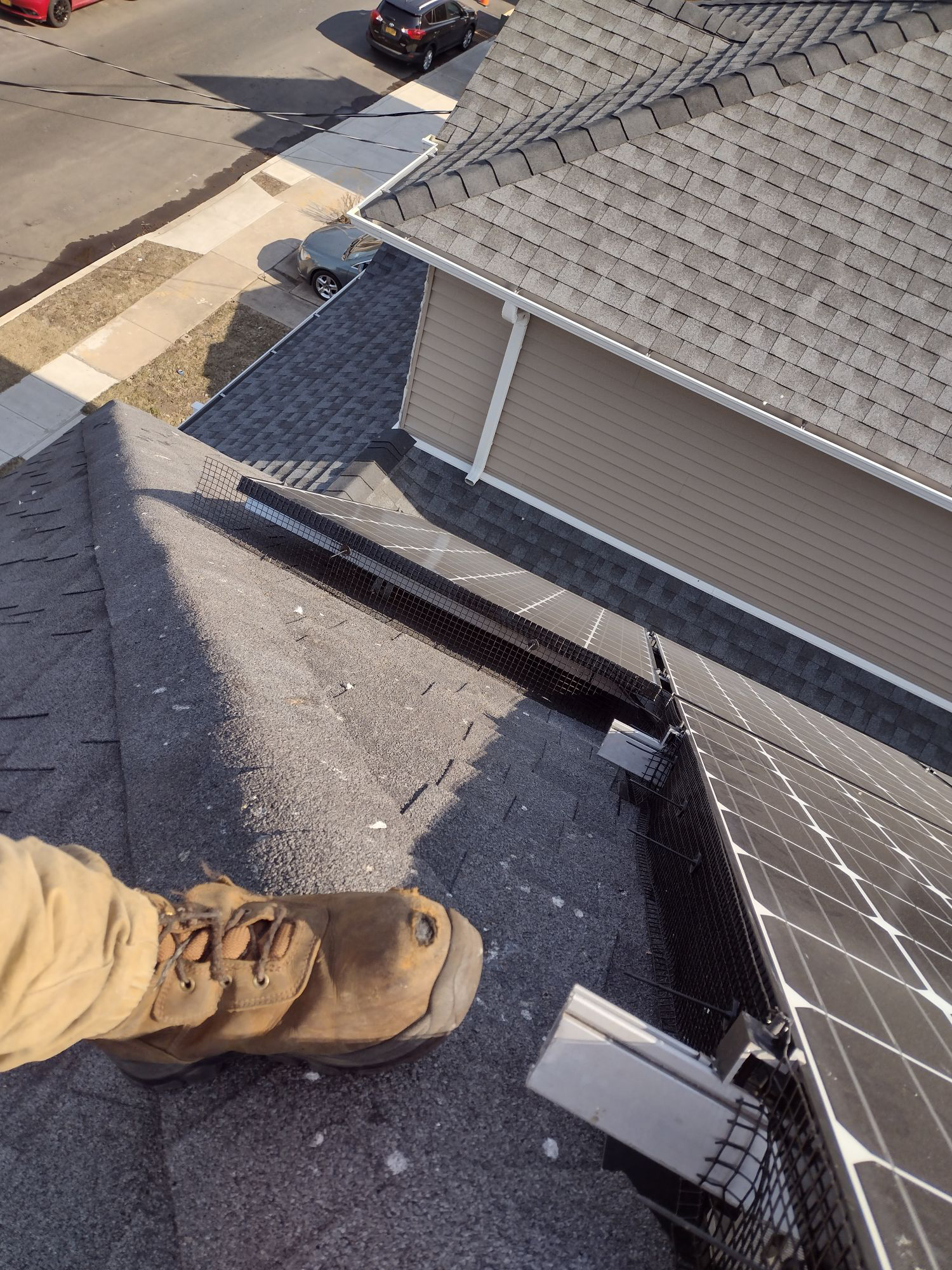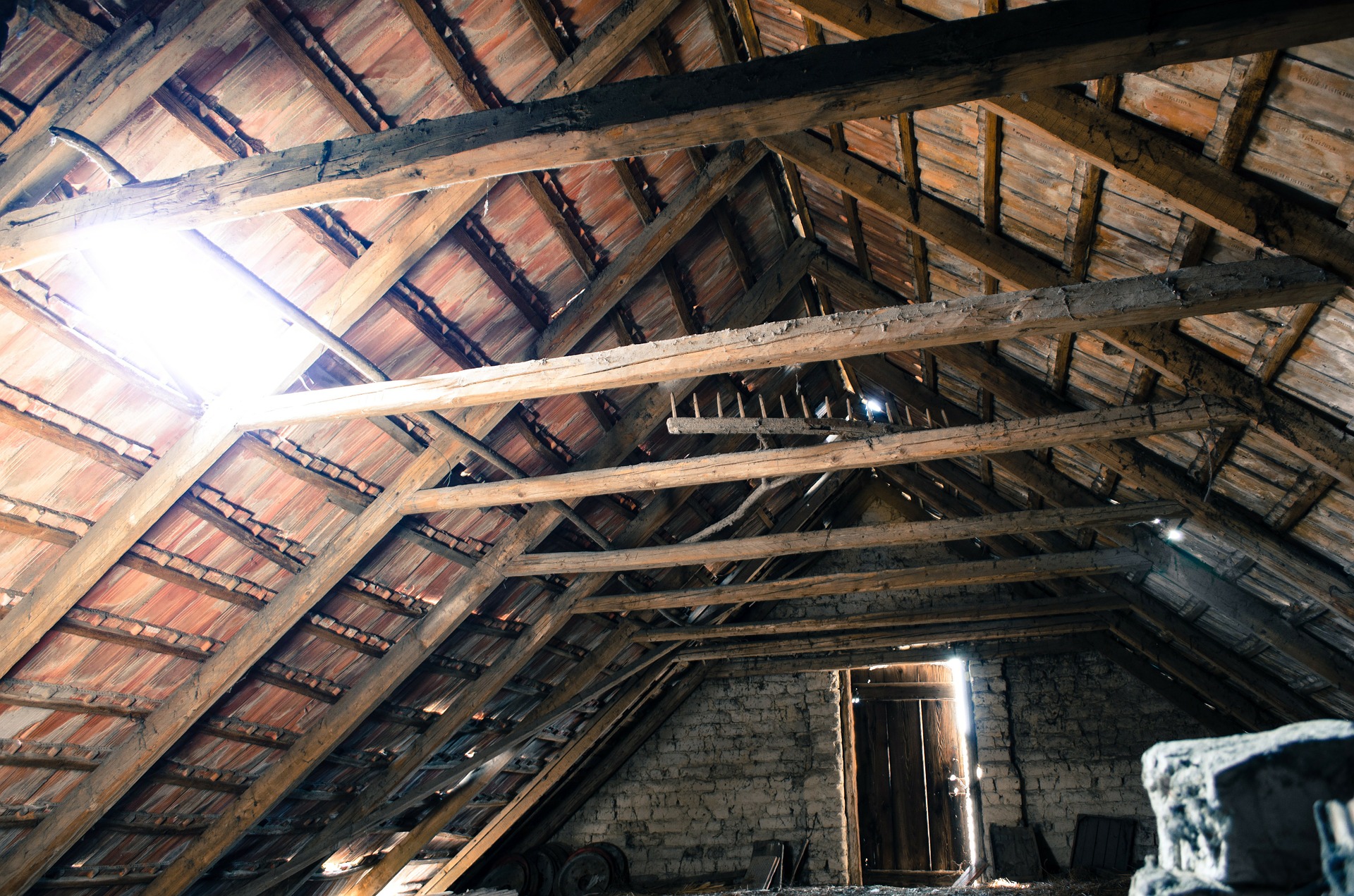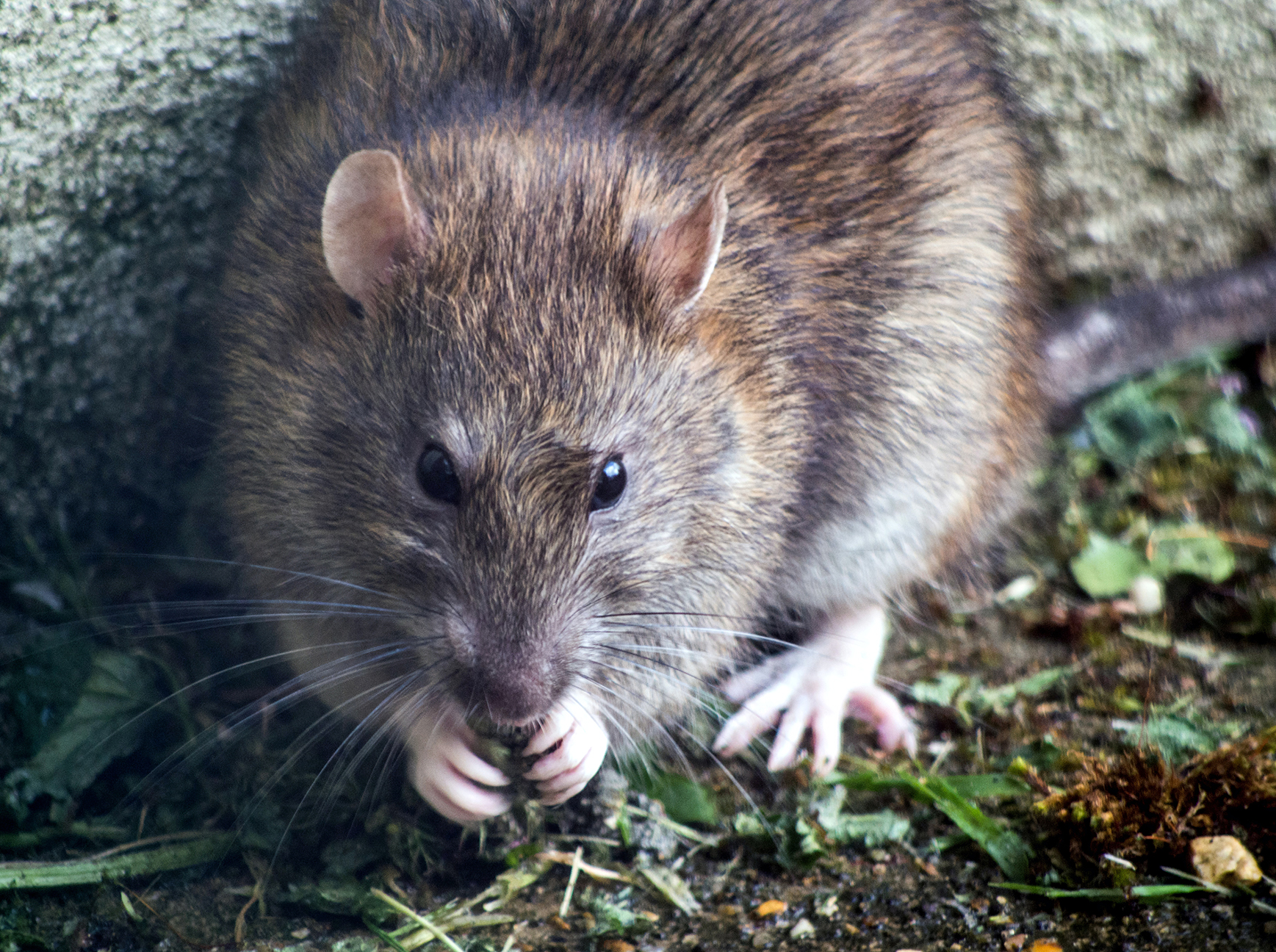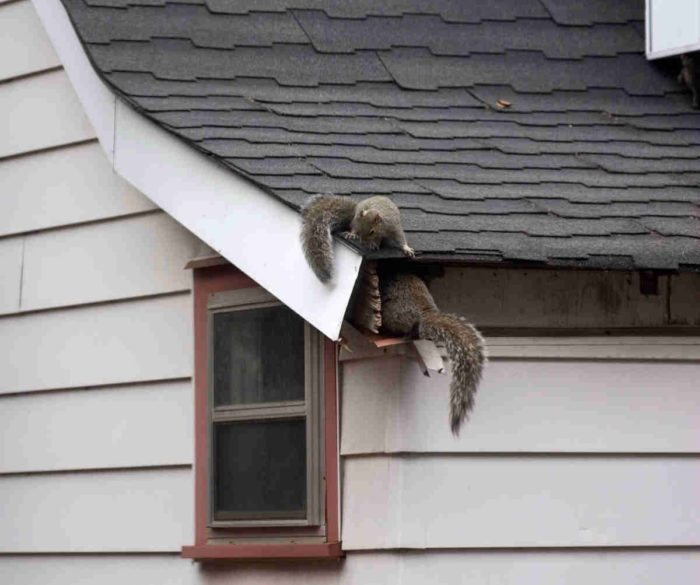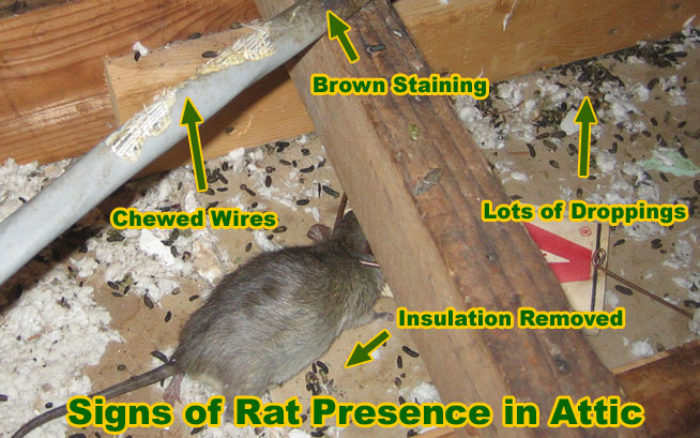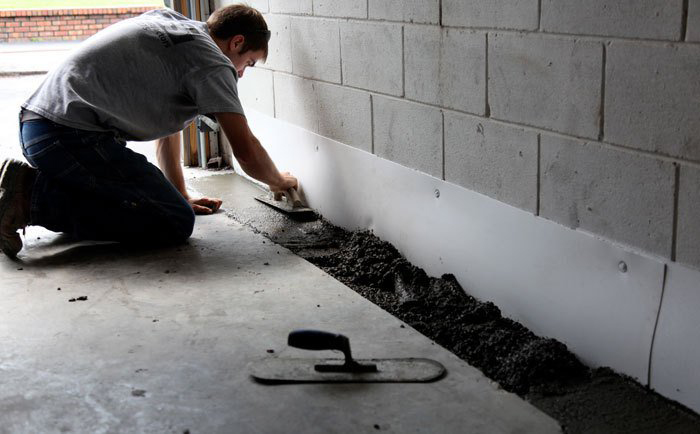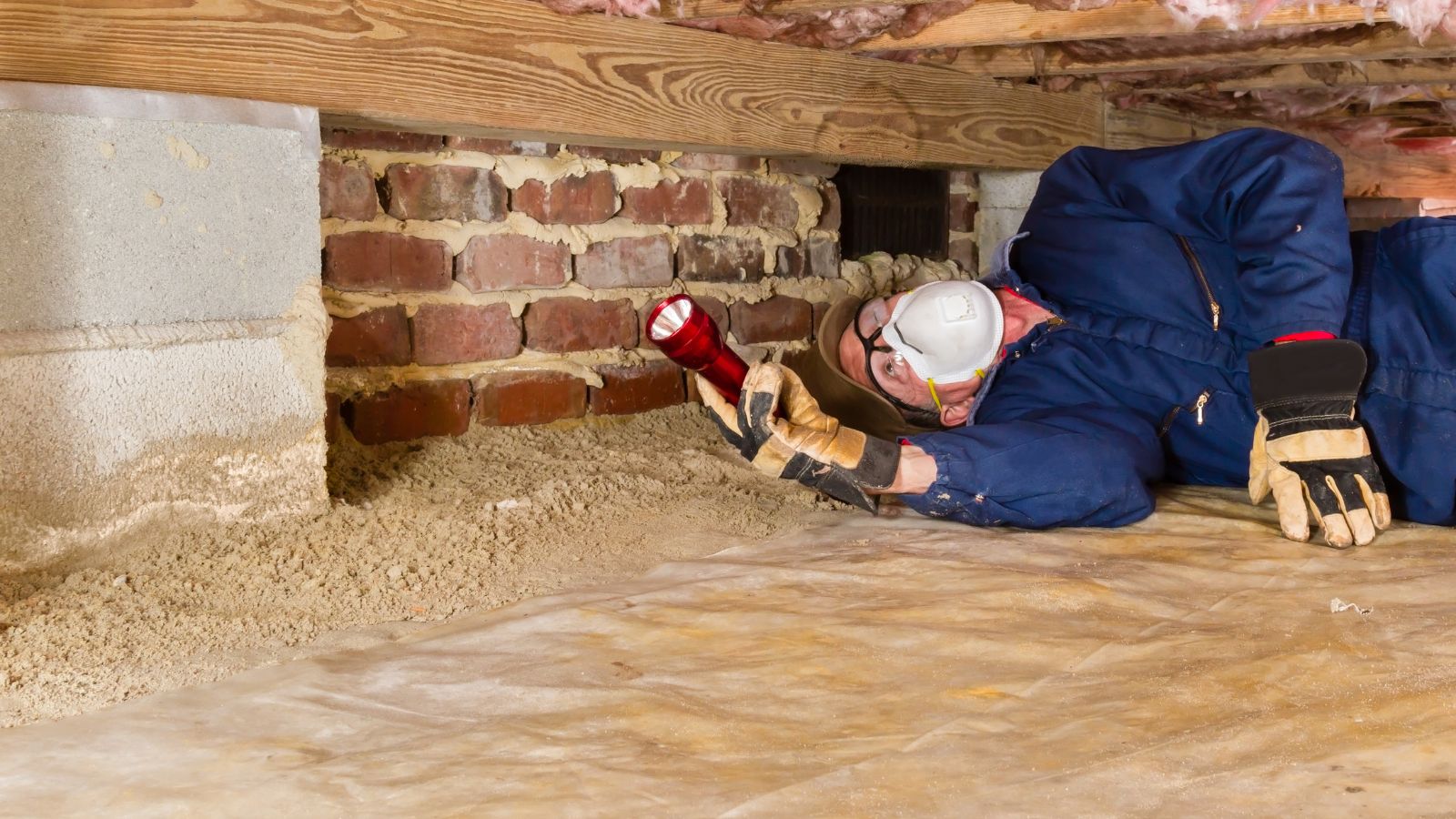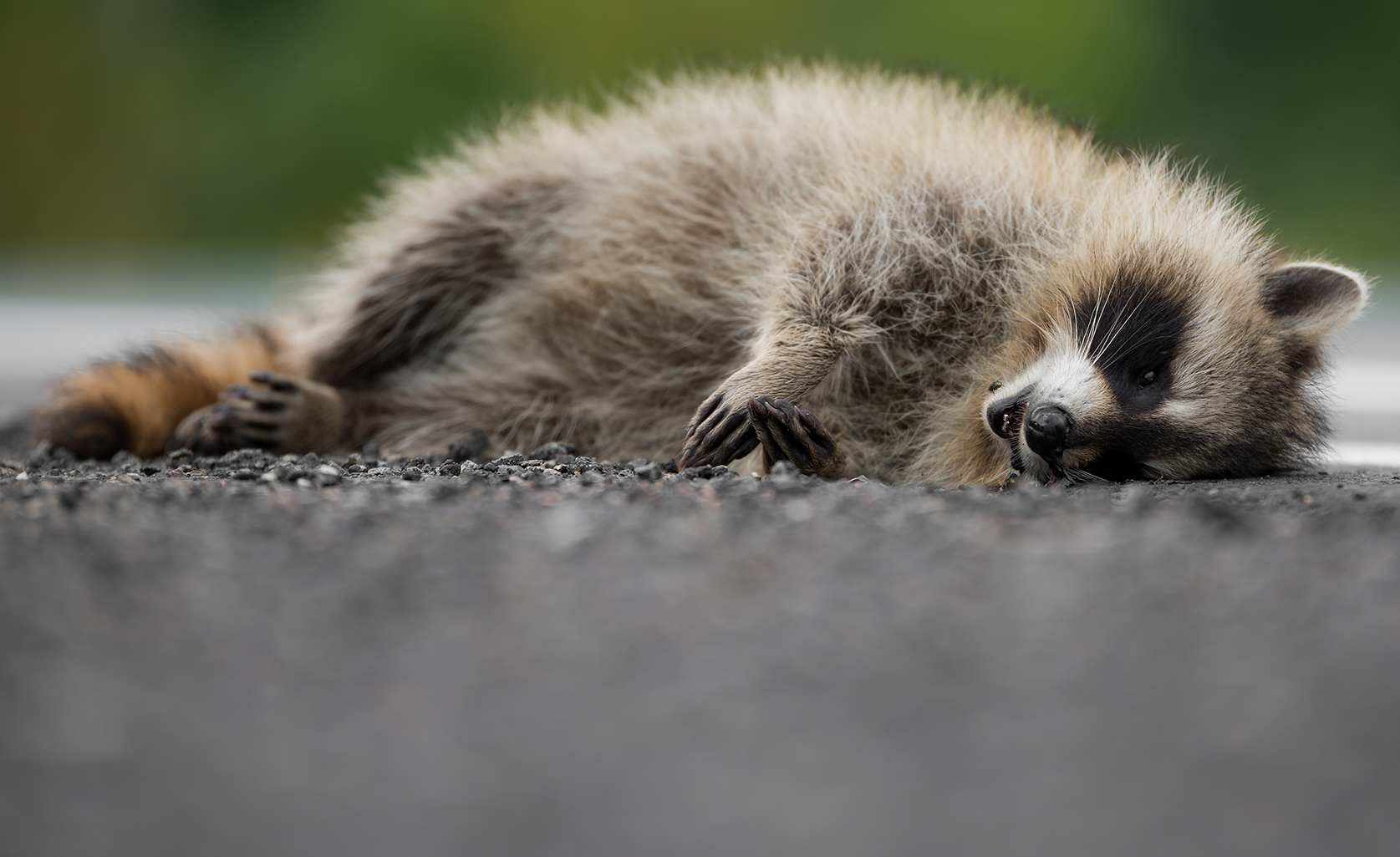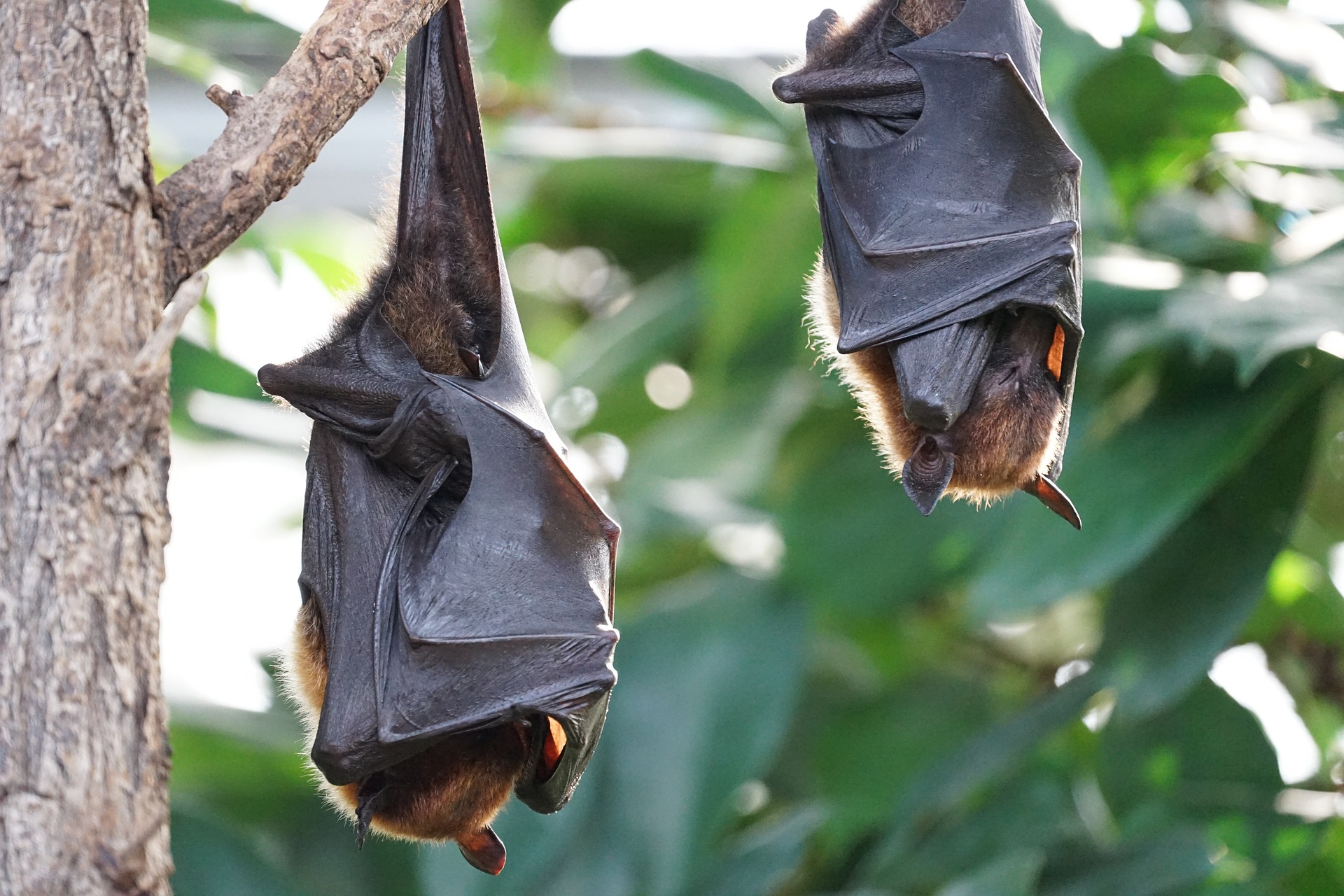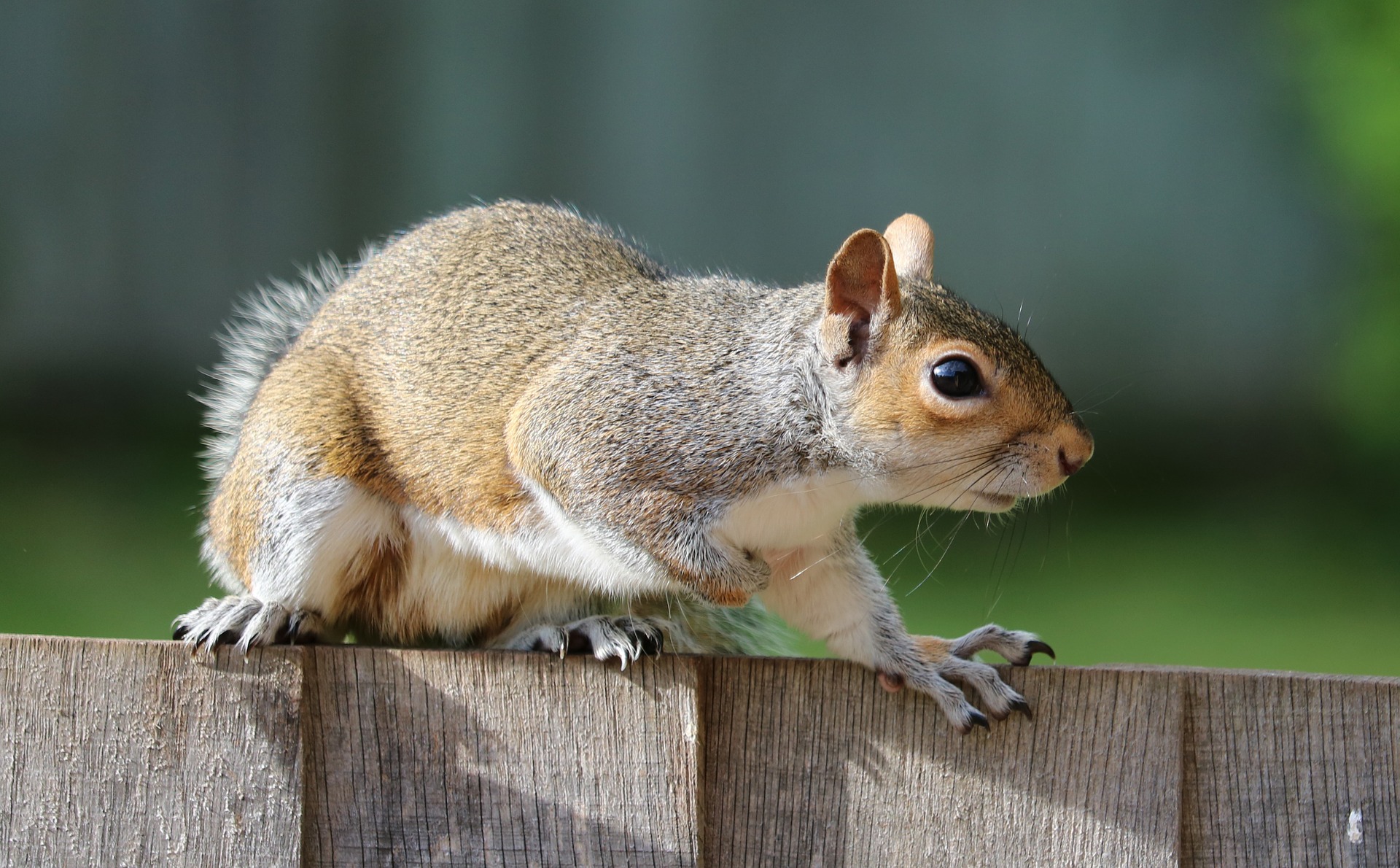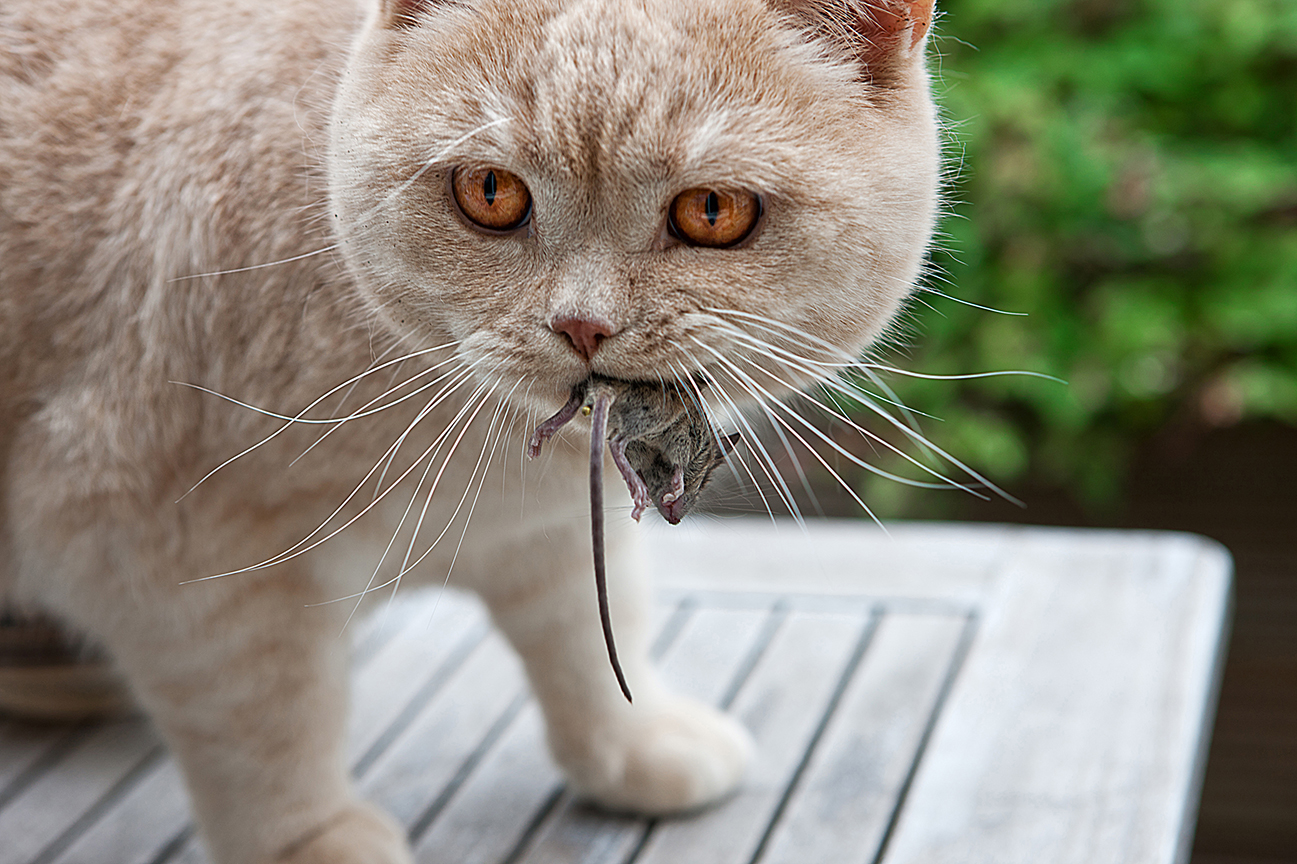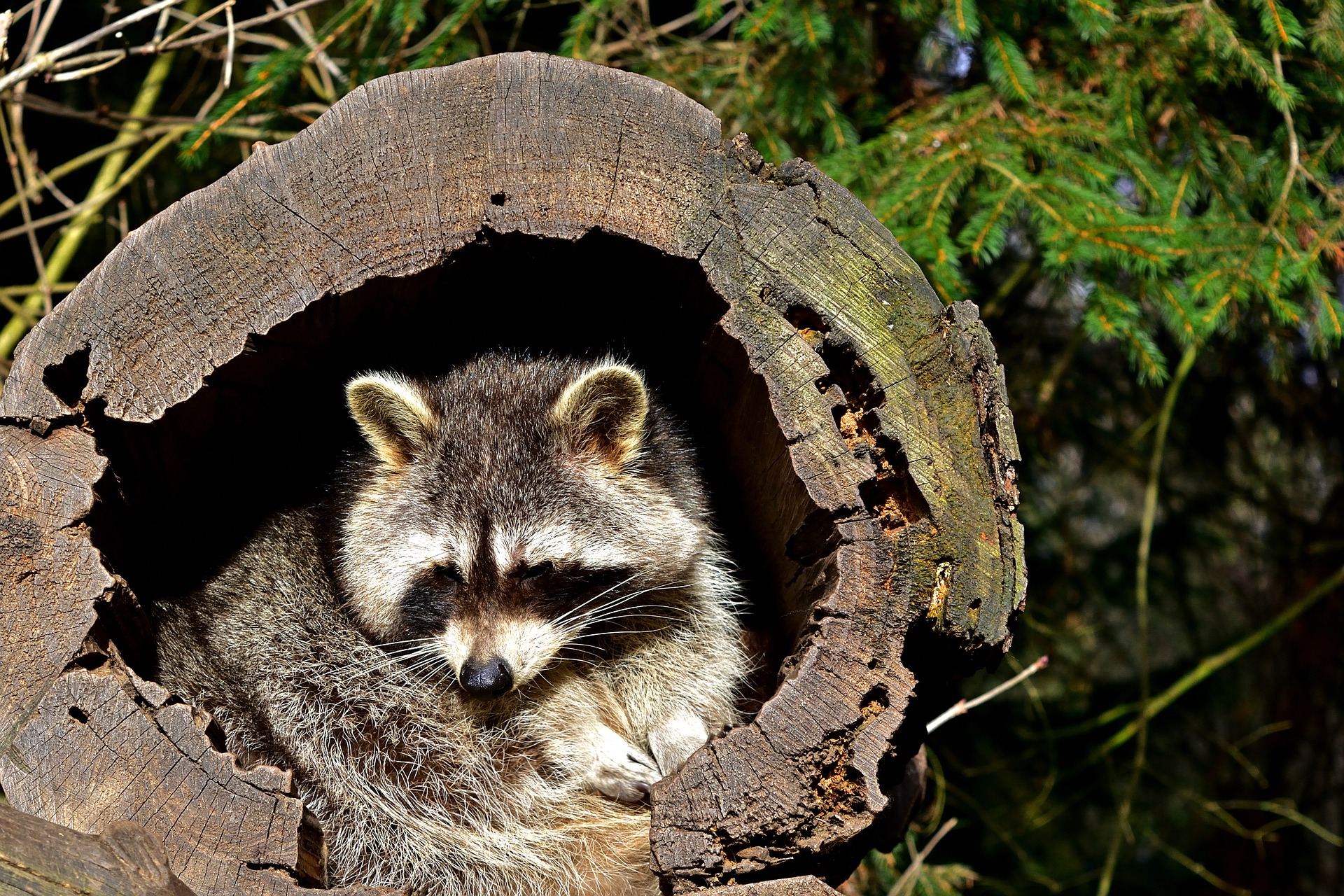
NYC is a hotspot for raccoons. As omnivores who will eat nearly anything, there is always food for them, whether it is in an open trash can or berries growing on bushes at the local park. But the development in the city has left few places in nature for raccoons to nest during breeding season and many have grown comfortable moving into homes and businesses for shelter instead.
Raccoon invasions and dens can happen anytime, but are especially common in the spring when female raccoons build their dens inside properties before giving birth. This creates a safe area for the babies when the mother goes out to forage for food. Their dens can be in a variety of locations throughout a building, although any place poses risks to the property and occupants.
Common Raccoon Hiding Places
Raccoons preferred nesting spaces are in areas that are quiet and not frequently disturbed by people. They are talented climbers and can easily scale a tree or trellis to reach a property’s roof. They can also use their dexterous front paws to tear into different materials, enlarging or creating an open if needed to get in.
In both residential and commercial properties in NYC, raccoons are most often found hiding in:
- Chimneys – Dark and unused during late spring and summer, chimneys are ideal for raccoons.
- Basements – A rarely visited building basement is a very popular place for raccoons to invade, especially if they sense that no humans have been there.
- Crawl Spaces – A home crawl space provides a dark and secure place that is often easy to get into.
- Attics – Exposed insulation or stored items provide materials for raccoons to build their nests from.
- Closets – A storage closet at a home or business is a quiet place to nest if the raccoon can get to it, though this is typically uncommon.
- Garages – Especially if trash cans are stored in or nearby, raccoons may nest in available garages.
- Outdoor Sheds – Sheds and other outbuildings are often less secure than a home, making them easier to get into and more private.
Preventing access to these spaces is a primary way to keep raccoons from hiding inside your property. Another is to keep food sources – like trash cans and pet foods – secured. Raccoons are more likely to den where there is access to food and water nearby, so removing.
If you already have a raccoon nest in your property, professional help is a necessity to remove it since raccoon’s attack if they feel threatened and there might be babies present. NY and NJ Animal Control Trappers can safely and humanely remove the entire raccoon family from anywhere on your property. Contact us today for 24-hour support.
Animal Removal Specialists in NYC and NJ
If you have live or even dead animals in or around your home or business that you need removed then we can help! We are Animal Control Wildlife Trapping Services- Rodent and Wildlife Removal in NYC and NJ, we specialize in the trapping and removal of all types of wild animals that may have invaded your territory. We offer 24 hour a day service to NYC, Brooklyn, Staten Island, Bronx, Queens, Long Island City & New Jersey and are just a call away at 646-741-4333!
Our Animal Control Team
The team at Animal Control NYC / NJ is experienced in trapping and removing wild animals and can help you get rid of any wildlife that may be a nuisance to you in your home, office or commercial property. In additional to removing any current animals that may have invaded your home, the Animal Control NYC / NJ experts will be able to provide you with repair and prevention options to keep your home critter free all year around.
Animal Control NYC Can Help You With:
Animal Control NYC / NJ can help you with trapping and removing wild animals from your property!
Animal Control NYC / NJ offers Humane Animal Control as well as removal of any animals that may have died on your property. Because of the risks of disease, never handle a dead animal on your own, always call a trained professional, it is not worth the risk.
Animal Control NYC & NJ Google Reviews



24 hour service, 7 days a week
With just one call we can give you a quote and book your animal removal appointment today!

24 Hour Animal Control in NYC, Brooklyn, Bronx, Queens, Long Island City & New Jersey, call 646-741-4333 today!
Humane Animal Control · Squirrel Removal · Raccoon Removal · Bird Removal · Dead Wildlife · Mice and Rat Control
From trapping to prevention options, the Animal Control NYC experts can help you keep your home critter free!
We use high quality traps and equipment to make sure the job is done right the first time. You can count on US 24 hours a day, 365 day a year.
Now serving both NYC and Central NJ including Freehold, Farmington, Wall Township, or Marlboro Township as well as Shore Towns including but not limited to: Belmar, Deal, Long Branch, Sea Bright, Ocean Grove and Spring Lake
Get a Free Quote Today
Need emergency animal control? We can come to your home or office 24 hours a day to remove any critters that may be invading you.
Just give us a call or fill out this form and we will contact you shortly to discuss your animal control needs.
Animal Control NYC
431 E 102nd New York, NY 10029
info@animalcontrol.nyc
Direct: (646) 741-4333
Fax: (646) 661-2531
Animal Control NJ
62 E Main St Freehold, NJ 07728
info@animalcontrol.nyc
Direct: (732) 387-4135
Fax: (646) 661-2531
Our experienced technicians will do a through inspection of your home or office and after the animal removal will usually offer ways to prevent future invasions.
